FAQ
This page lists the most frequently asked questions about studying art at the Hochschule für bildende Künste (HFBK) Hamburg - and, of course, the answers.
Which subjects can I study at the HFBK Hamburg?
If you are looking for a state art university in Europe, and specifically in Germany, where you can study art in an interdisciplinary and truly free way, then you have come to the right place. At the HFBK Hamburg, Fine Art is intentionally not divided up into study subjects or into the classic disciplines – all students study the single subject »Fine Arts«, on equal terms. Within this single subject, there are 8 study areas (see departments), with corresponding professorships.
When you apply for a study place (on the Bachelor of Fine Arts programme), you will be asked to give your preferred study area. However, after your first year – which is the orientation phase – you are free to study any combination of study areas, depending on which aspects of art interest you personally. In the Master's program, you enter directly into the specialization for which you have been admitted.
The same is true if you opt to study for the Lehramt (art teacher education programme) at the HFBK Hamburg.
What degrees can I study for at the HFBK?
The »Fine Arts« Bachelor-/Master study programme allows you to study for the Bachelor of Fine Arts qualification and, subsequently, for the Master of Fine Arts qualification at the HFBK Hamburg.
The teacher education programme is always combined with the Universität Hamburg and with the awarding of the Bachelor of Education or the Master of Education qualification.
It is also possible to study for a doctorate at the HFBK Hamburg, which confers the title Dr. phil. in art. (philosophiae in artibus) and PhD in Art Practice.
What is special about studying art at the HFBK Hamburg?
The HFBK Hamburg’s interdisciplinary study structure allows students to study in a particularly free way. The taught content is not arranged in rigid course structures, and this allows students to pose new questions and to develop new, innovative solutions. Studies centre on self-determined explorations of art and project-based and experimental ways of working.
Another special feature of the HFBK Hamburg is its excellent workshops, where almost any kind of art-related technical craftwork can be carried out. Students receive guidance and comprehensive support from the workshop supervisors.
The HFBK Hamburg is also very committed to student international exchanges. The university’s large number of partner universities and its generous support provision programme allows it to maintain excellent international connections.
How are studies organised?
The Bachelor study programme begins with a one-year orientation phase. During this, students are intensively supervised in basic classes.
Afterwards, the students increasingly pursue their own artistic interests and individual projects, solo or together with others. They will generally seek out a professor who will be able to help them move forward in their chosen pursuits. The final allocation to the classes takes place after the 1st presentation. Participation in the 1st presentation after the 2nd semester is compulsory.
The focus of all studies is on students' own artistic work. You will be awarded ECTS credits (required to pass the final examination) for taking part in classes, workshop courses, projects etc.
In principle a workspace is available at the university for anyone who wishes to work here.
Can I choose which professors I study with?
In theory, yes, but professors also have the right to choose which students they teach. The professors of art (many of whom are well-known artists) each have a closed group of students whom they supervise. Understandably, they will prefer to include students whose work they find particularly interesting.
However, as a rule, anyone can be admitted to their group tutorials. And anyone who (persistently) gets in touch should receive a reply.
Admission to the classes conducted by professors of Theory and History and other tutors is not restricted in this way. Their lectures are, of course, open to all students!
Are all classes taught in German?
Lectures and classes at the HFBK Hamburg are usually conducted in German. Prominent international figures we have been fortunate enough to attract to the HFBK Hamburg will sometimes teach in English.
Proof of knowledge of the German language is required for some degree programmes.
We strongly recommend that you have knowledge of the German language in order to be able to take full advantage of the courses offered (seminar, lectures, group and individual discussions, workshop offerings and more).
Is it free to study at the HFBK Hamburg?
In Hamburg, tuition fees were abolished for students studying at state universities as of 2012.
There are, however, certain required payments that must be paid promptly every semester: an administrative costs payment, a contribution to AStA (the student committee) and to the Studierendenwerk (the student union) and an additional payment to cover the cost of the semester ticket for public transport. The precise amounts involved vary slightly.
Where can I apply for financial support?
You can apply for a bursary to fund your studies in Germany from DAAD at any German embassy in your home country.
If you do not have enough money to cover your living costs and pay for essential study materials, you may also be eligible for BAföG (for instance, if you are an accepted asylum seeker or foreigner with permanent residency in Germany).
There are a number of bursaries and funds specifically for HFBK students, which you will be able to apply for when you have begun your studies. There are even special funds specifically for HFBK students from abroad.
Is Hamburg an expensive place to live?
Yes, Hamburg is a rather expensive place to live – particularly when you have to find rooms there. As a penniless student, one must be prepared to compromise and, if necessary, be prepared to settle for a modest place to live or one that is some distance away from the university. You can enquire about vacancies in the student halls of residence at the student union. If you go online, you will find a number of housing exchanges offering housing or flat share arrangements (so-called Wohngemeinschaft, short: WG).
Pub and restaurant prices in Hamburg are also more than averagely expensive. However, there is no need for anyone to starve: the HFBK Hamburg has an excellent Mensa (cafeteria) which offers a healthy lunch with special low subsidised prices for students.
One good thing about the economic conditions in Hamburg is that it is relatively easy to find a part-time job with a wide variety of employers.
How do I apply to the HFBK?
Applicants have to begin their studies at the HFBK Hamburg at the start of the winter semester. This means that the annual application period is very brief (!), and that you must apply before the application period ends.
You will then submit a digital portfolio containing about 20 examples of your own artwork plus your CV and certified document copies. In the case of overseas applicants, documents may have to be translated into English or German if necessary.
You first enter your application online in our application portal.
Because German is the main language at the HFBK, foreign applicants are also requested to provide evidence of proficiency in the German language.
Can I look around the HFBK before applying?
Absolutely! This is why we provide a prospective students information day as well as guided tours as part of the annual exhibition (in February) and the graduate show (in July).
Can I study at the HFBK if I have not gained an Abitur qualification?
This may be possible. Applicants without basic university entrance qualifications can be admitted to the HFBK Hamburg as arts students if the selection commission is convinced that they possess outstanding artistic ability. If this is your situation, please apply in the normal way.
What should I include in my digital application portfolio?
It should contain around 20 artworks completed by you. The main issue is not their technical or graphical perfection. It is more important for them to reveal your personal attitude to art – the themes that interest you and the way in which you address them. You can fill your digital artistic application portfolio with works such as PDF files, videos - including videos of your paintings or sculptures - films, documentation of performances) from the last two years.
Does the HFBK offer advice on portfolios?
The HFBK Hamburg has decided not to provide advice on portfolios, as we want your portfolios to be as authentic as possible and not tailored to a set of expectations. However, the individual departments do offer advice sessions for applicants and those who are interested, during which professors may be willing to discuss individual artworks.
What should I do if I miss the applications deadline?
Unfortunately, you will have to wait a year to apply again. Applications cannot be submitted after the deadline. This rule applies to all applicants.
The application period is precisely defined (please click on the links below): February for Bachelor/Master of Fine Arts and teacher education programme, September for doctorates.
How are applicants assessed?
After the application deadline, an admissions committee will review the application portfolios. The committee is made up of three professors, one member of the academic staff with voting rights and two students without voting rights.
The committee evaluates the application portfolios in categories A (admission) and C (rejection). Applicants who receive an A can begin their studies in the following winter semester.
The individual selection commissions for each department are free to invite applicants to a face-to-face meeting, or to complete a practical task. This generally takes place in April.
When will I know whether I have been accepted or not?
The decision on admission to the Bachelor's degree program is made by the end of April of the application year at the latest. If the admissions committee is unable to make a clear decision based on the digital portfolio, you may be invited to a short personal interview with your physical application portfolio (application portfolio with the original artistic works). The interviews usually take place from mid to late April.
The decision on admission to the Master's program is made by mid-June of the application year at the latest. If the admissions committee is unable to make a clear decision based on the digital portfolio, you may be invited to a short personal interview with your physical application portfolio (application portfolio with the original artistic works).
All information and decisions can be found in your applicant account in HISinOne.
I have been accepted. What happens next?
You must first accept your study place. Please note the deadline for this. You will be informed of this in your letter of admission.
At the beginning of June, you will receive further information on enrollment in your applicant account. You must enrol latest by June 30 of each year, otherwise your study place will expire (for teacher training students: by August 31).
In September you will receive a written communication containing important event dates for the beginning of your studies (you must turn up for these!).
An up-to-date lecture timetable can be downloaded from late September.
Can I take part in student events at the HFBK Hamburg as a guest?
In exceptional cases, this is possible in principle. Either as a free mover, if there is no agreement or exchange program with your university, or individually as an auditing student for individual courses. In all cases, official admission is required!
Important: Only persons with no intention to apply for a regular study place at the HFBK can be admitted as auditing student!
I want to transfer to the HFBK from another art university. What parts of my previous studies will be recognised?
You can only apply for recognition of credits already earned after your application has been successful. Once your application has been processed by the examination board, you will receive a written notification. More info on the recognition of completed studies can be found here.
Contact for application and registration queries:
Students Office
Room: Wartenau 15, Raum 01 / 04a
Phone: +49 40 428 989-269
Fax: +49 40 42 89 89-377
Mail: hfbk-studverw@hfbk.hamburg.de
Contact for ERASMUS exchange queries:
International Office
- Gaby Grumke
- Room:04b Wa
- Phone: +49 40 23 85 82 265
- Mail:internationaloffice@hfbk.hamburg.de
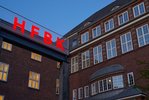
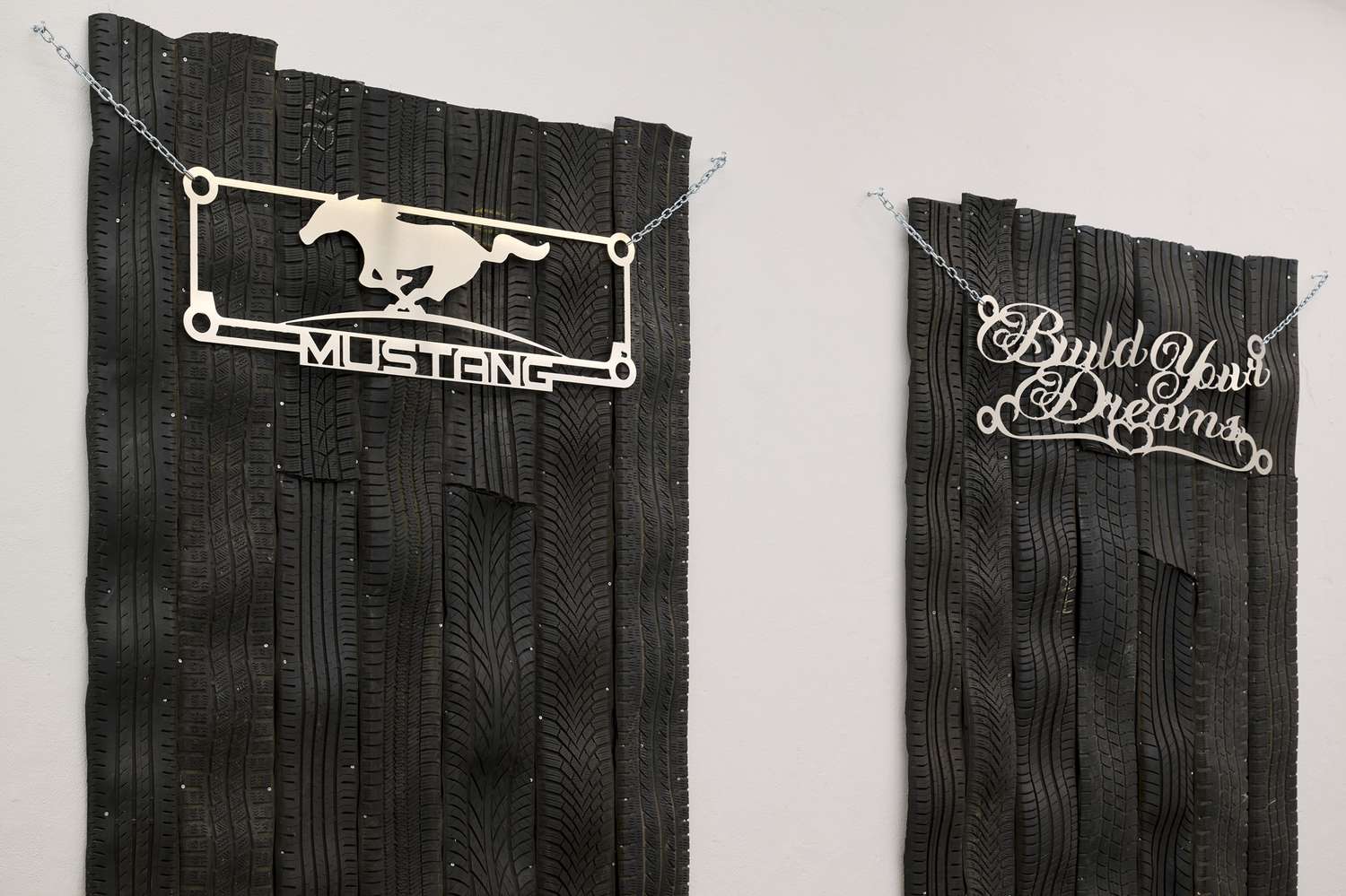
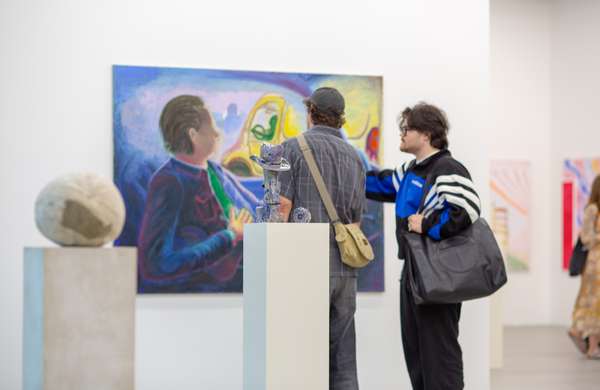

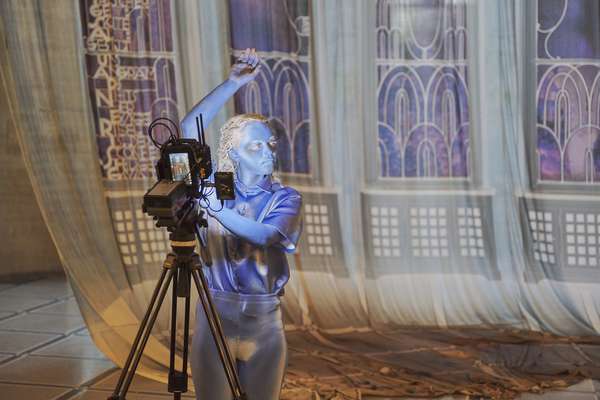


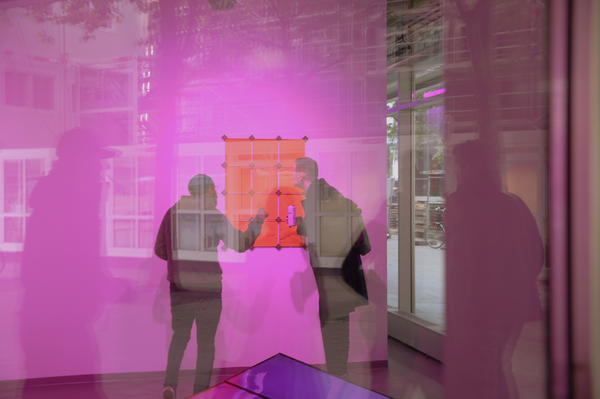
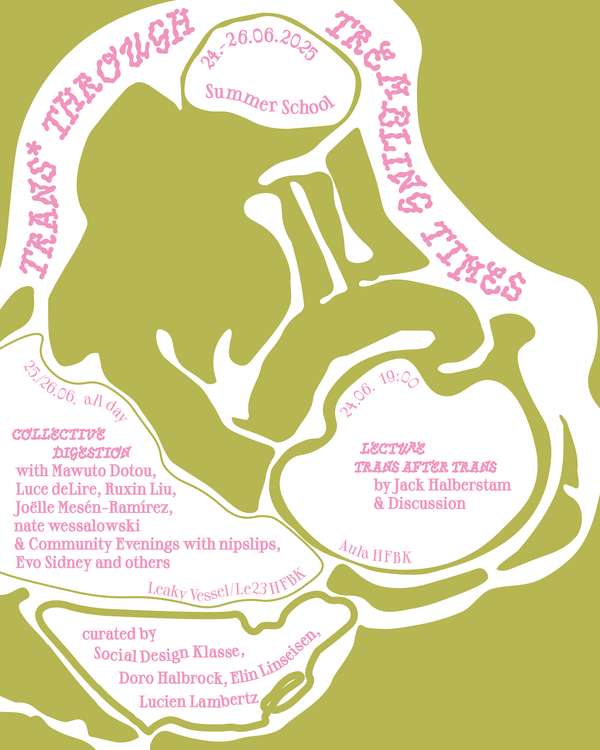
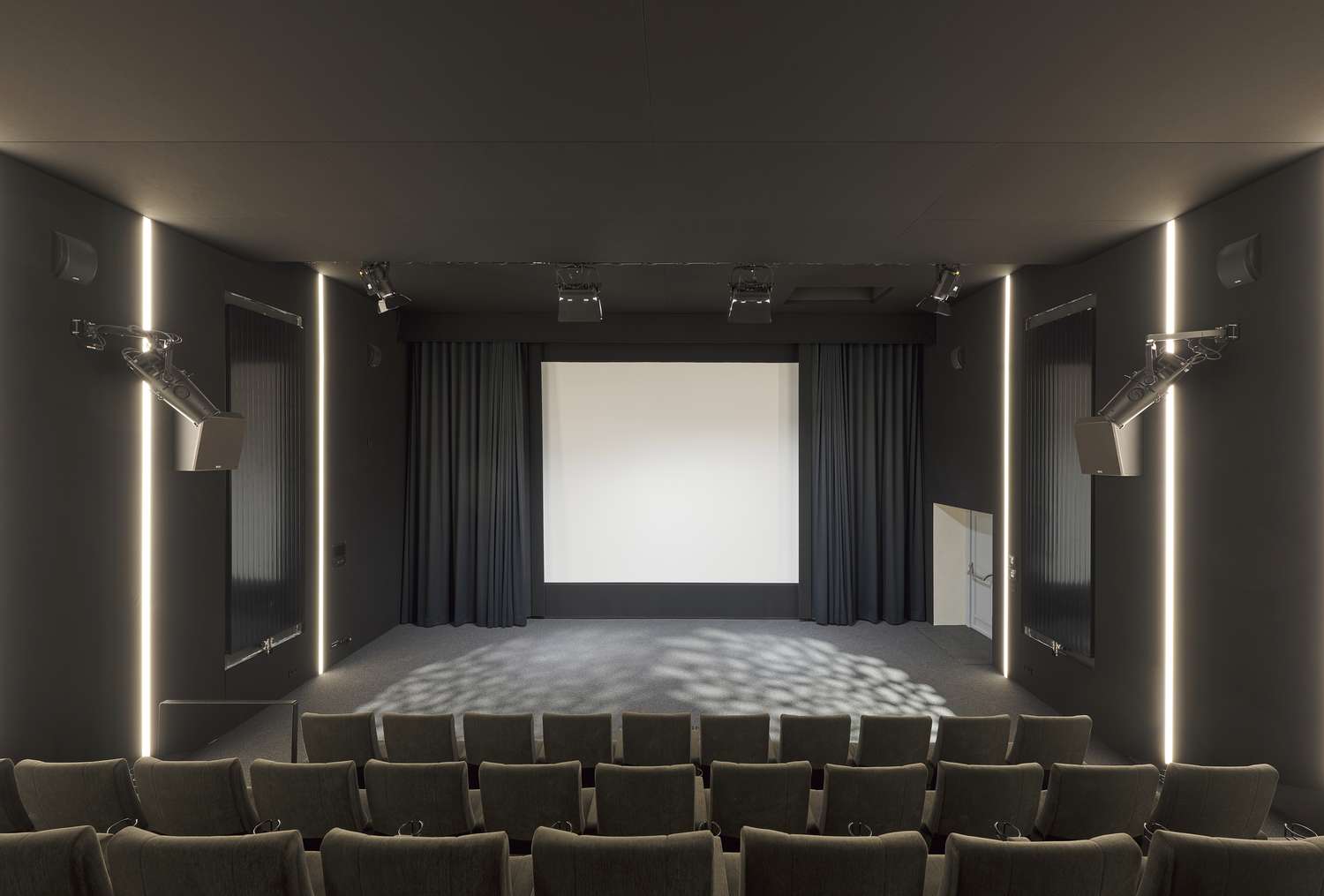
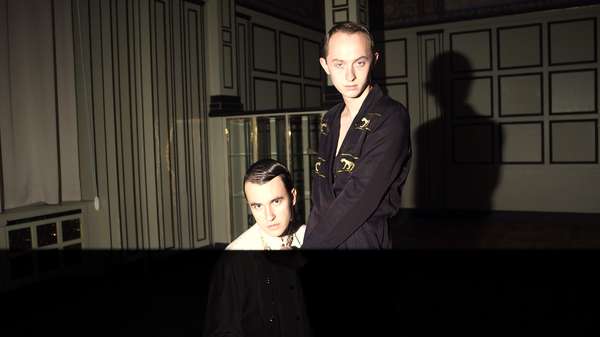
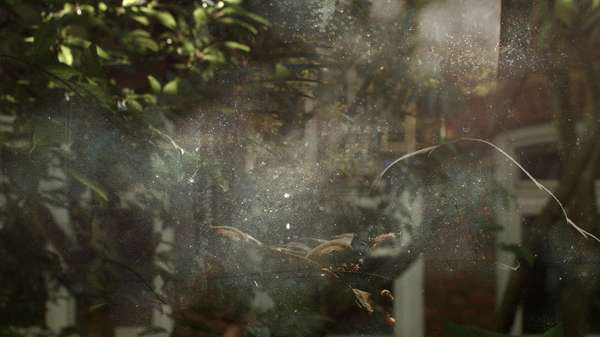


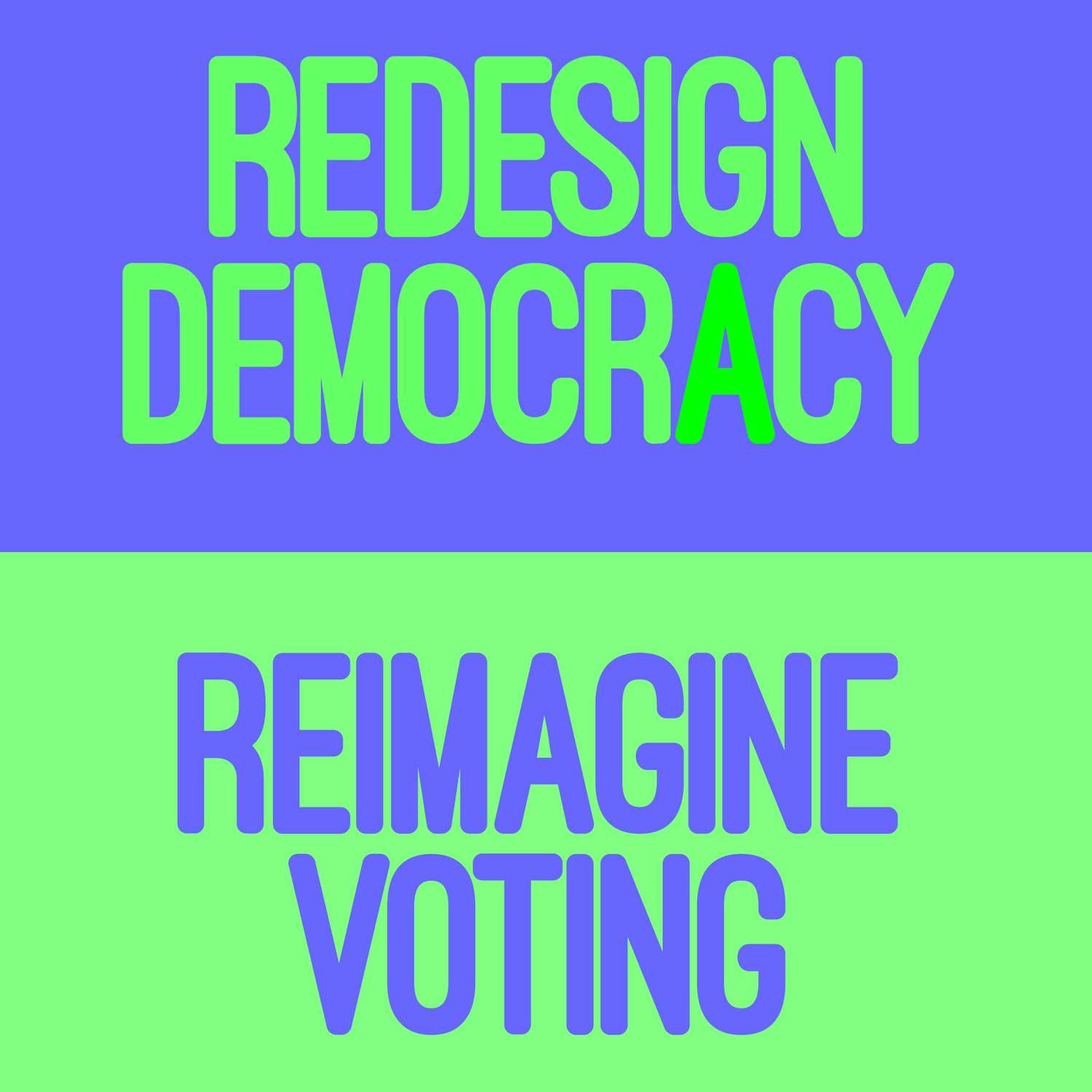
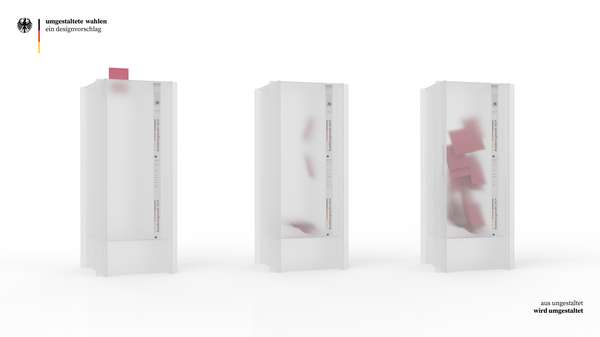
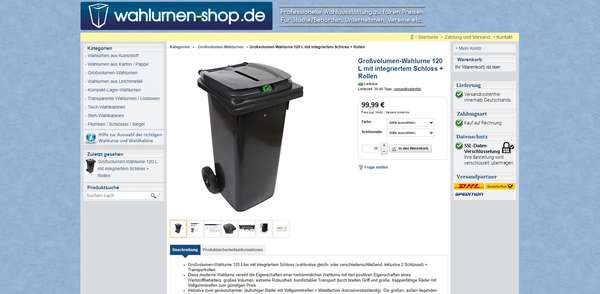

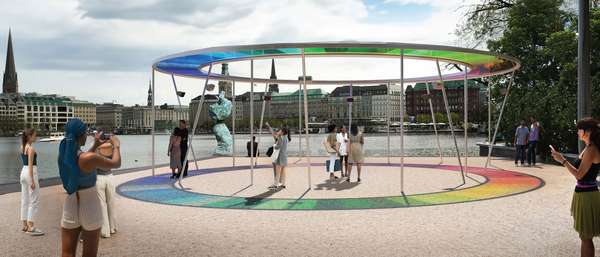
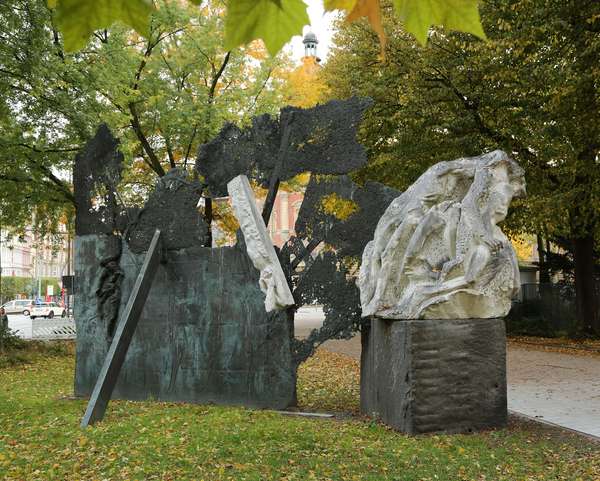
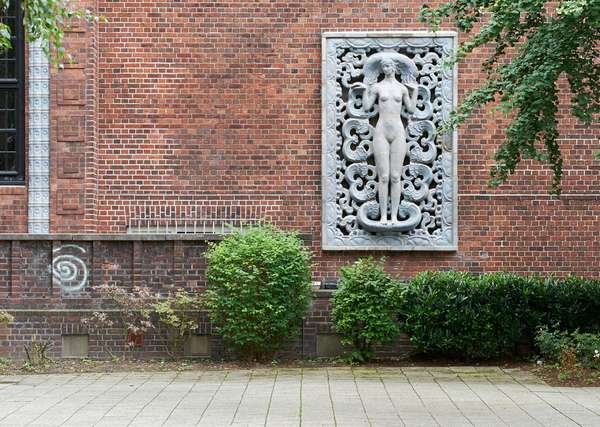
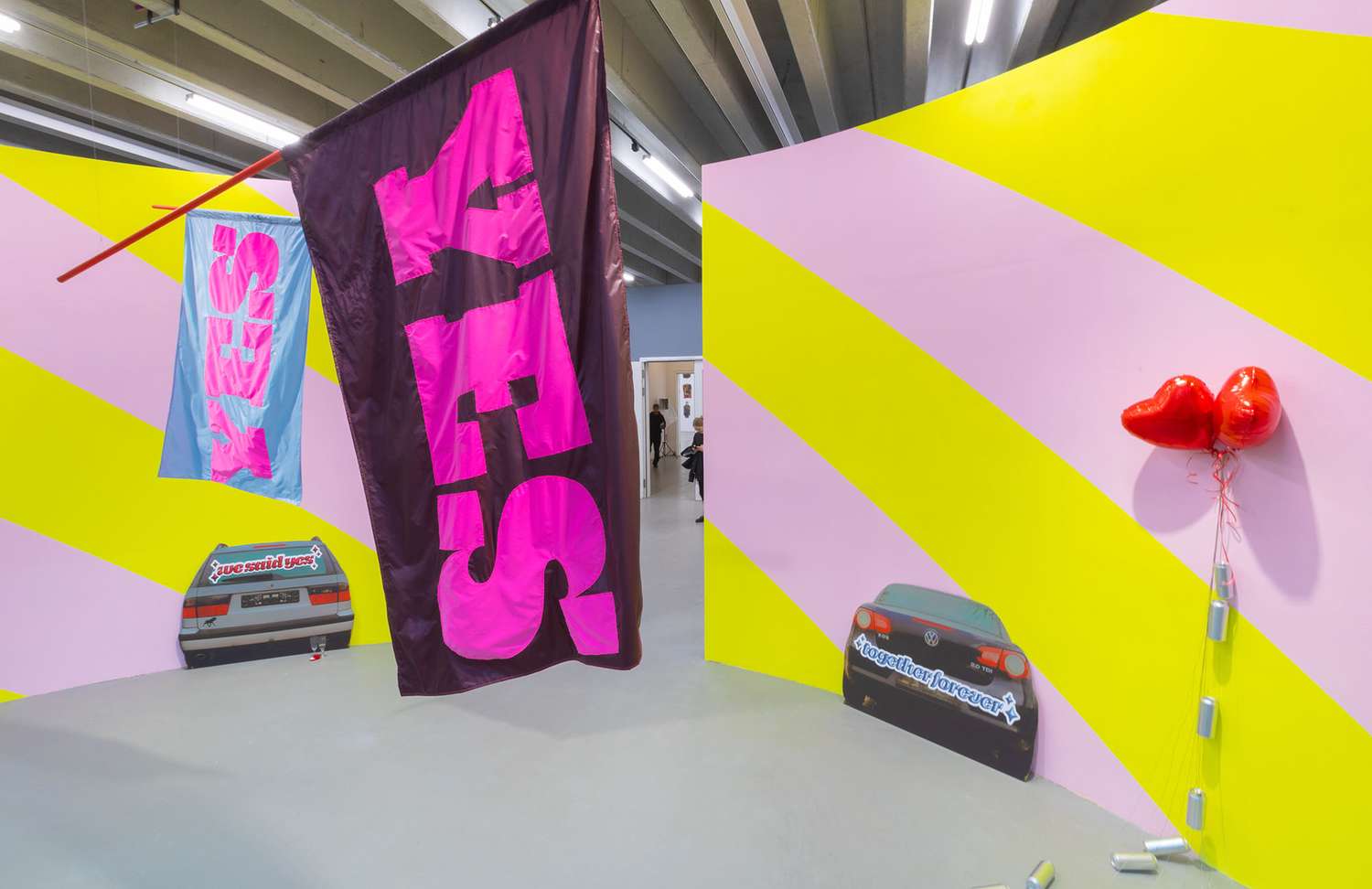
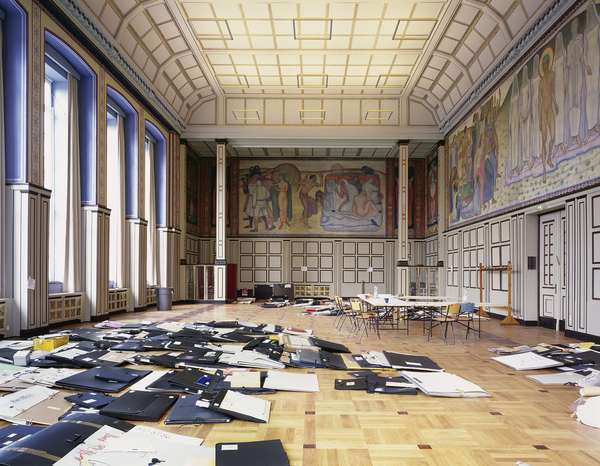
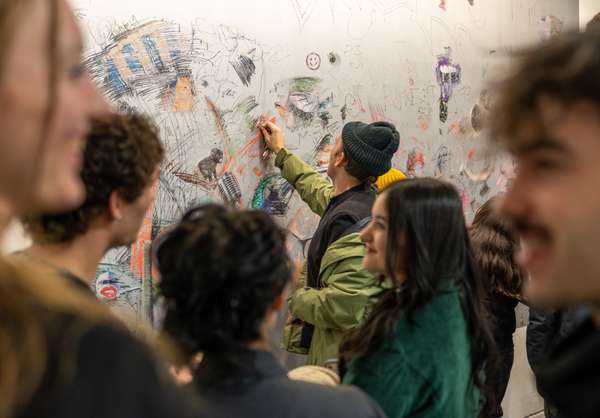
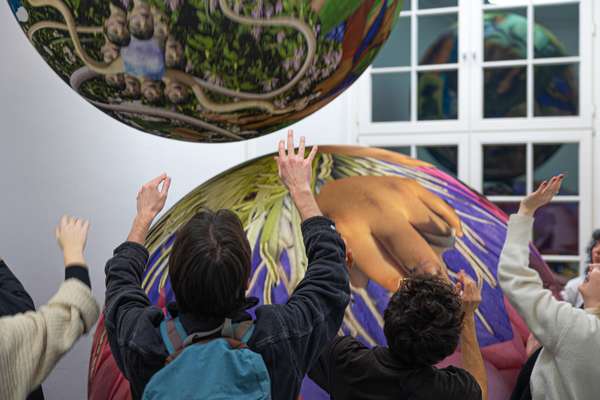


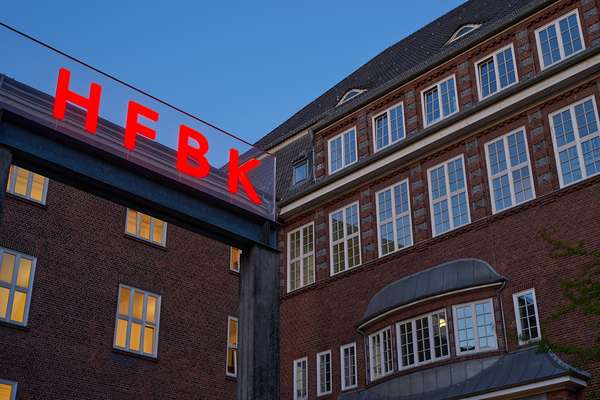
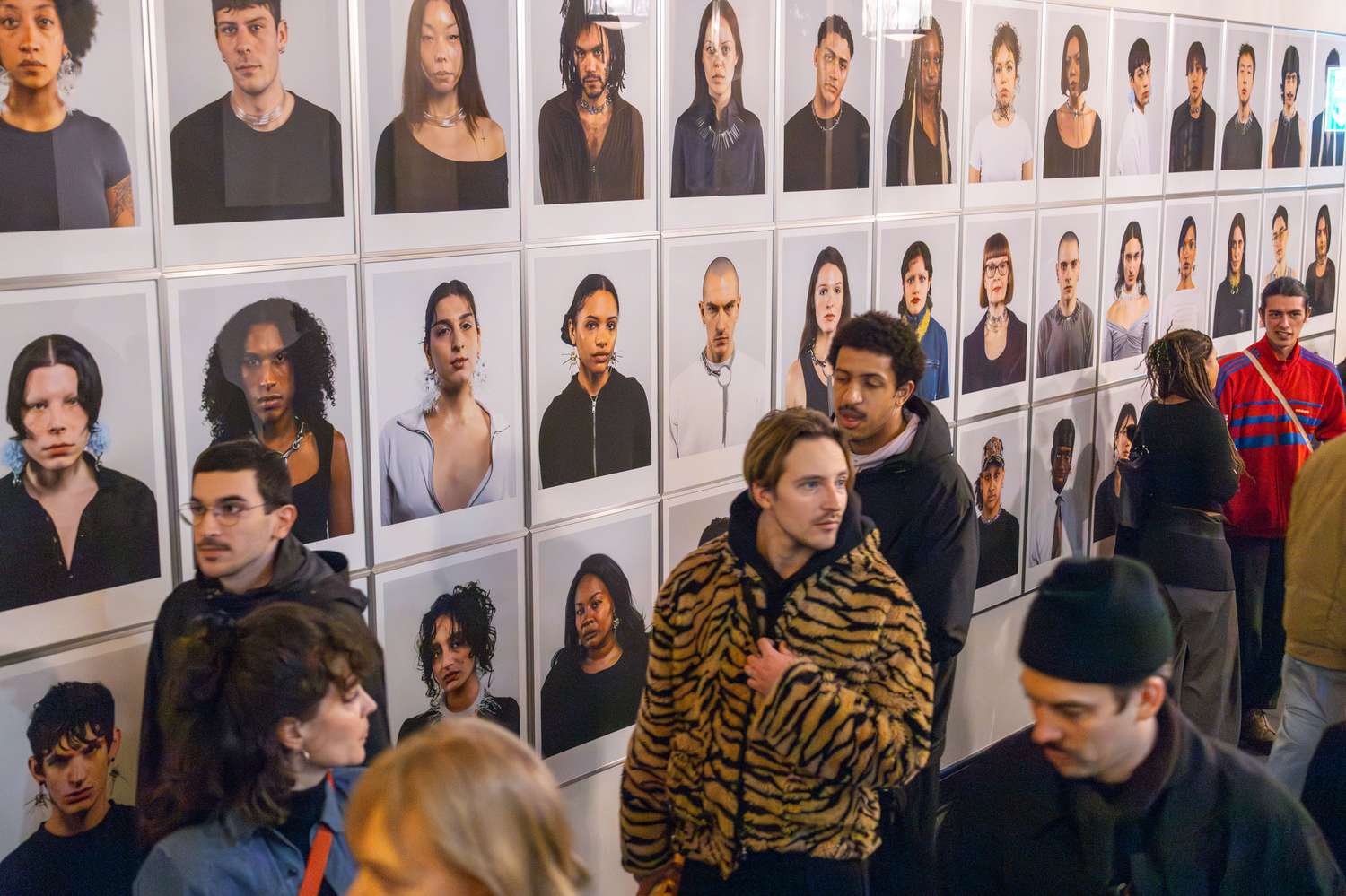

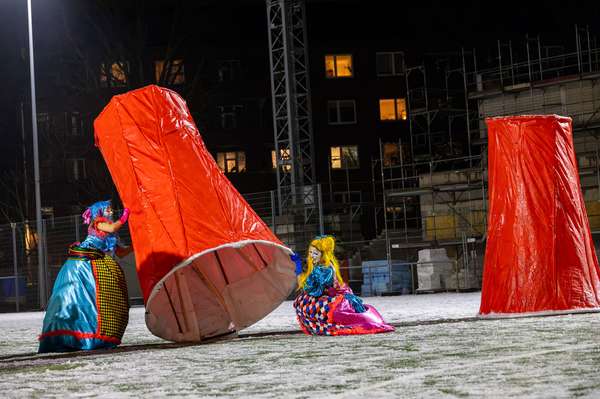
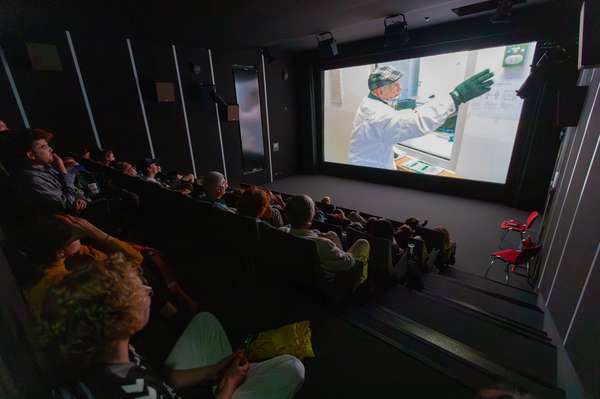
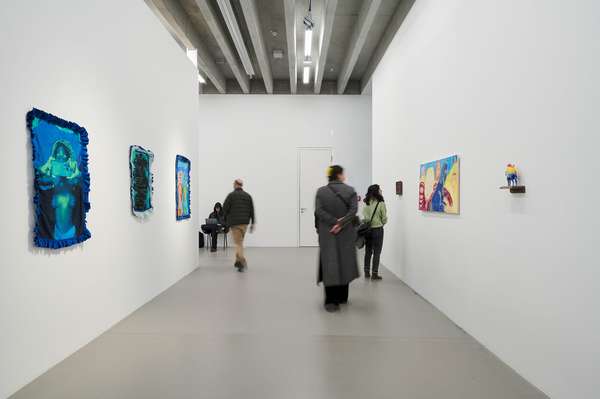
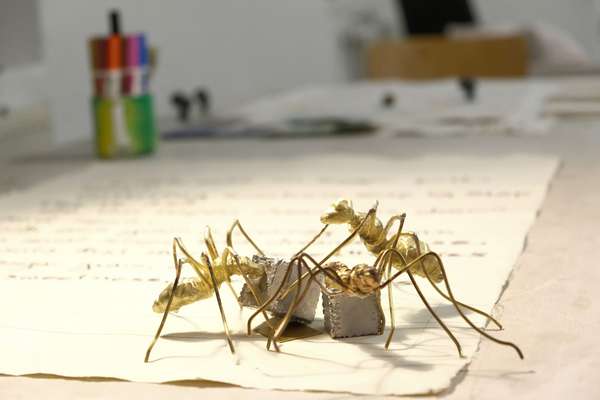
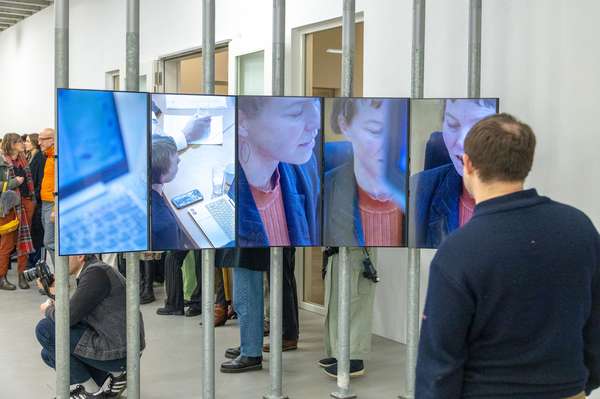
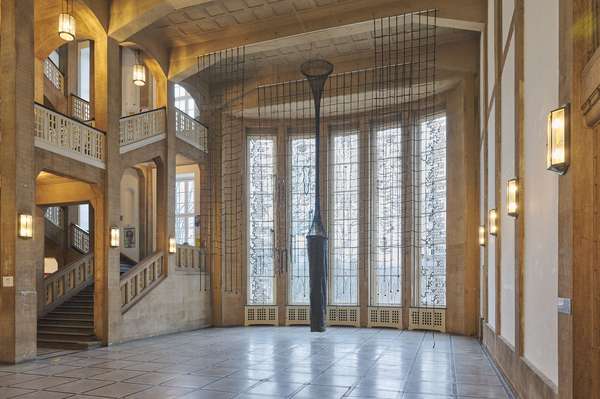
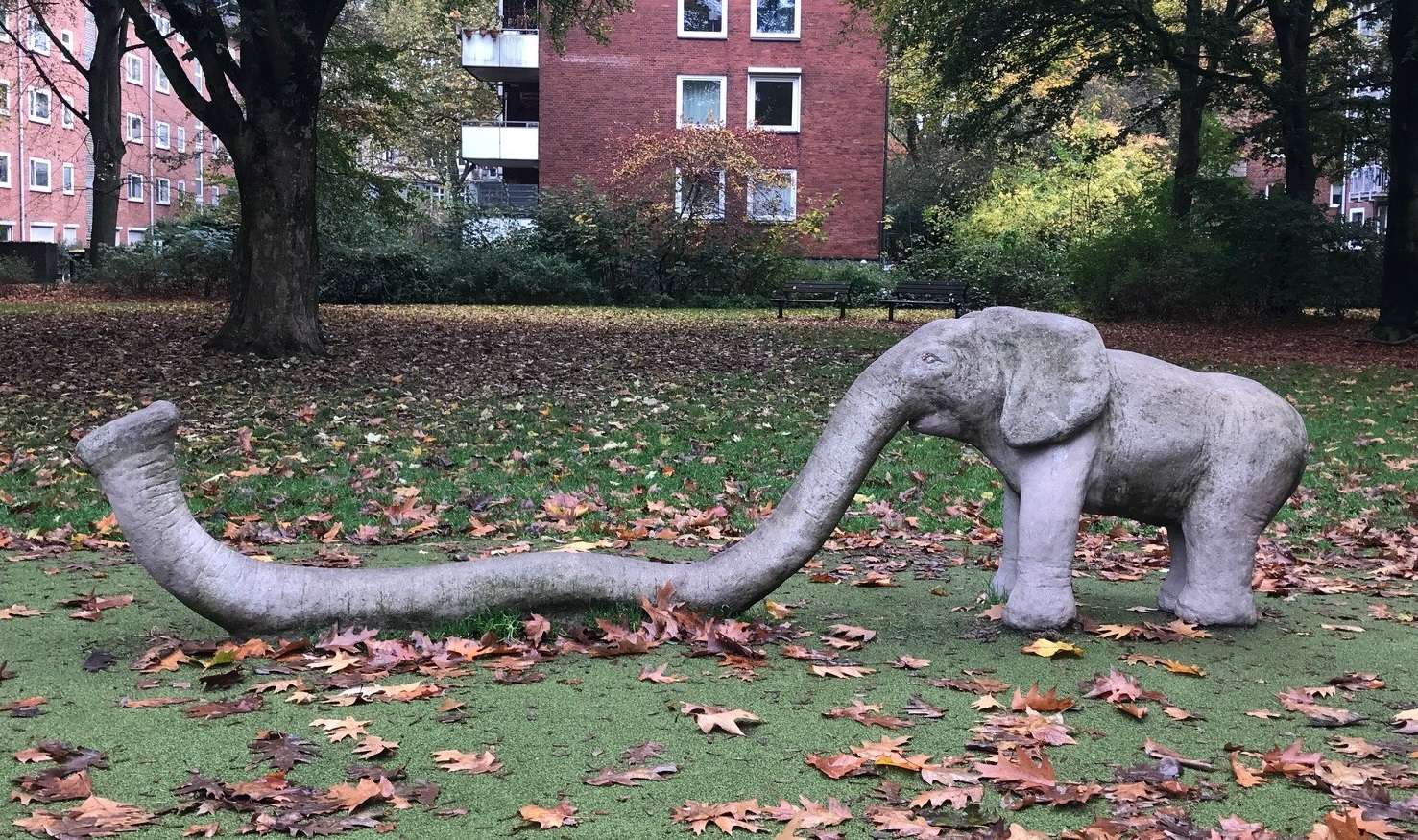
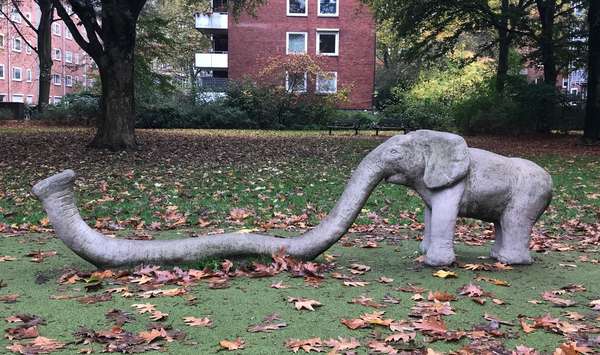
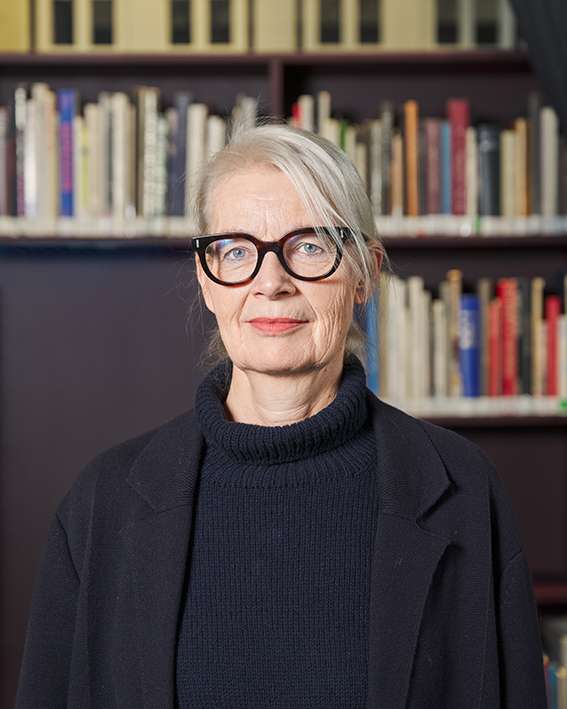
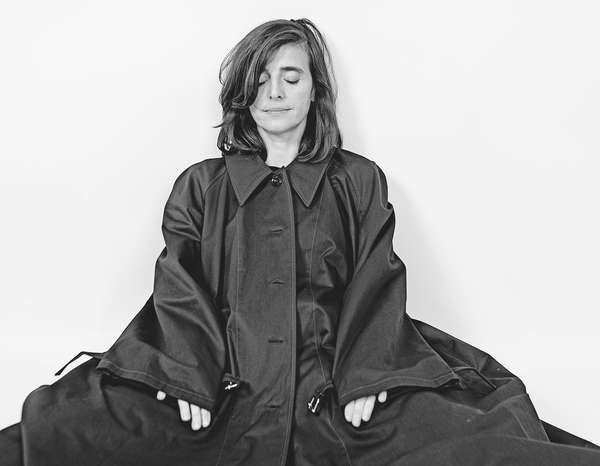
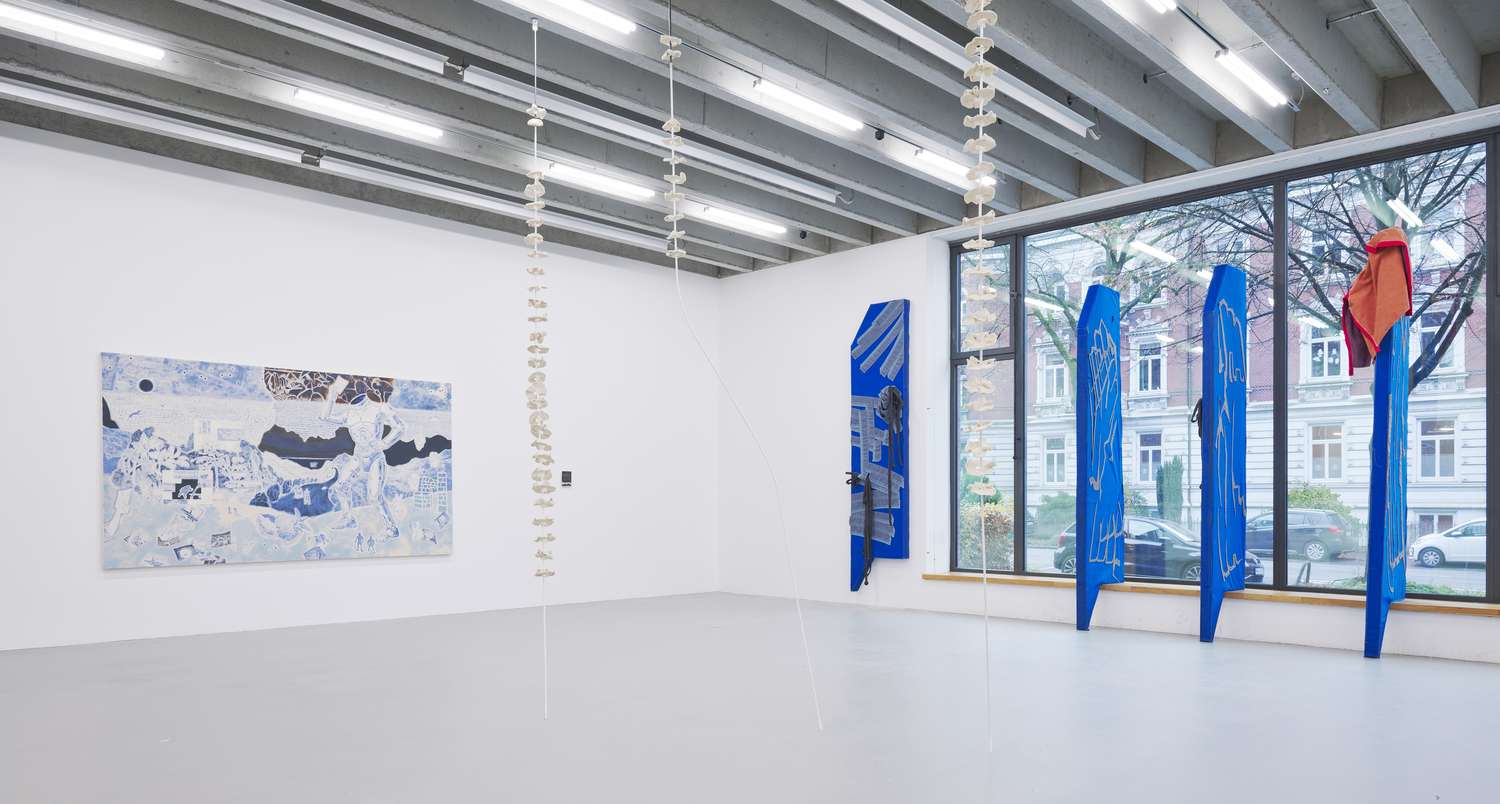
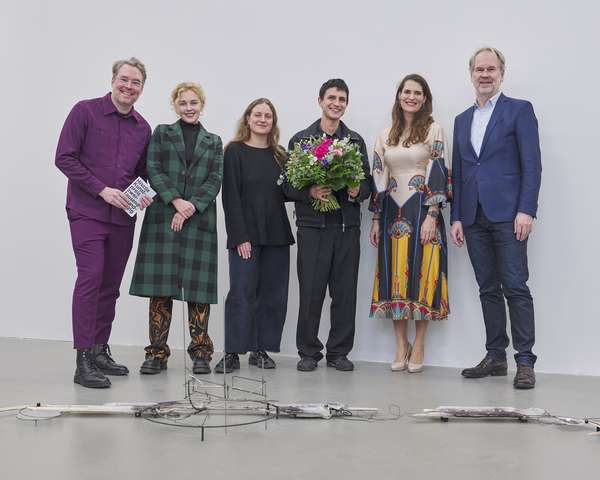
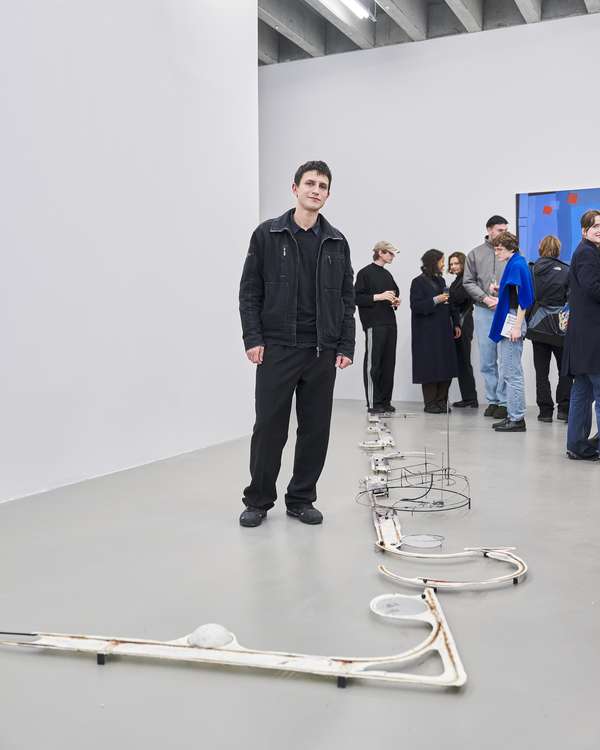
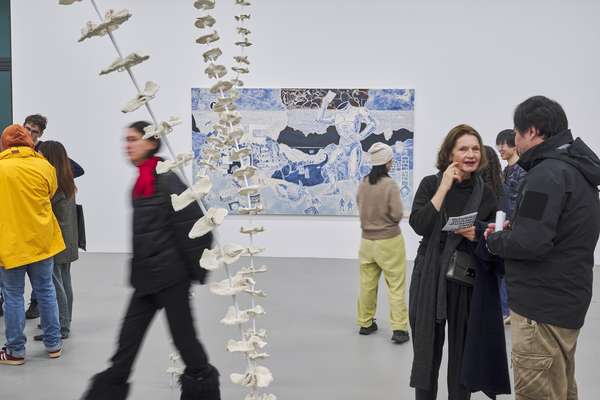
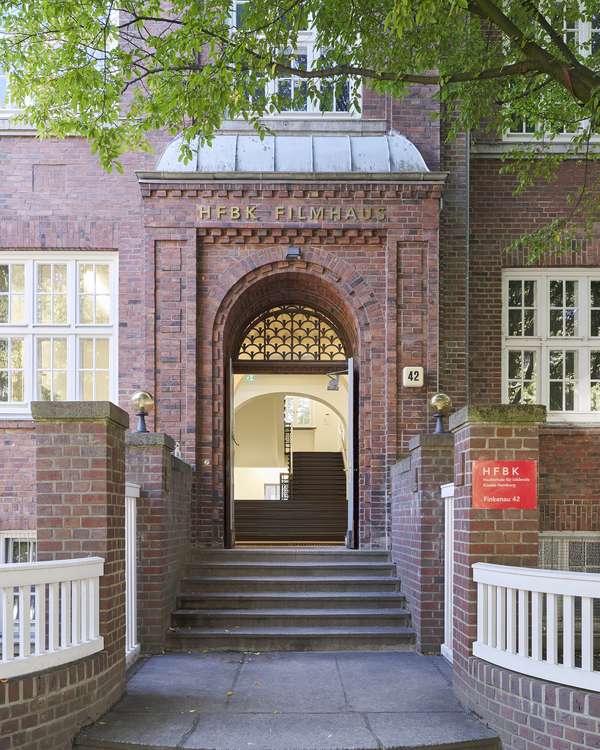
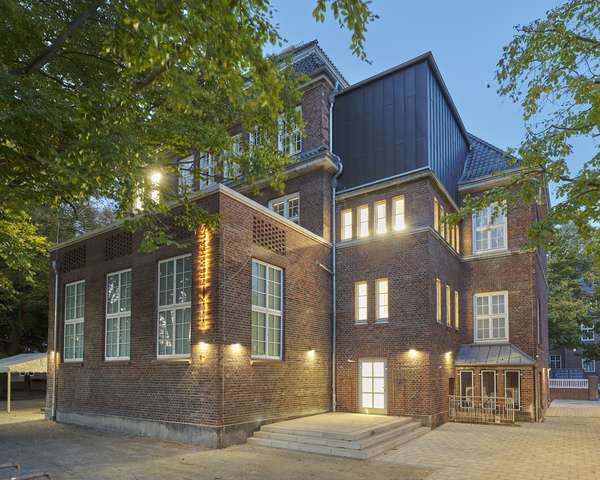
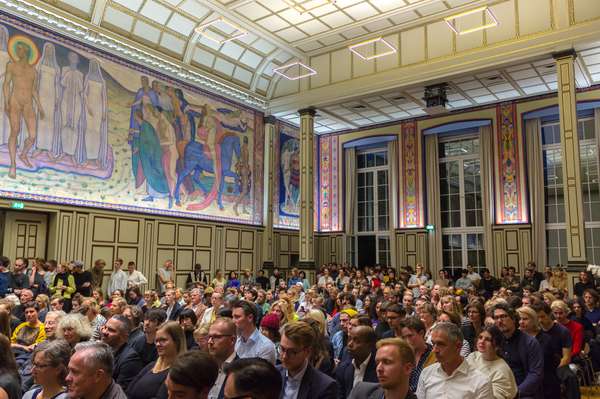
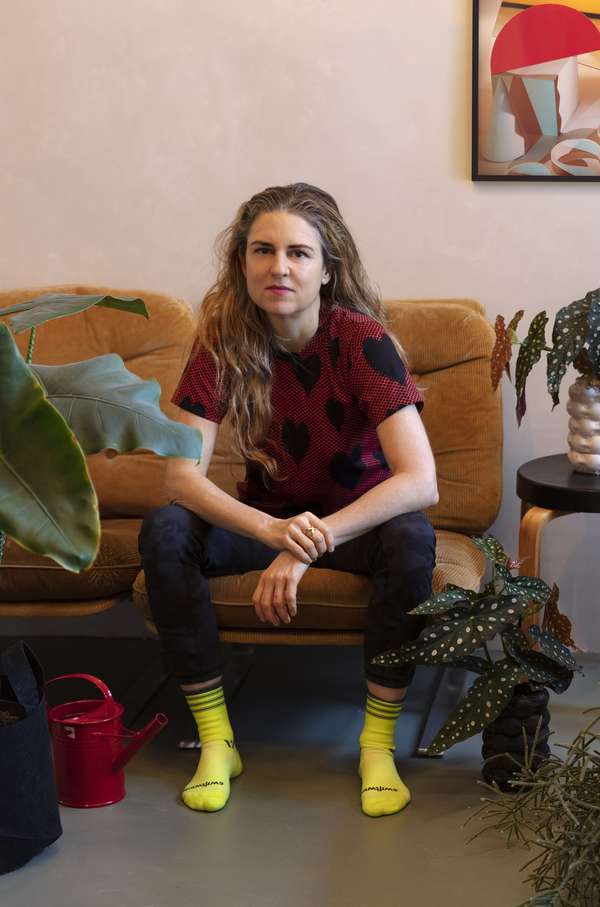
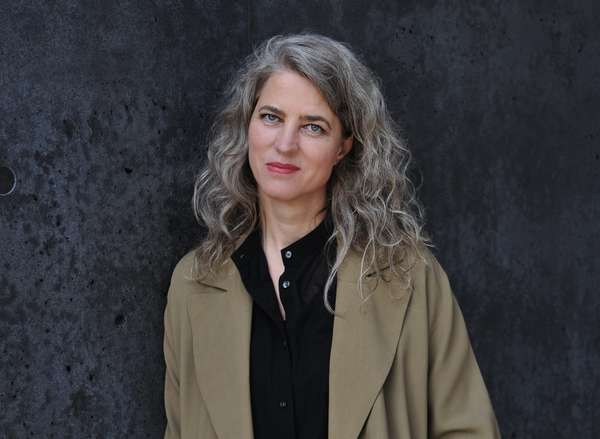
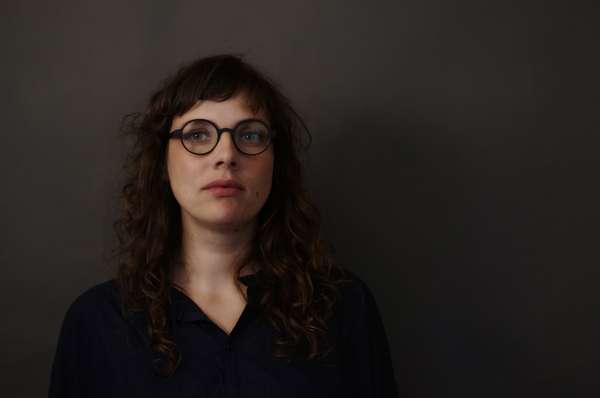
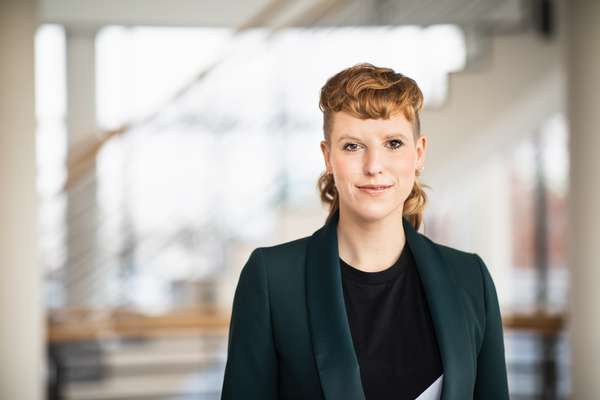
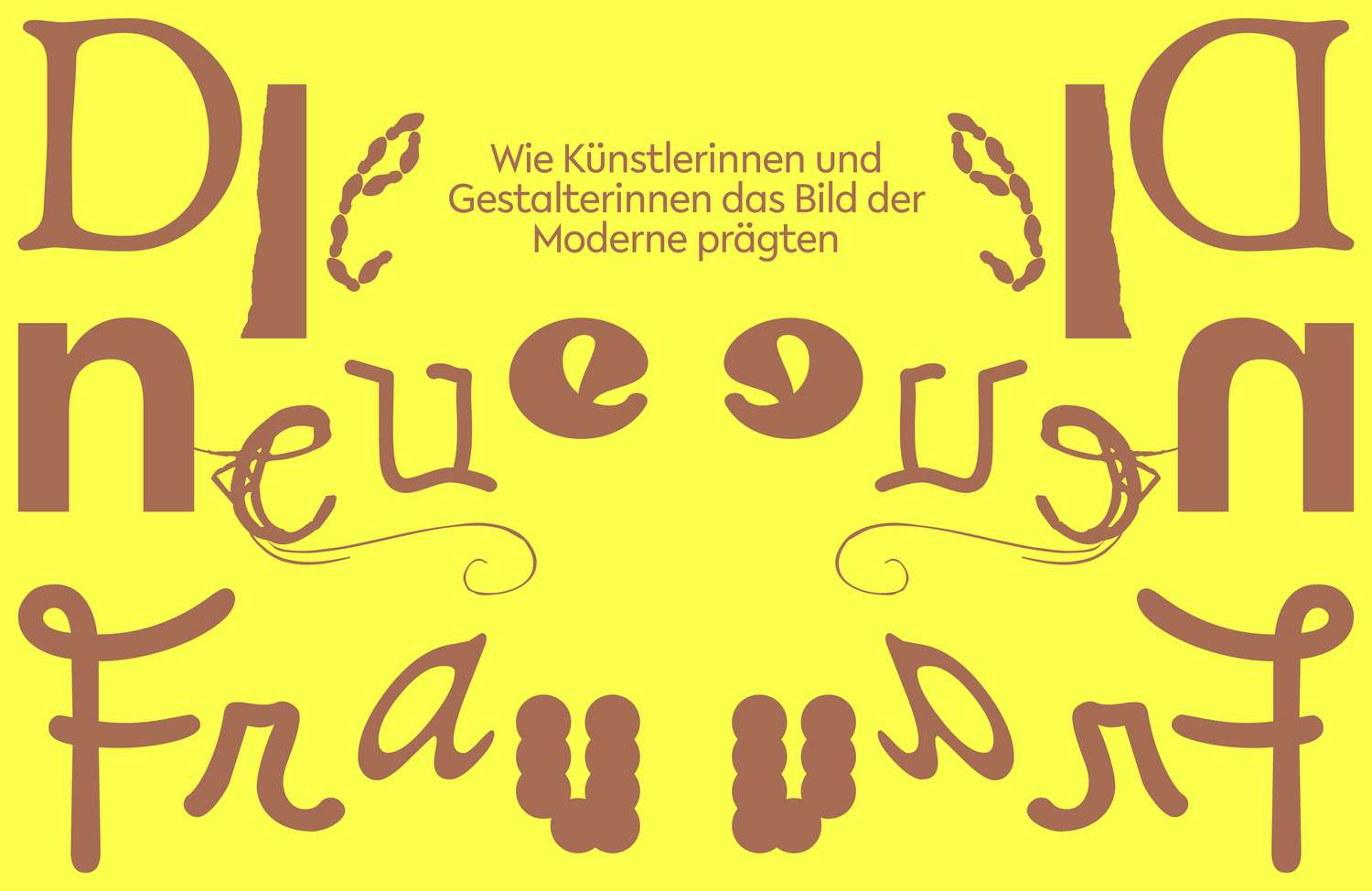
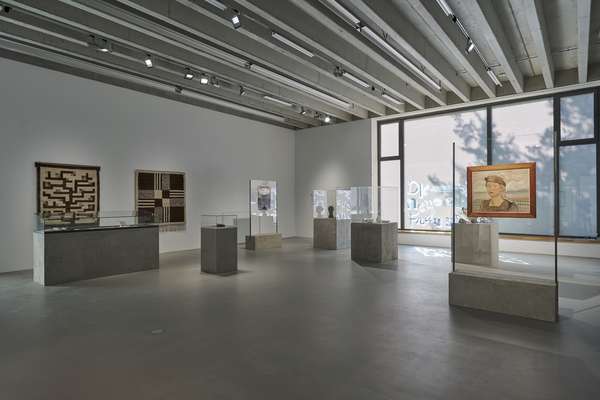
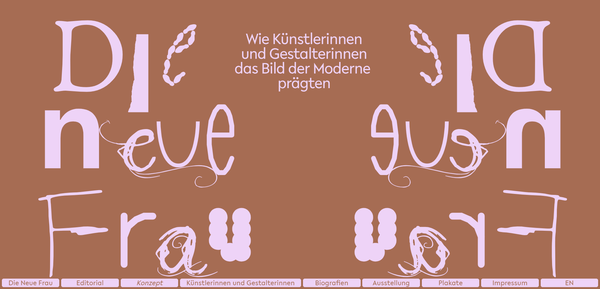
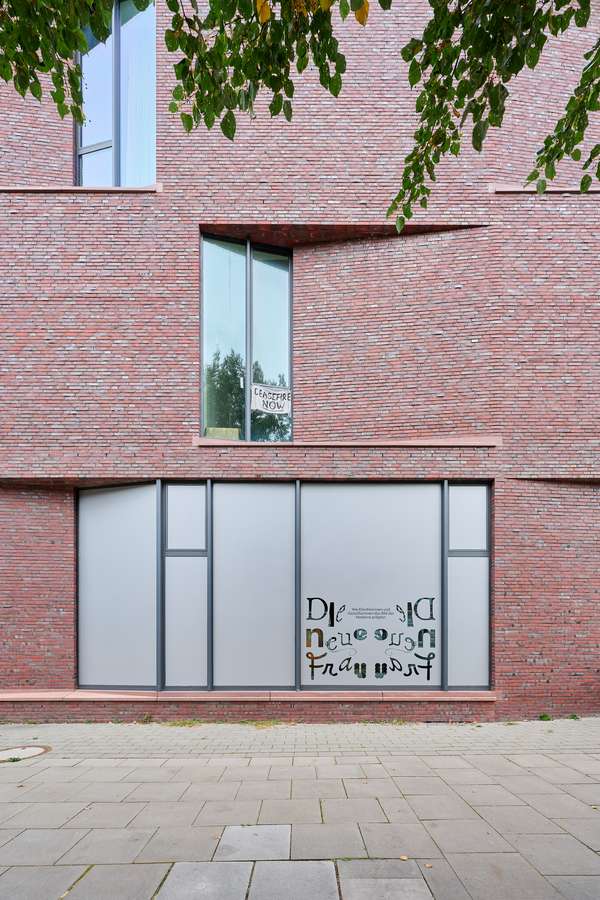
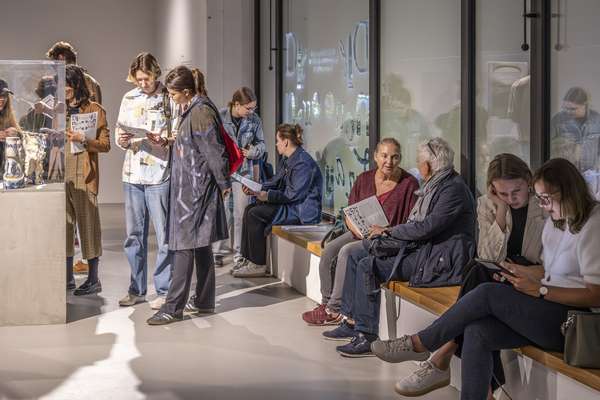
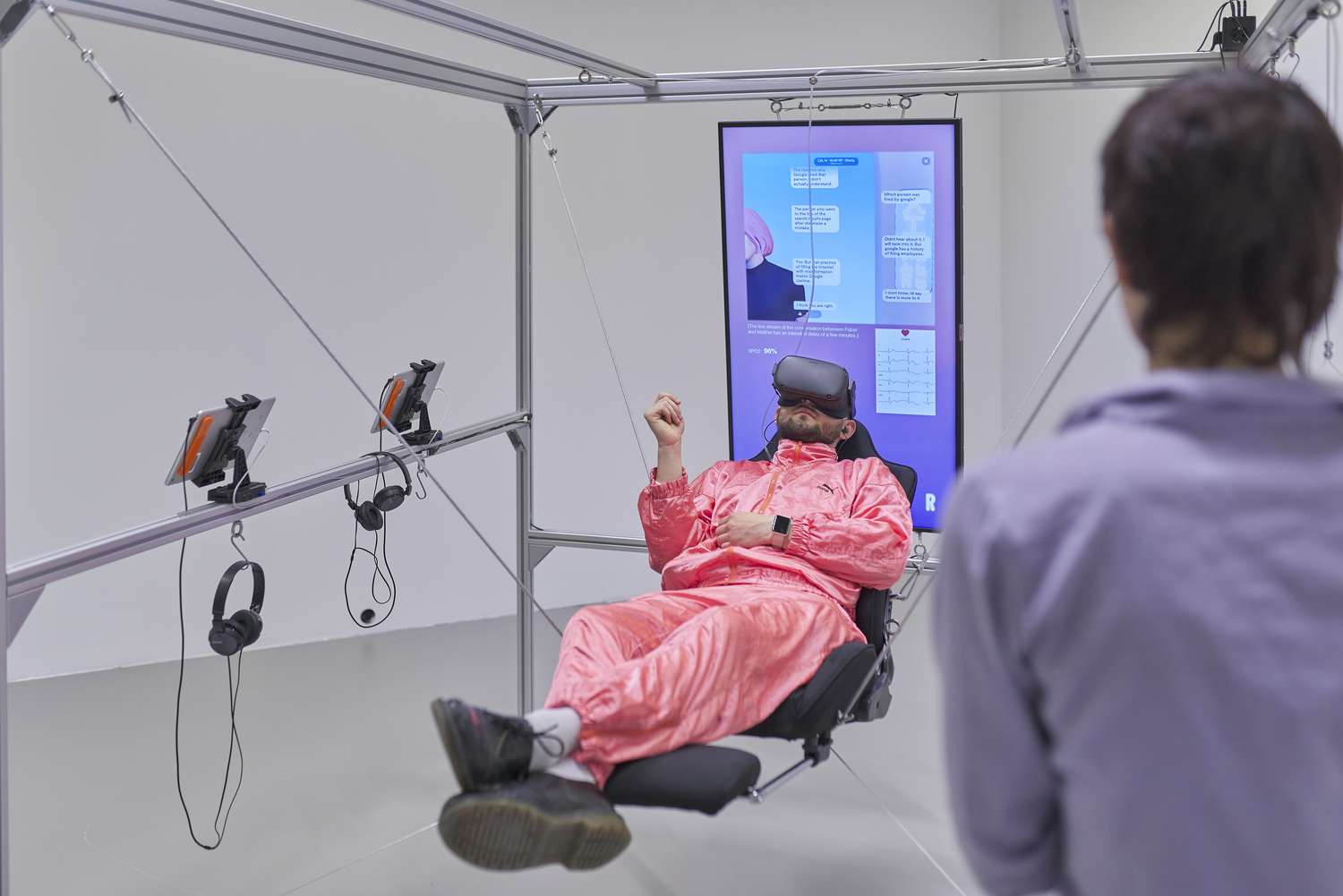
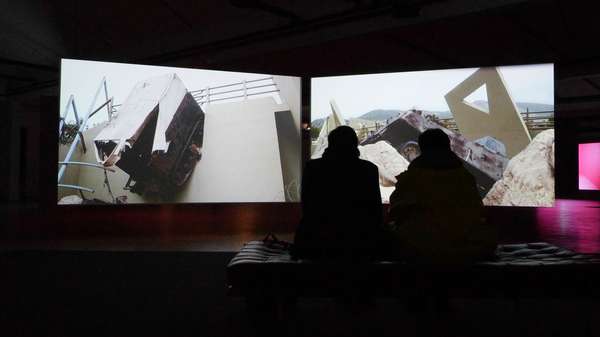

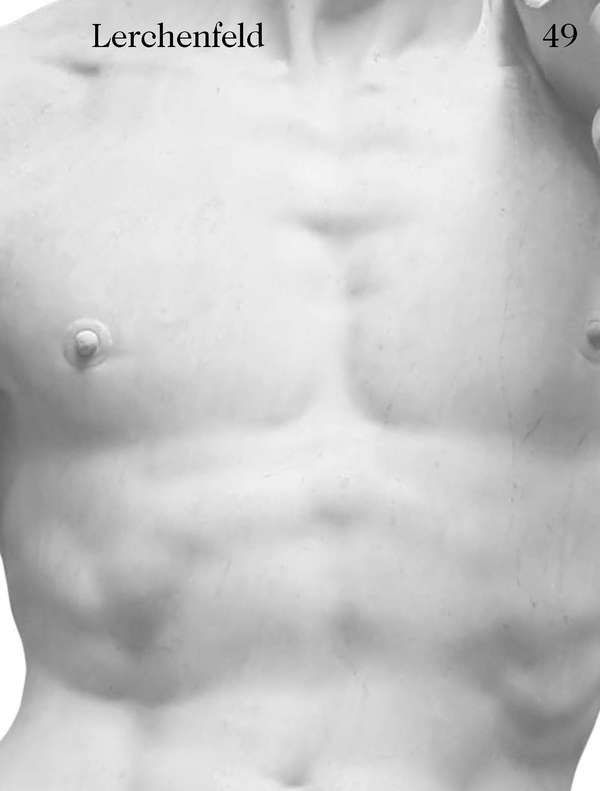
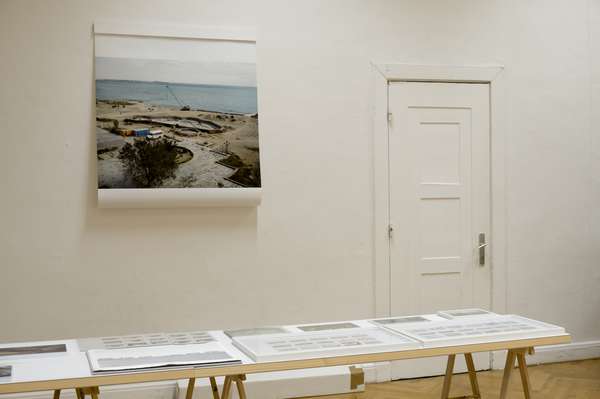
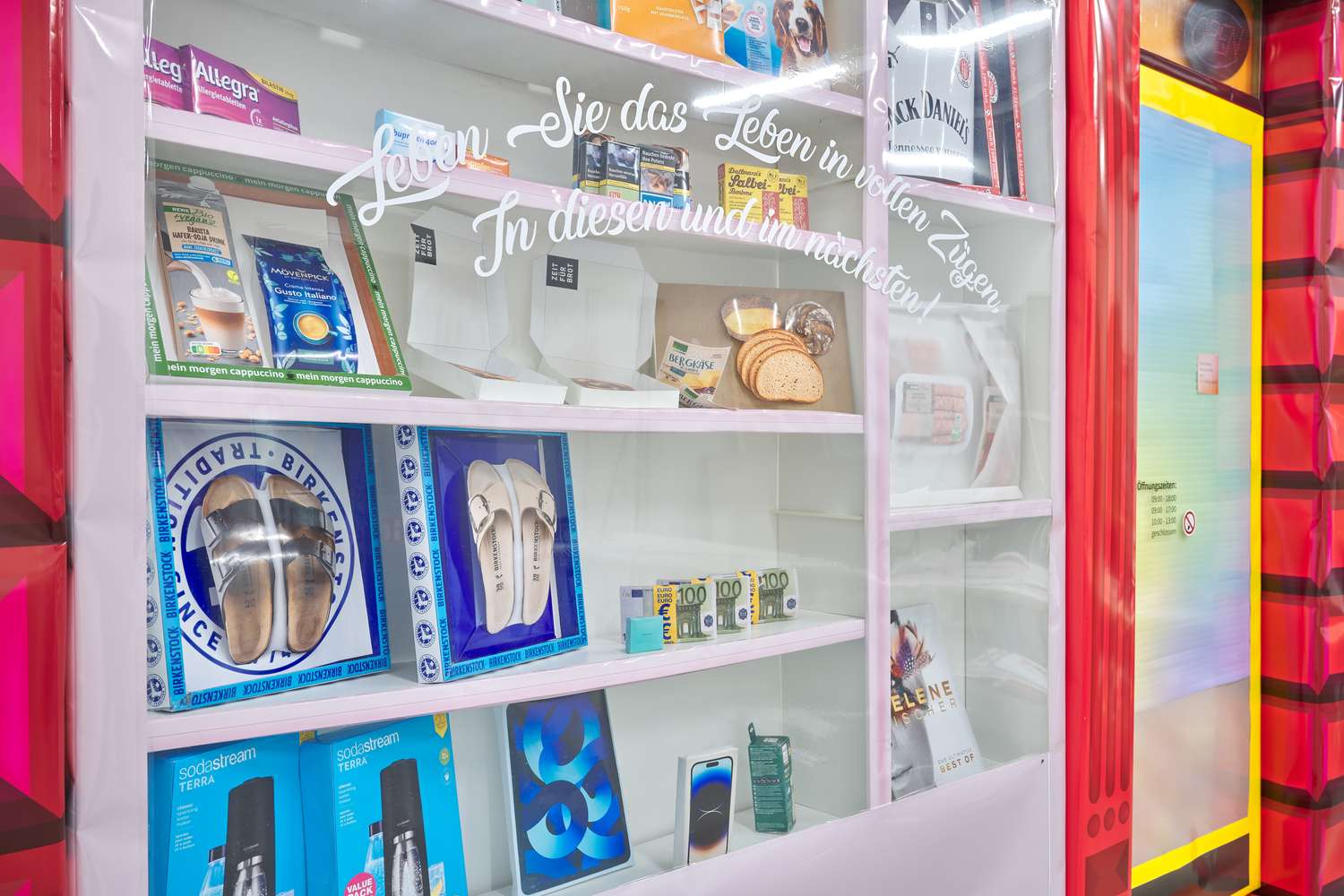
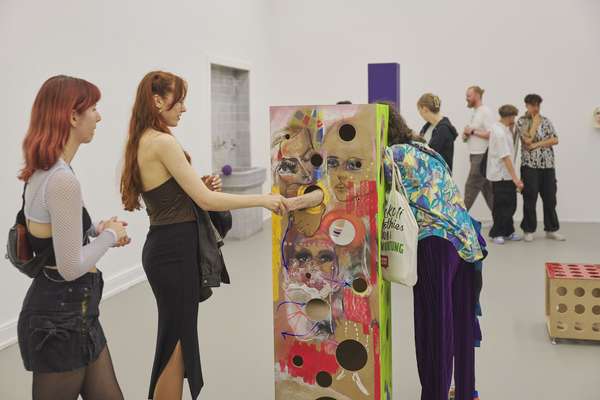
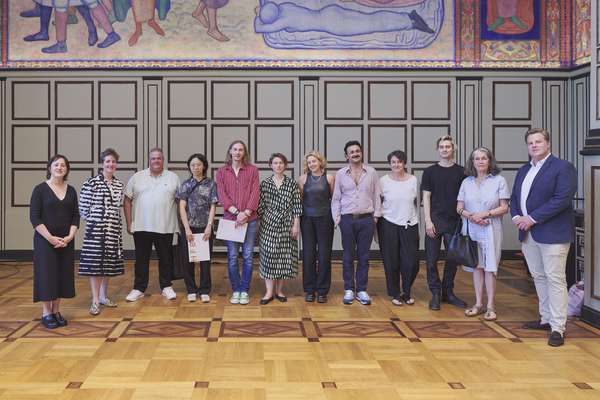
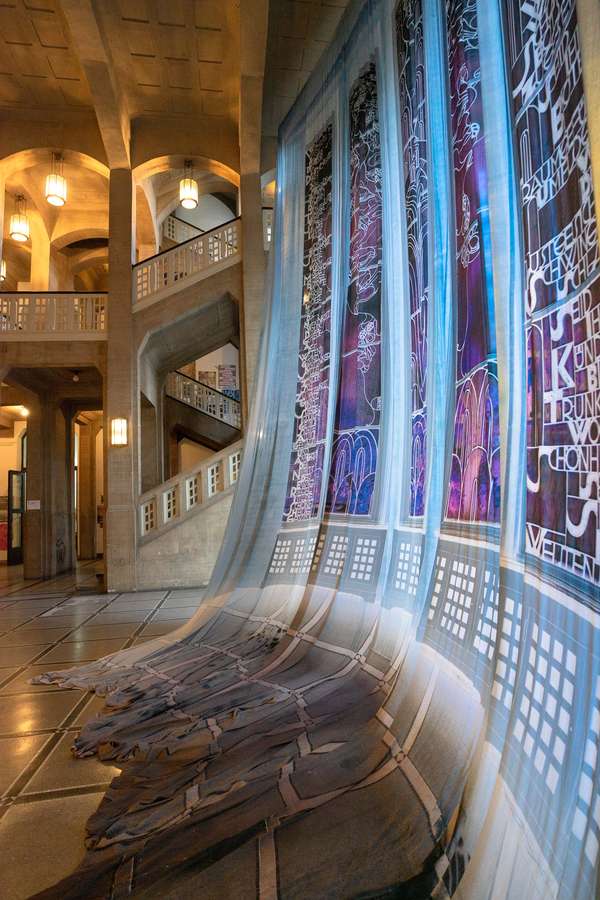
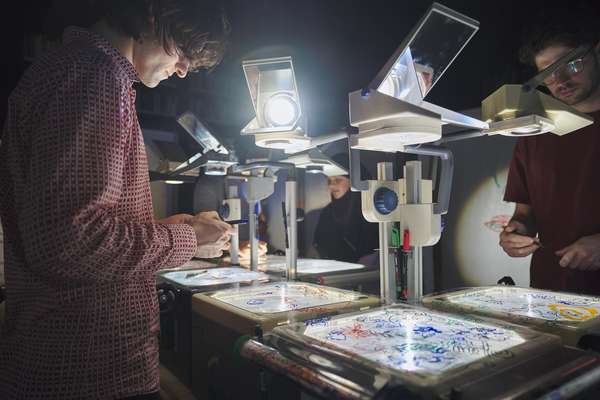
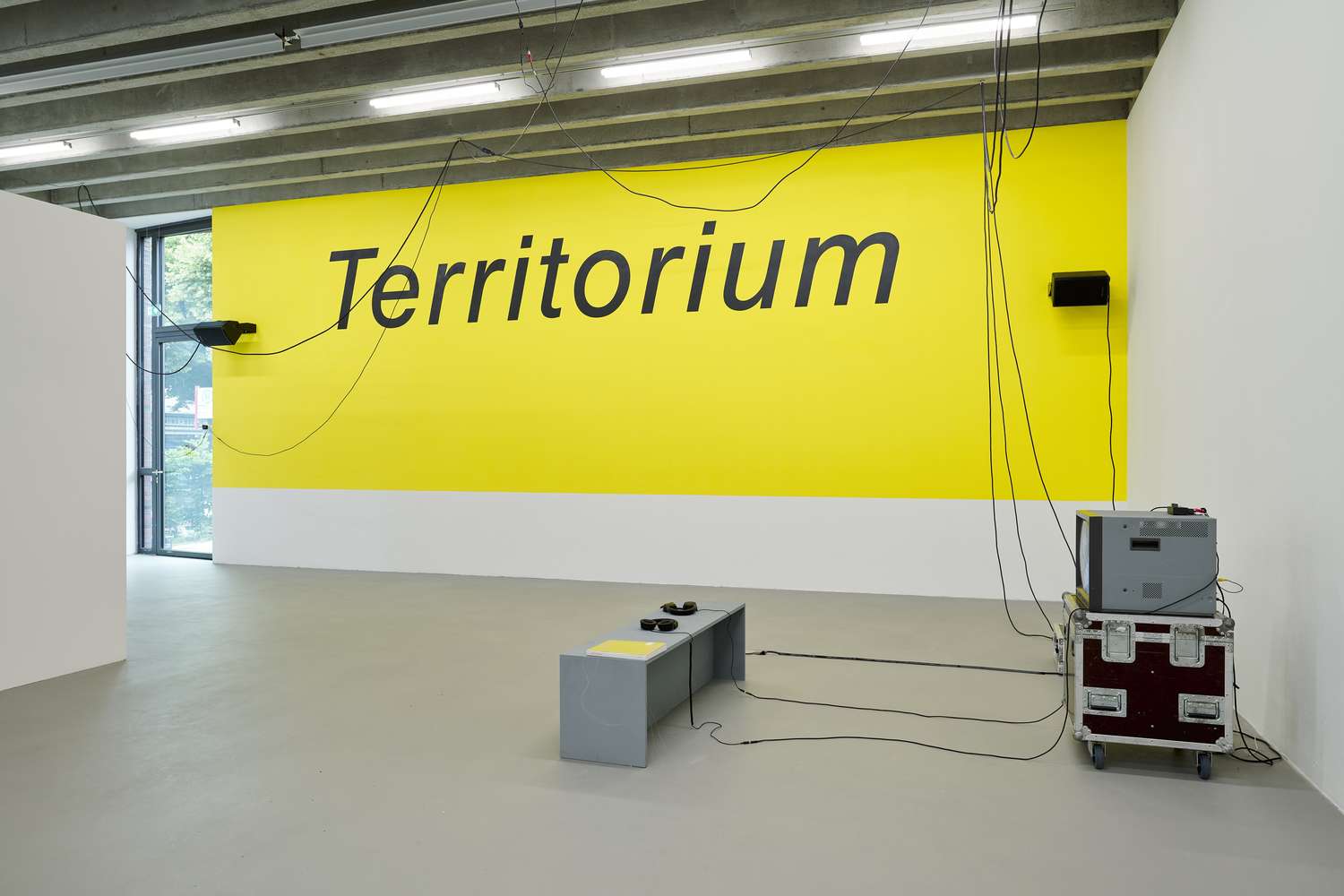
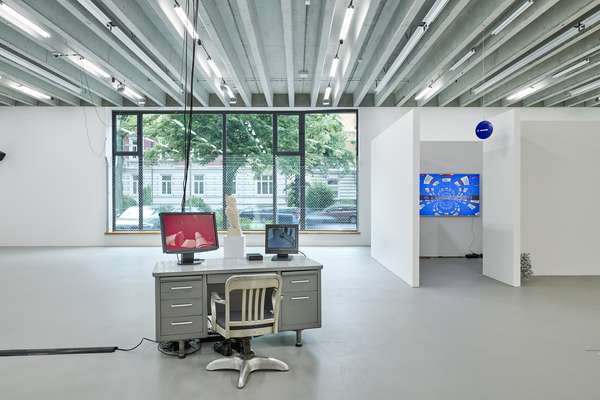
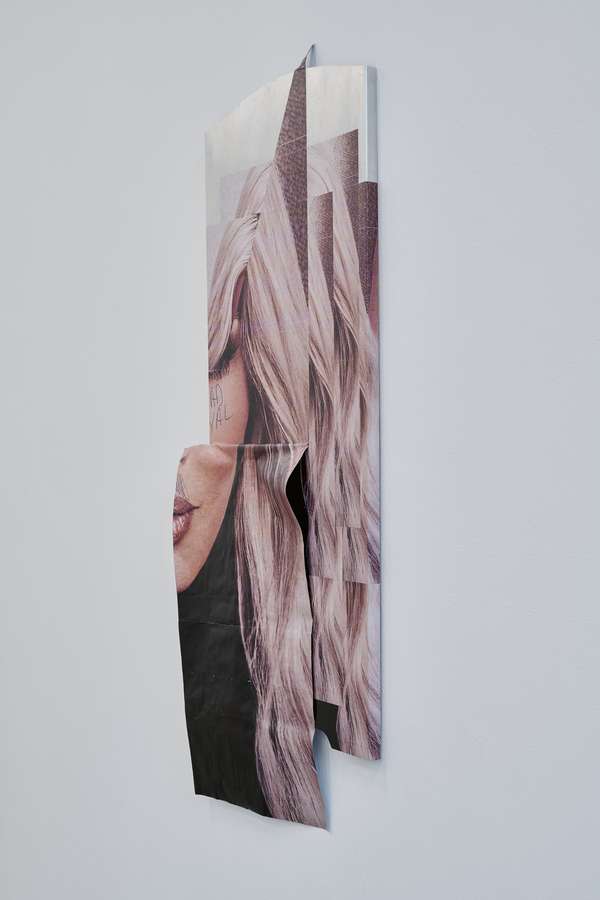
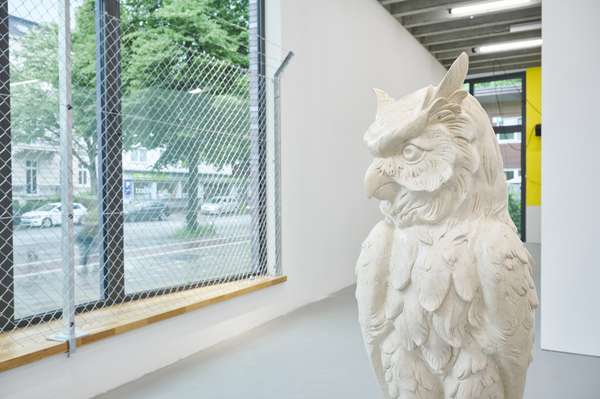

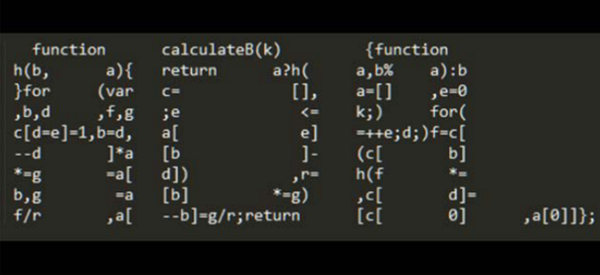
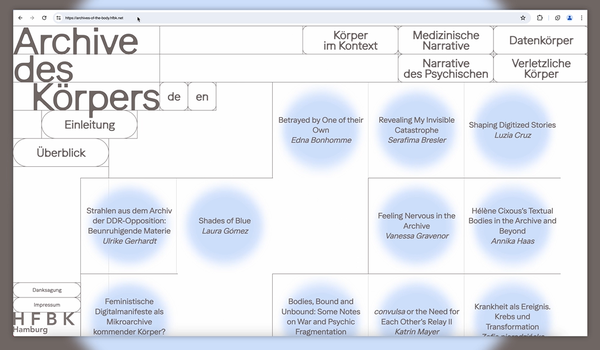
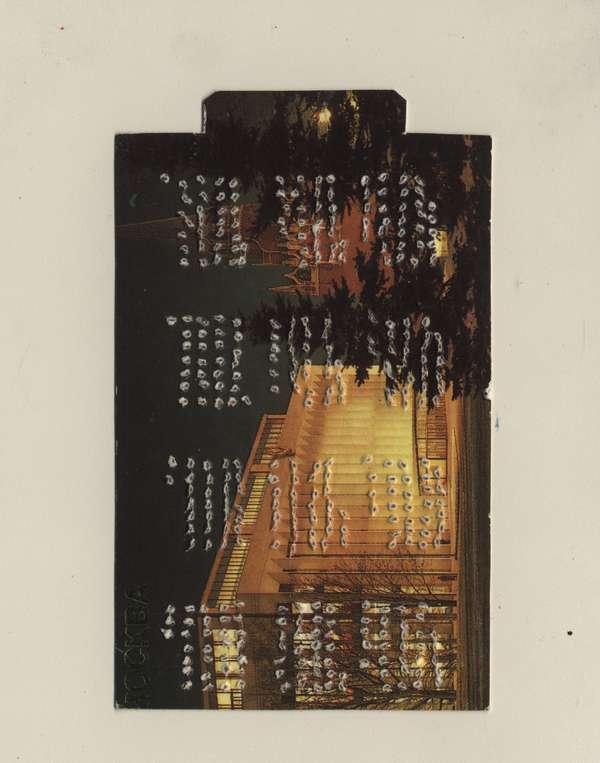
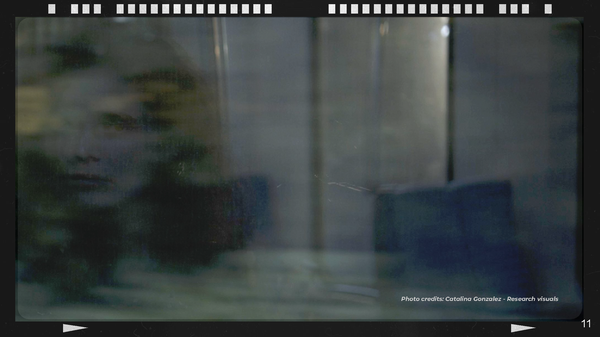
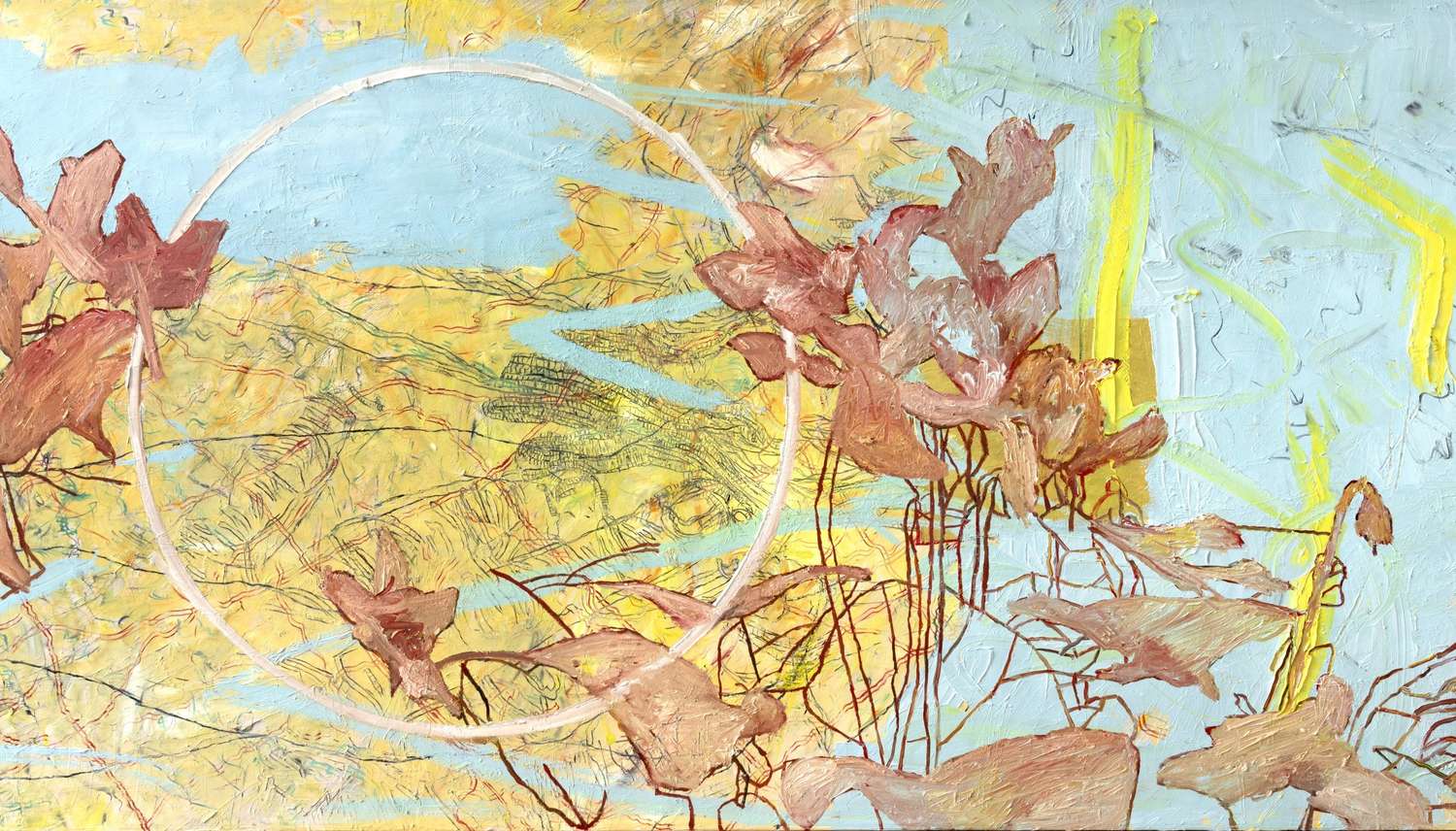
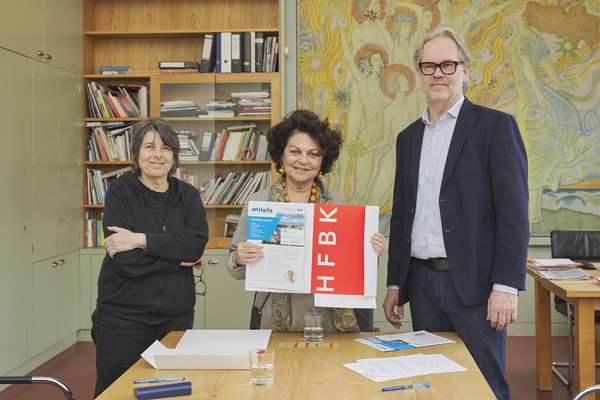
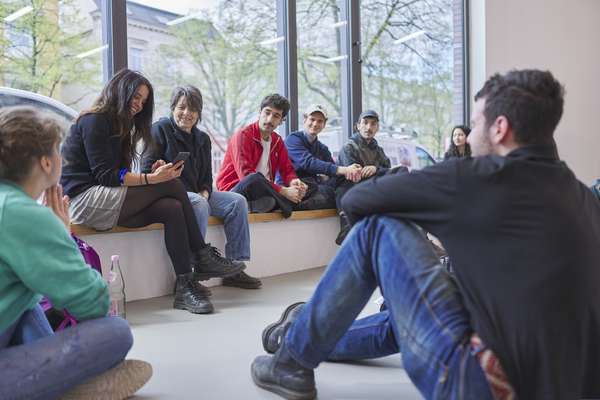
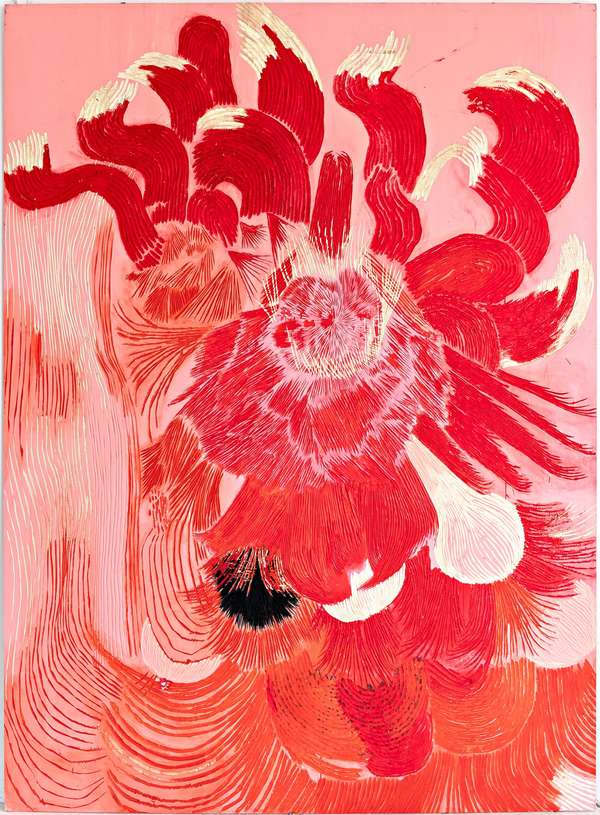
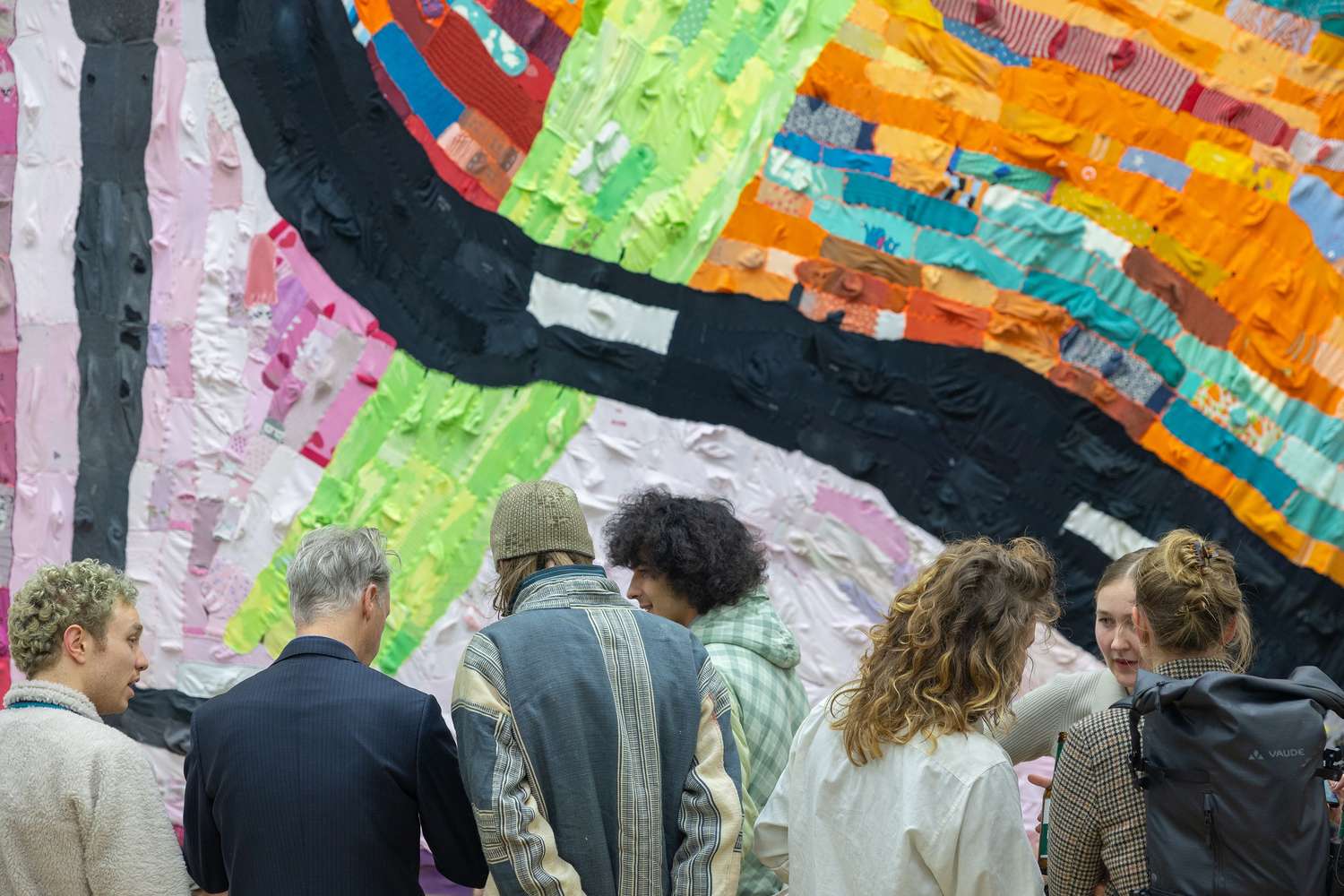
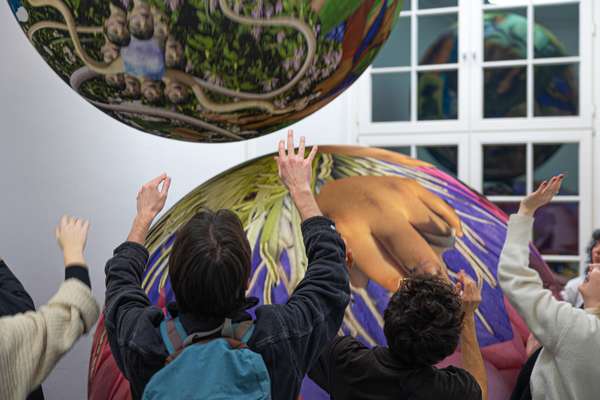
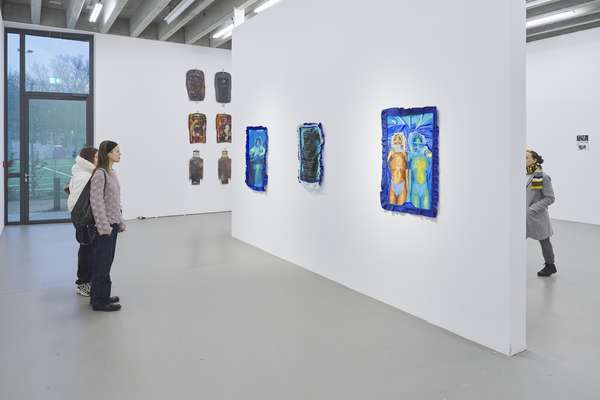
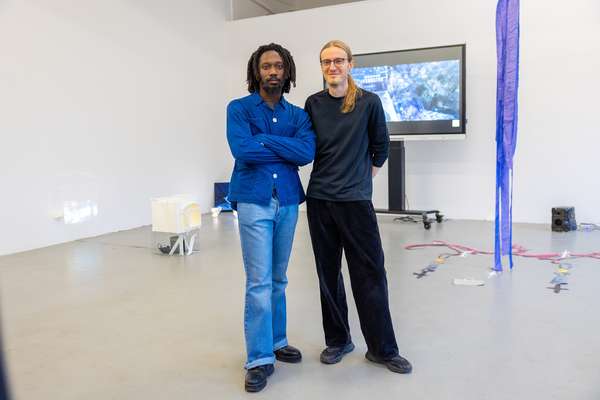
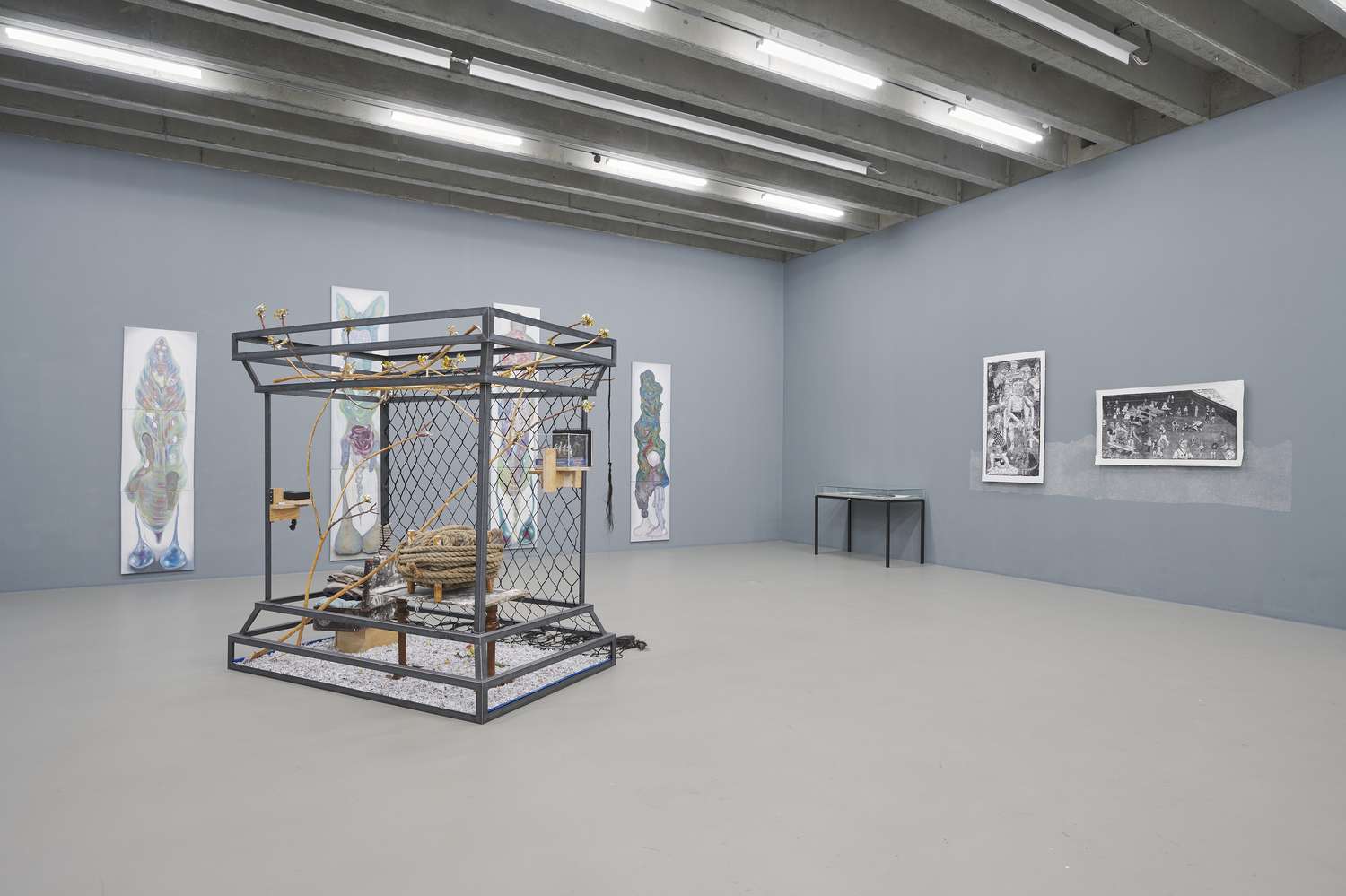
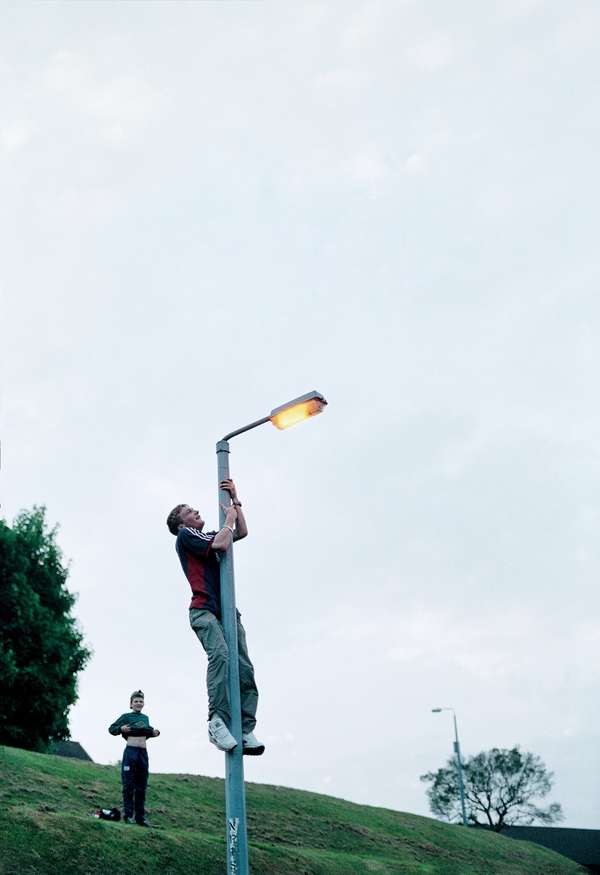
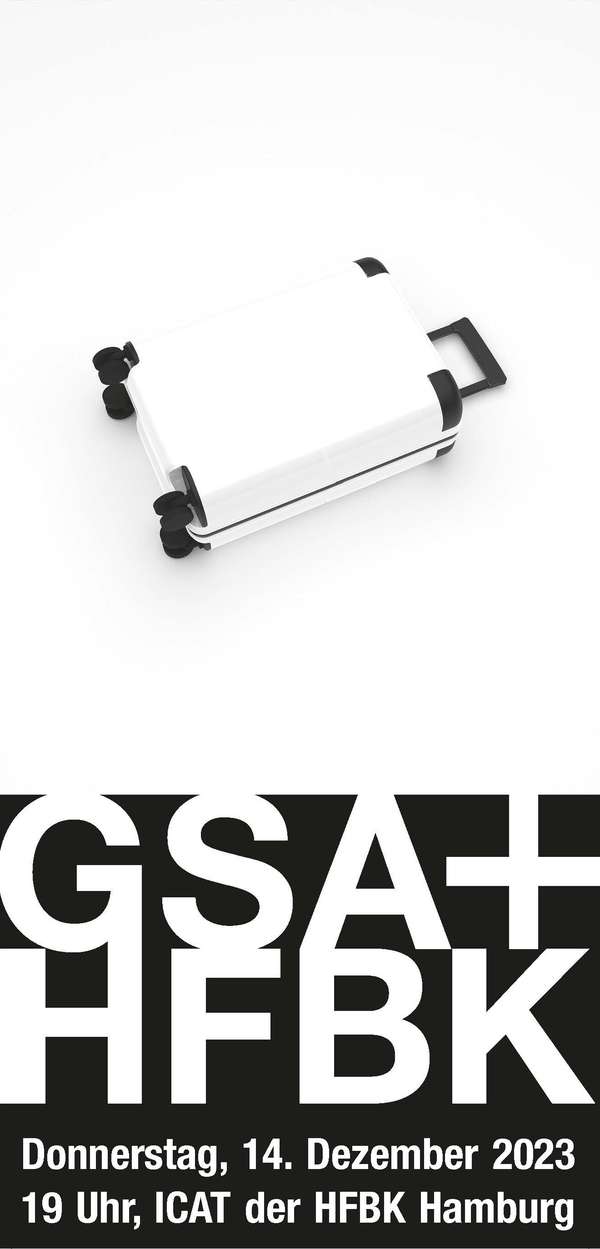
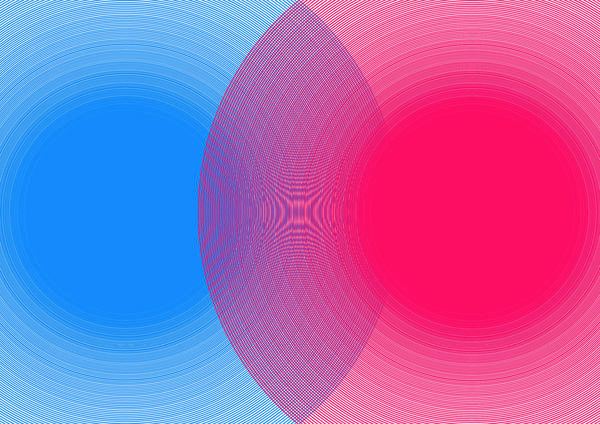
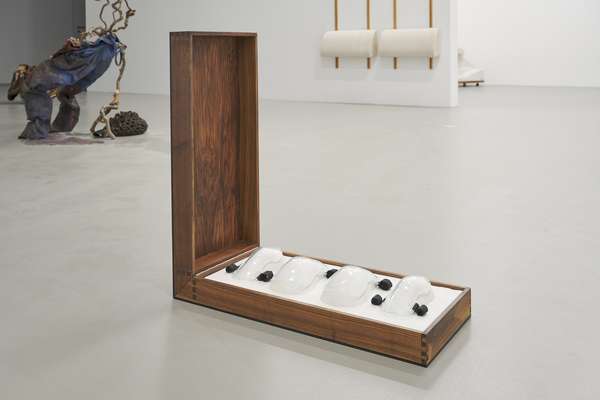
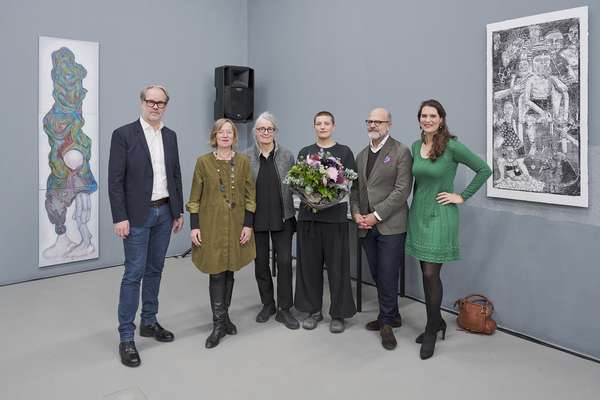
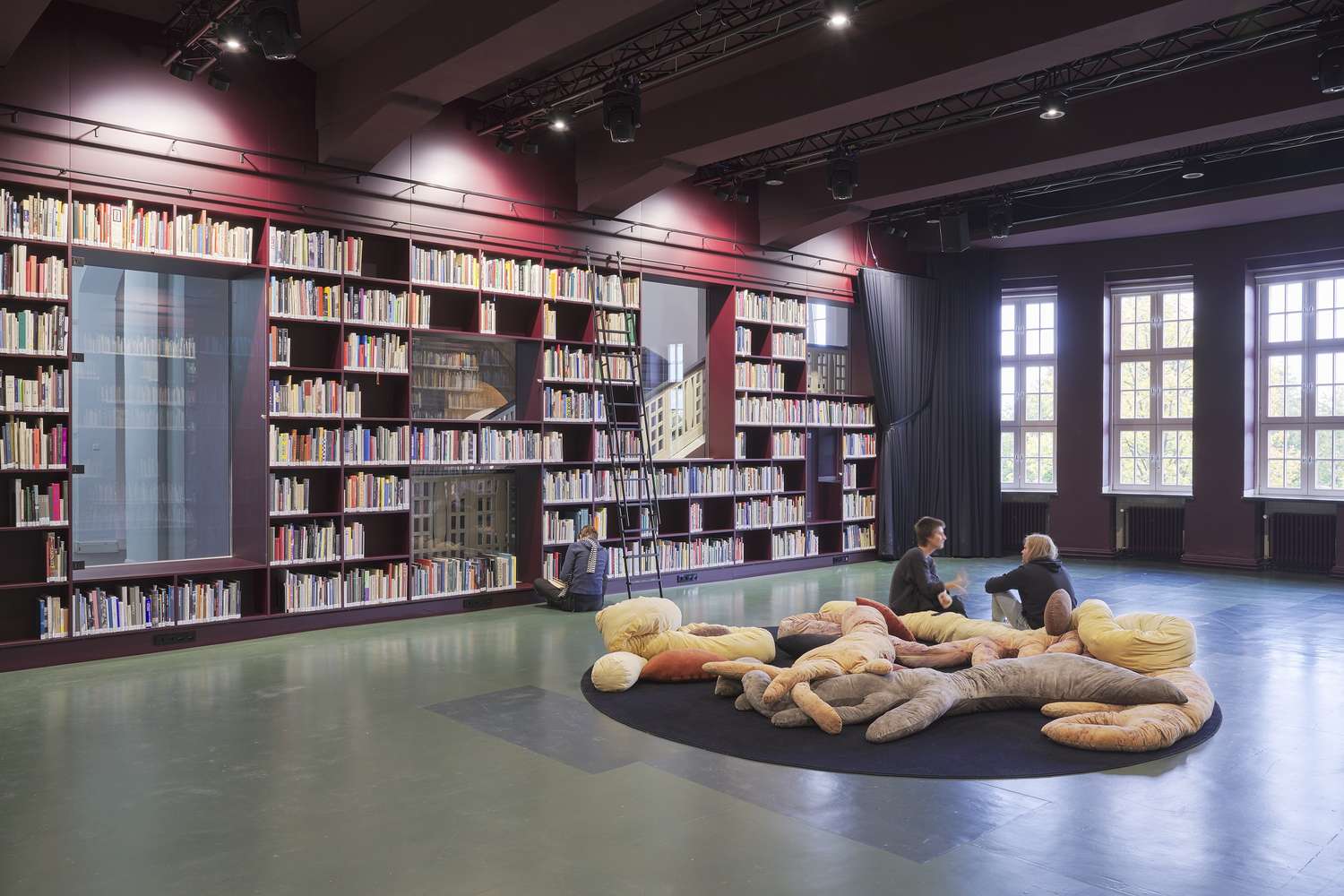
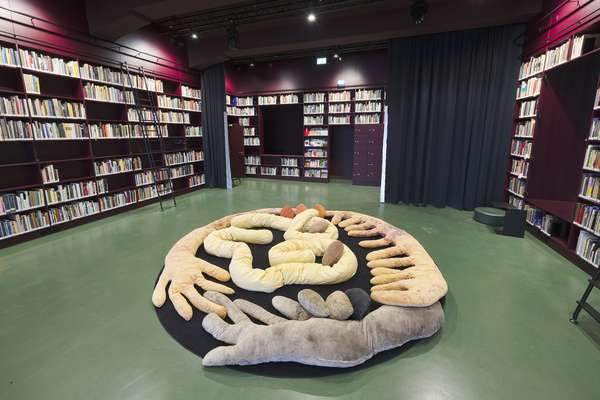
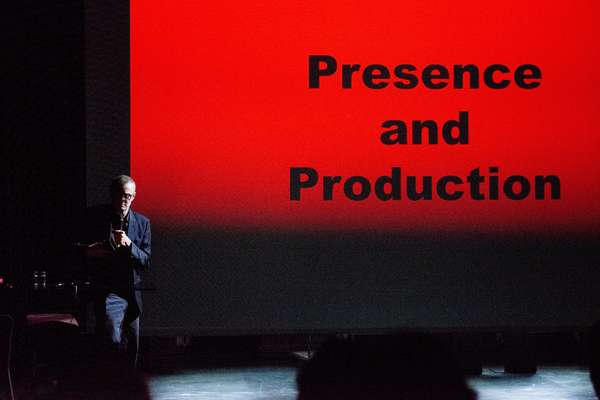
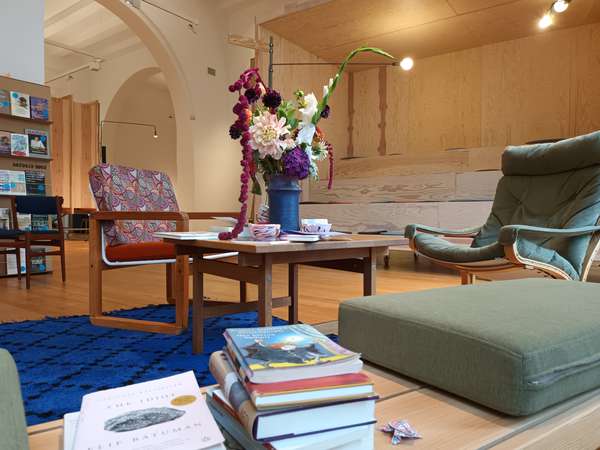
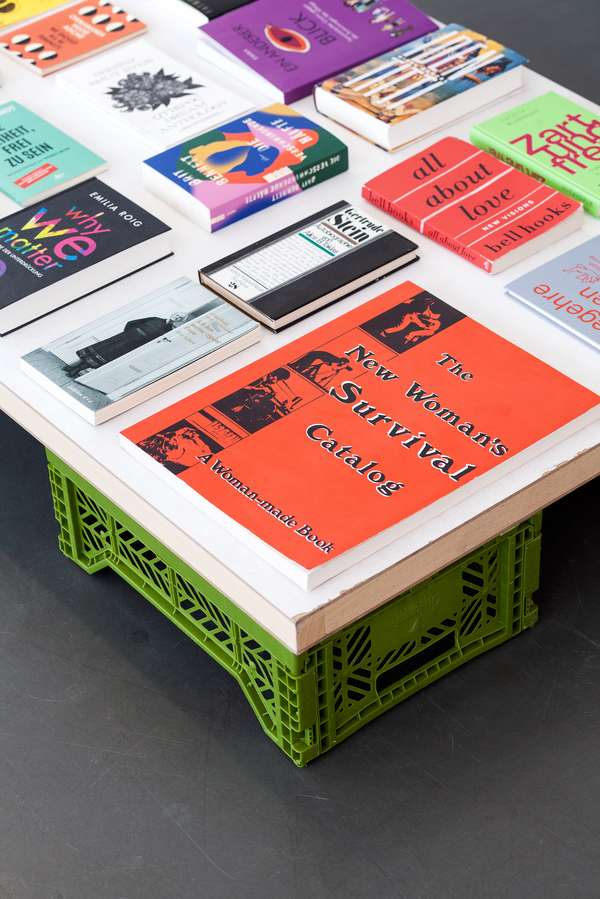
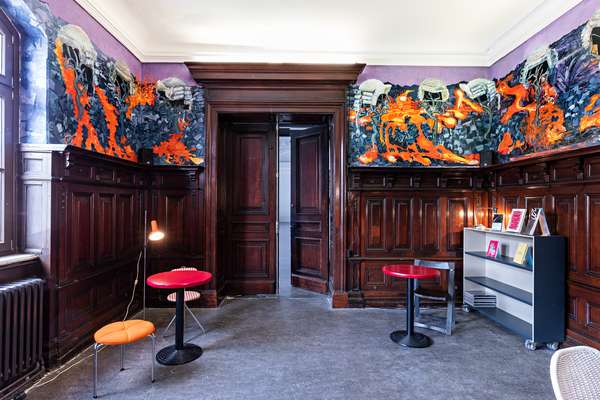

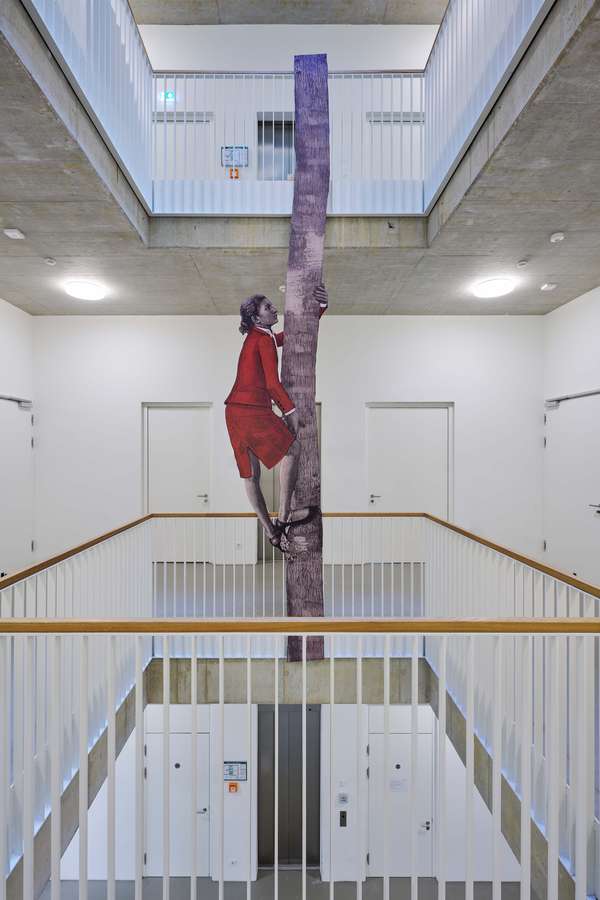
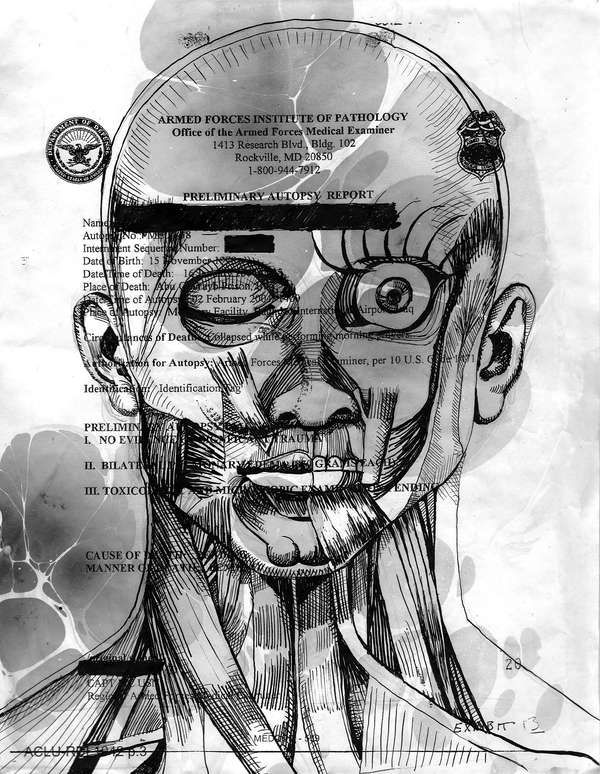

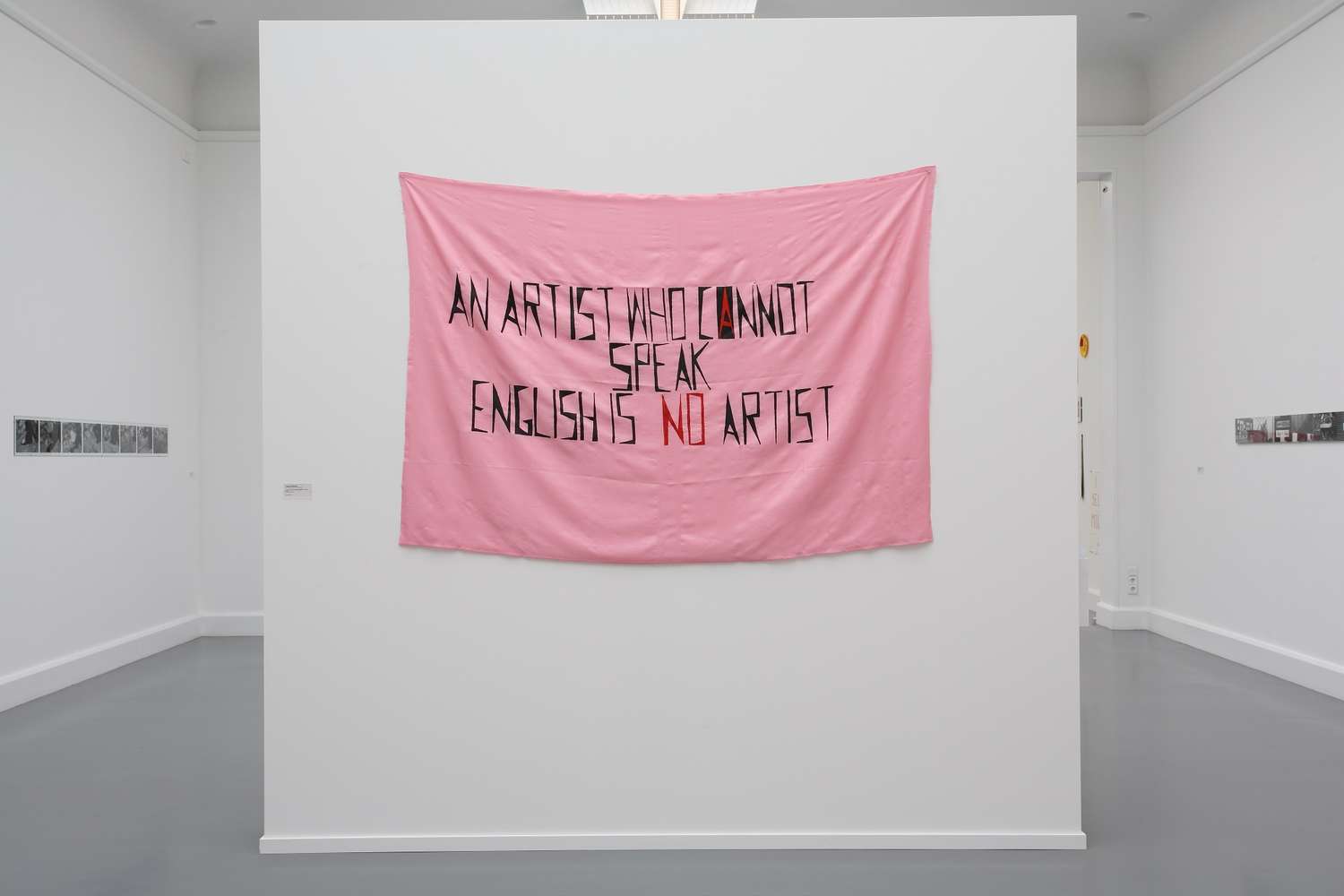

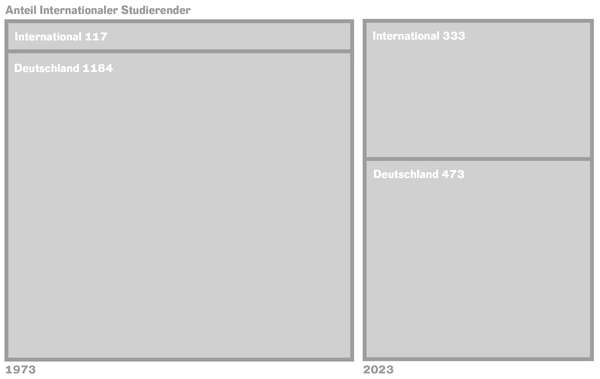
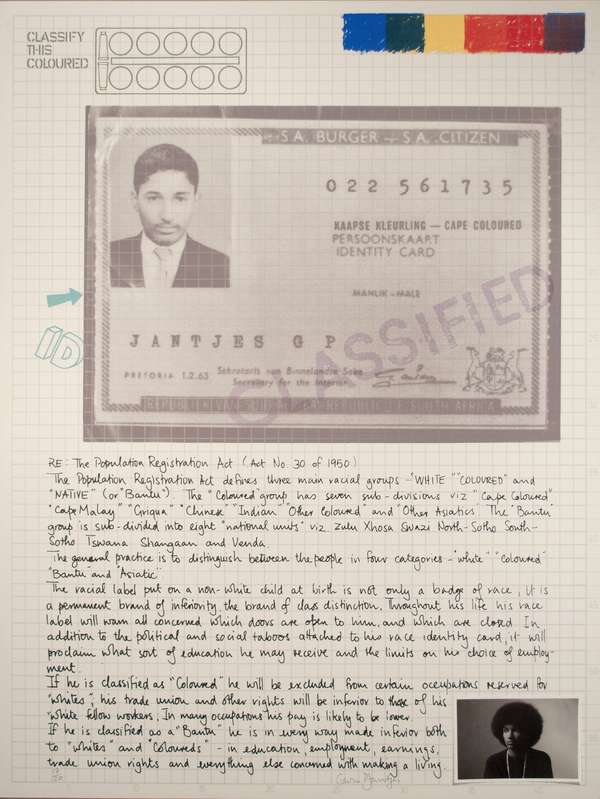
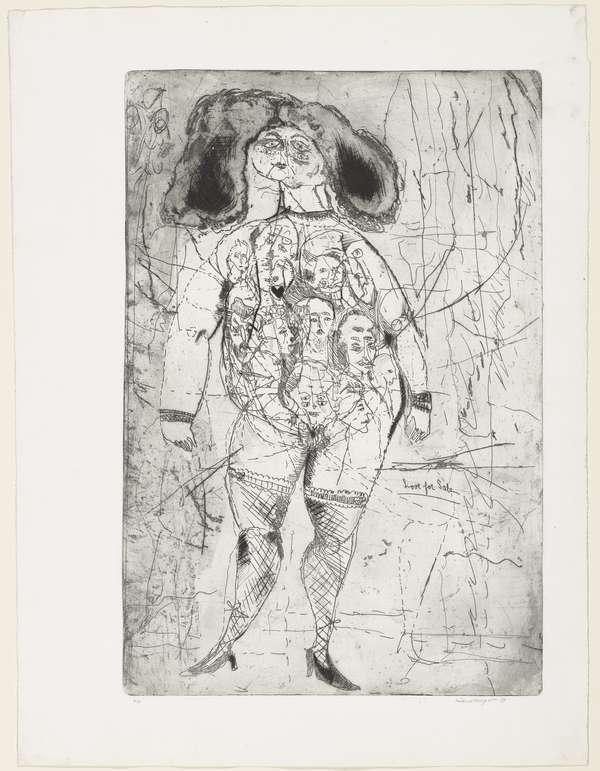
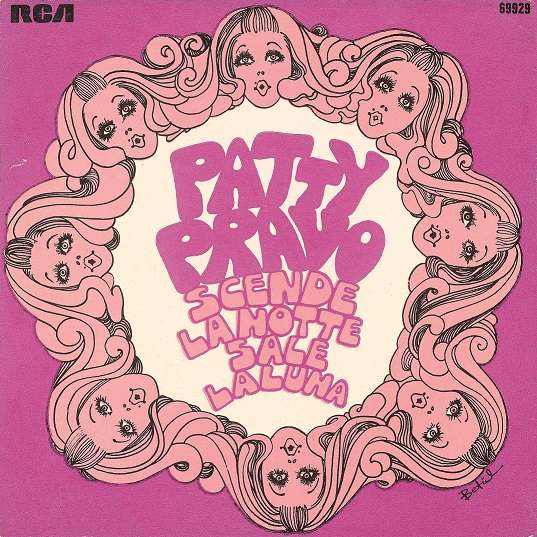
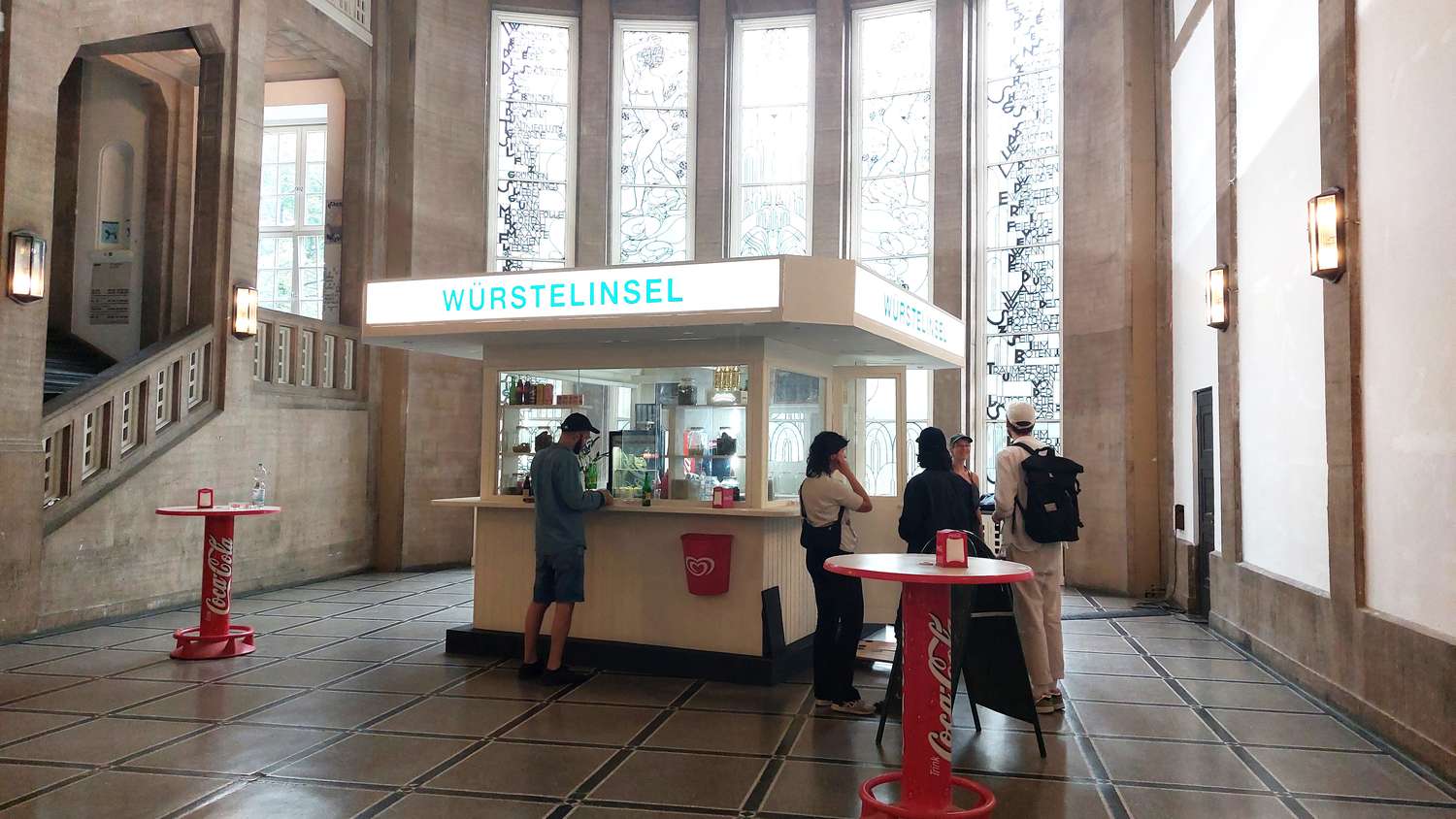

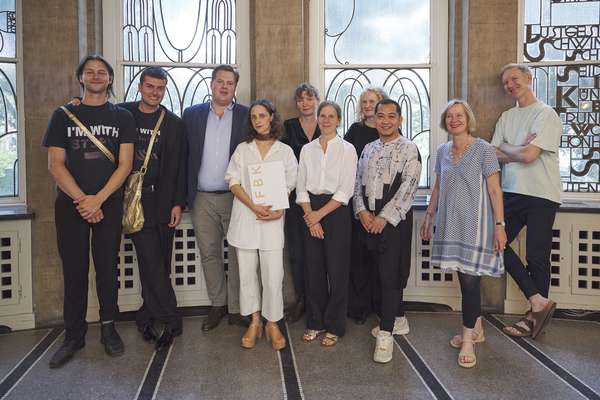
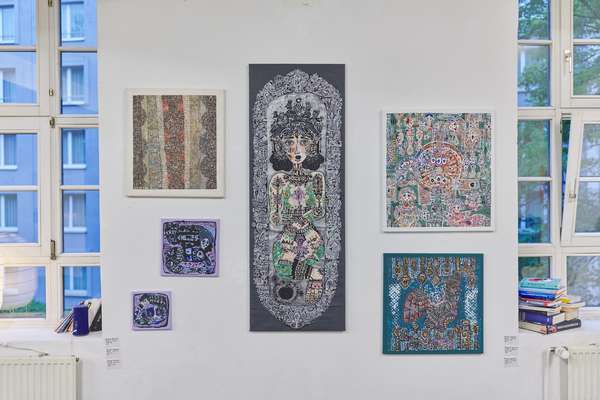
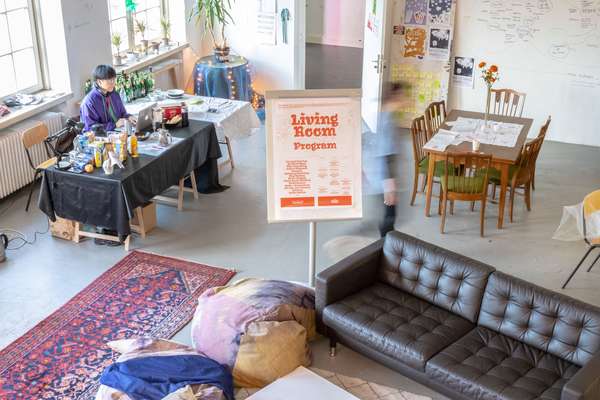
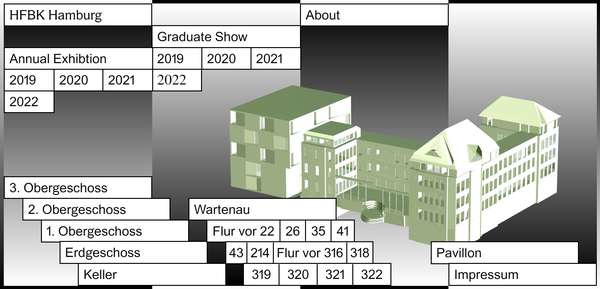
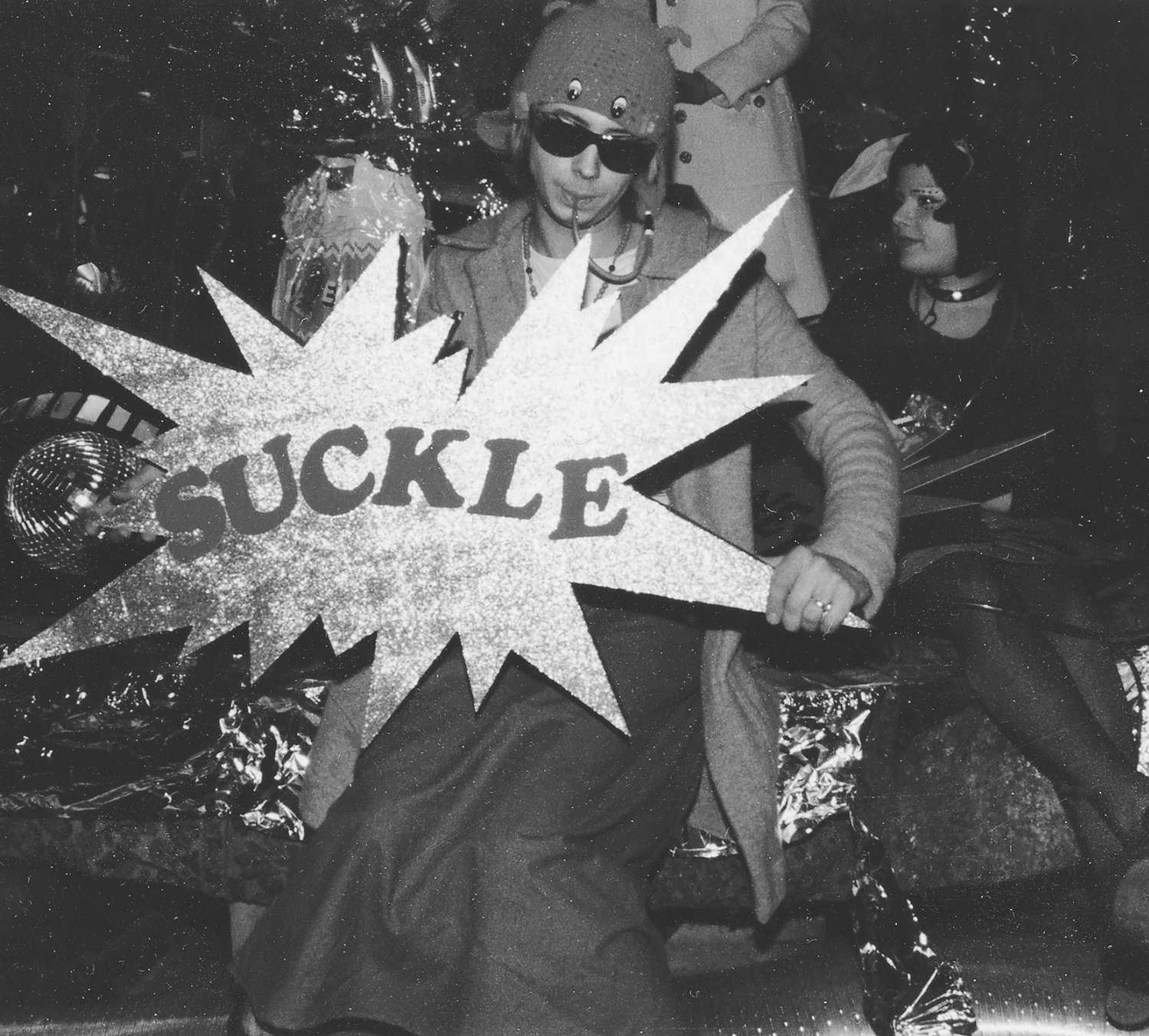
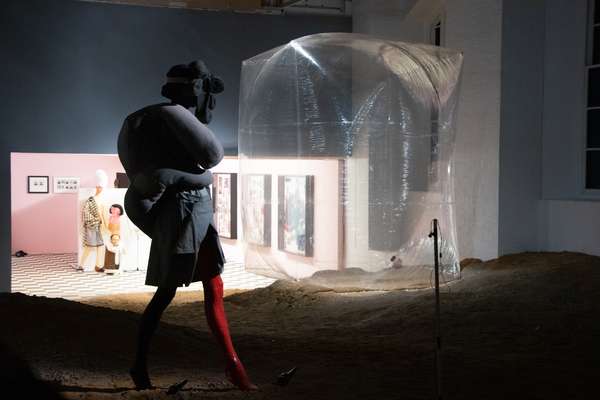
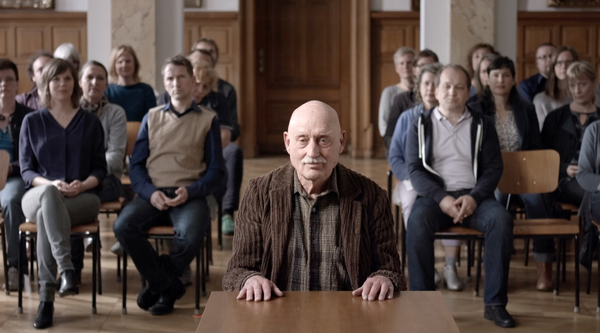
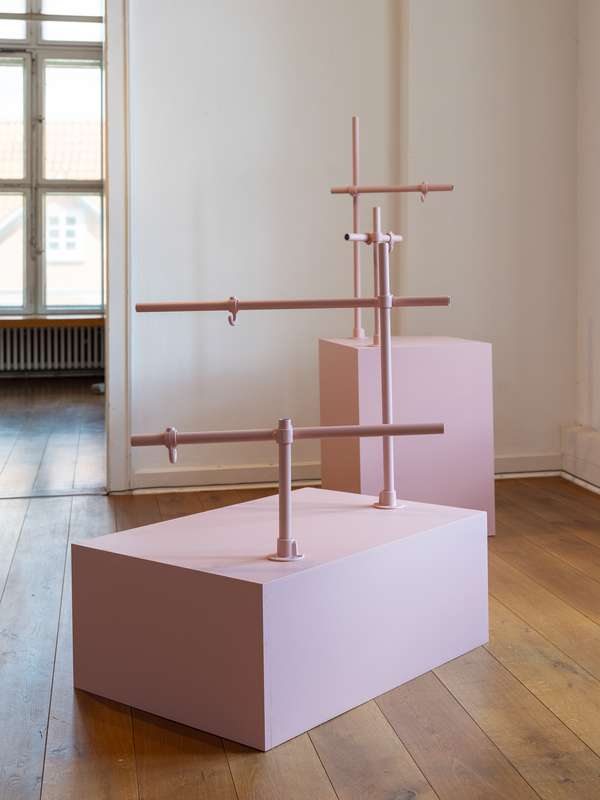
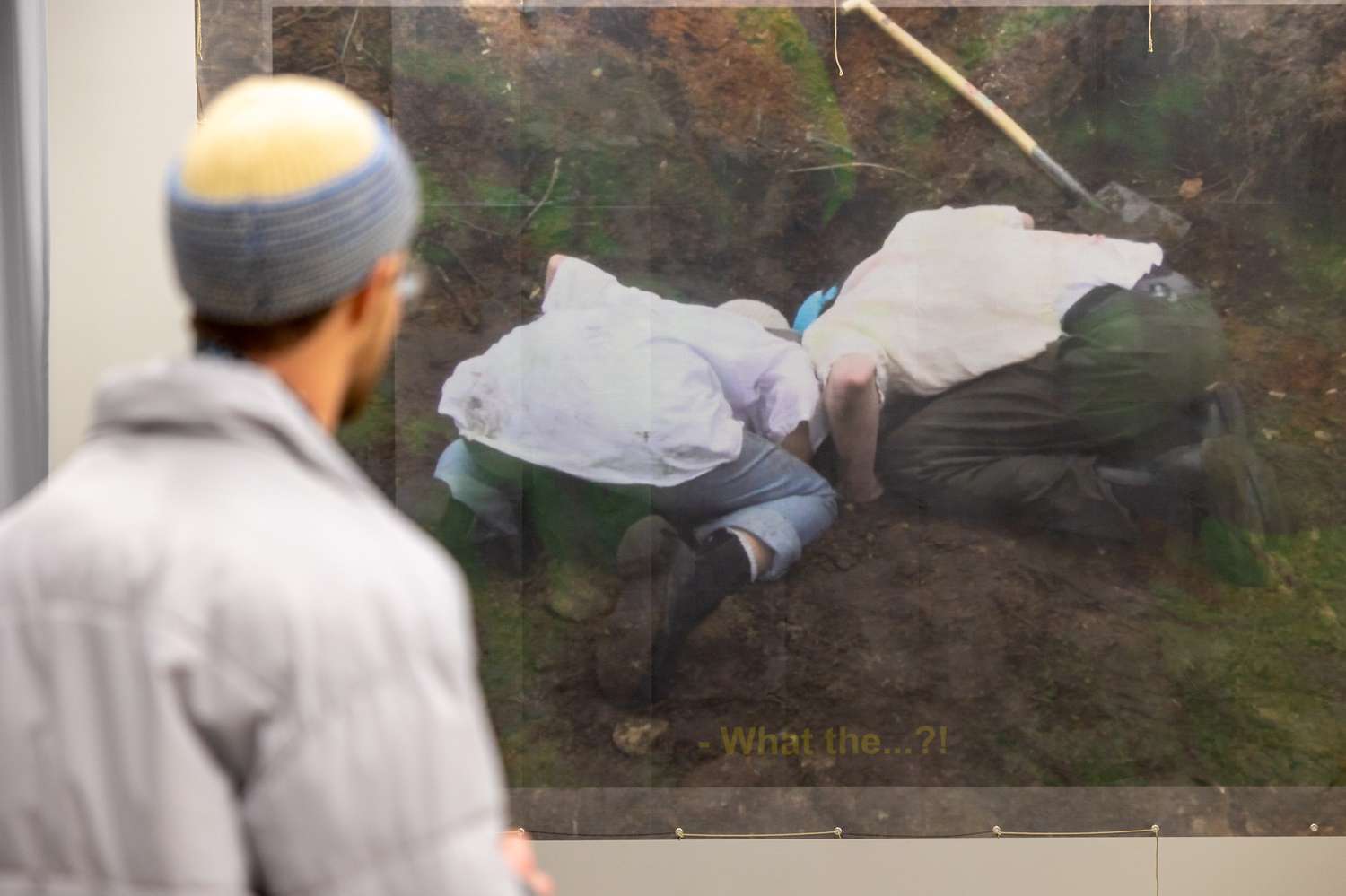
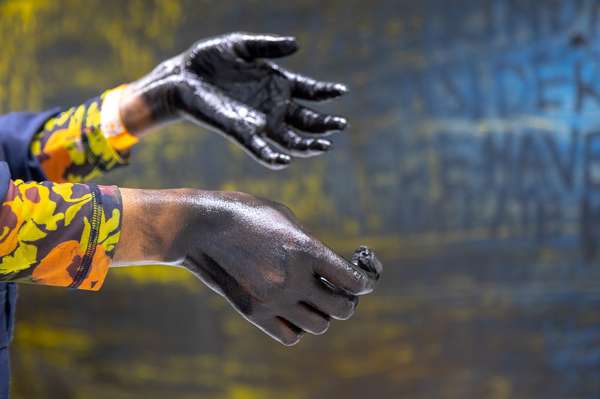
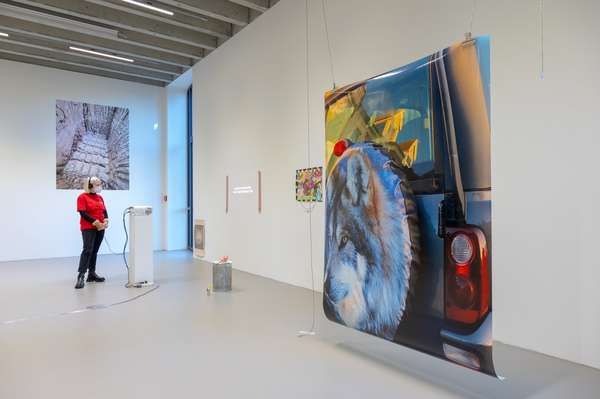
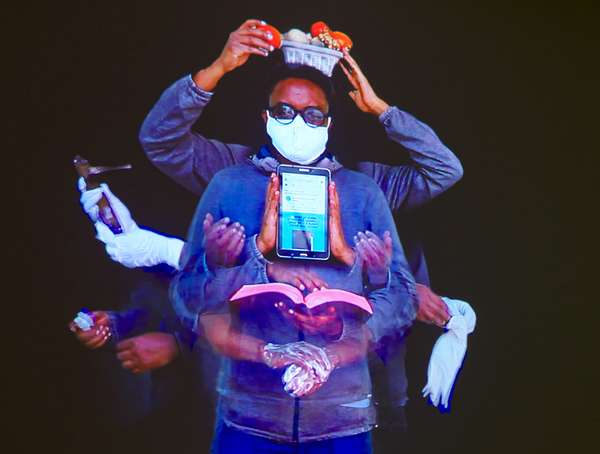
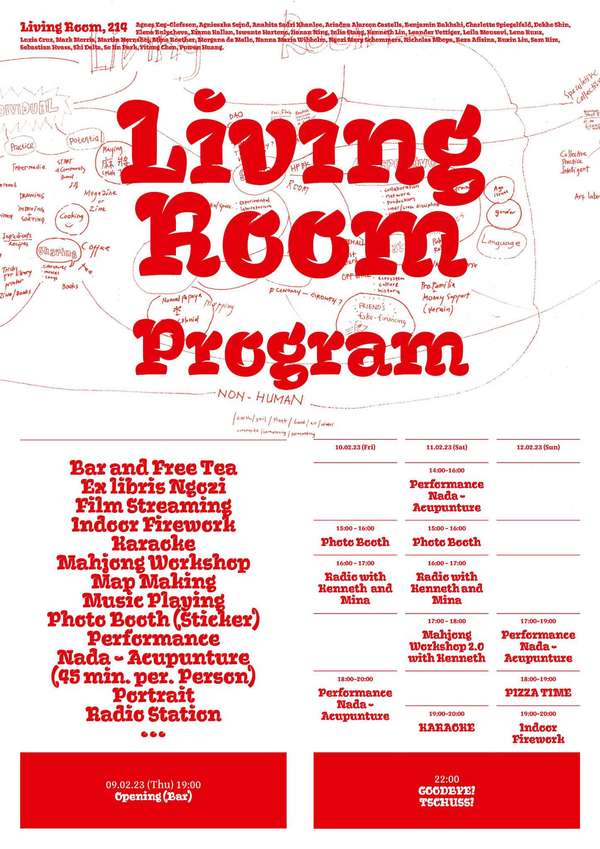
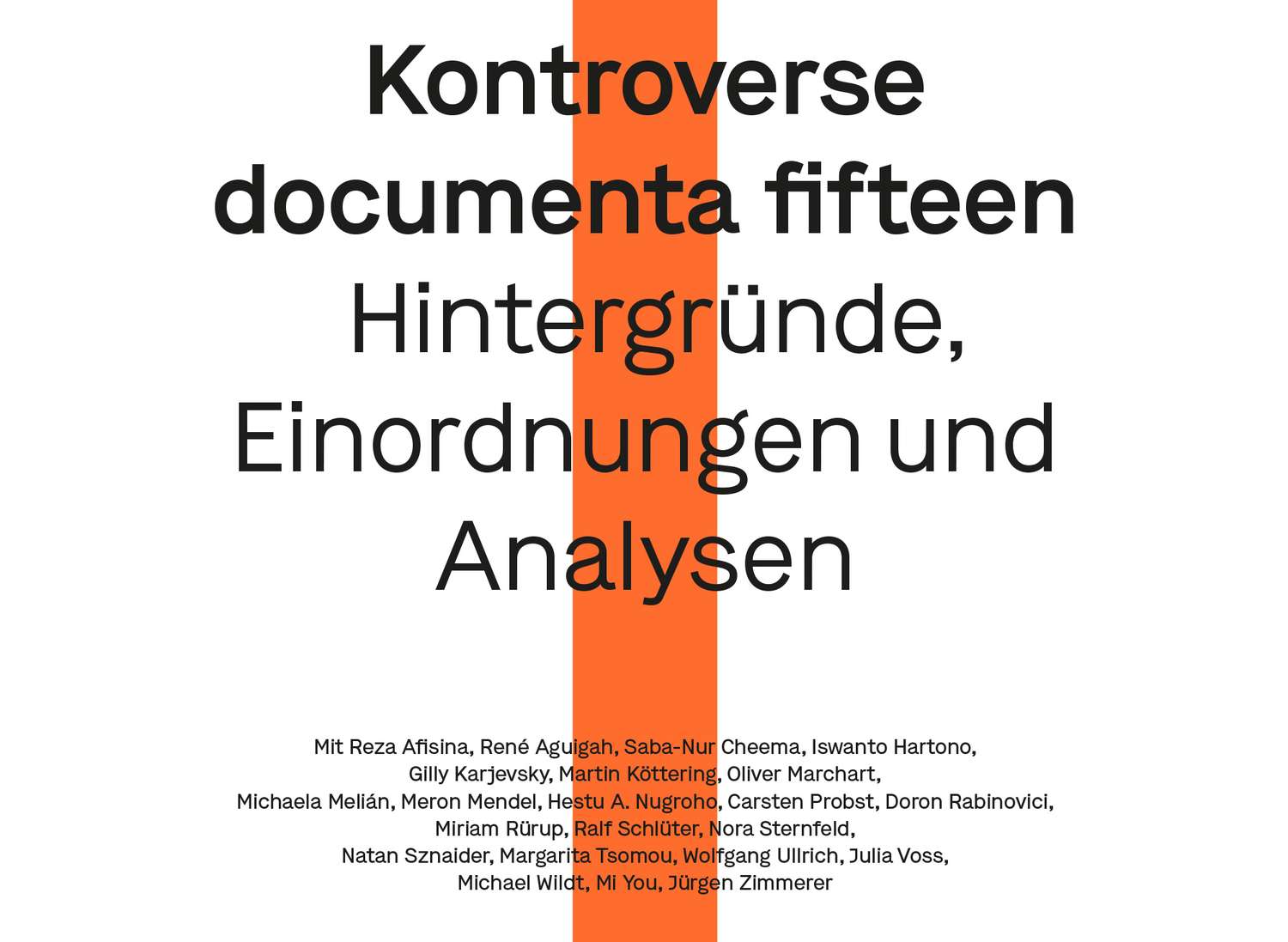


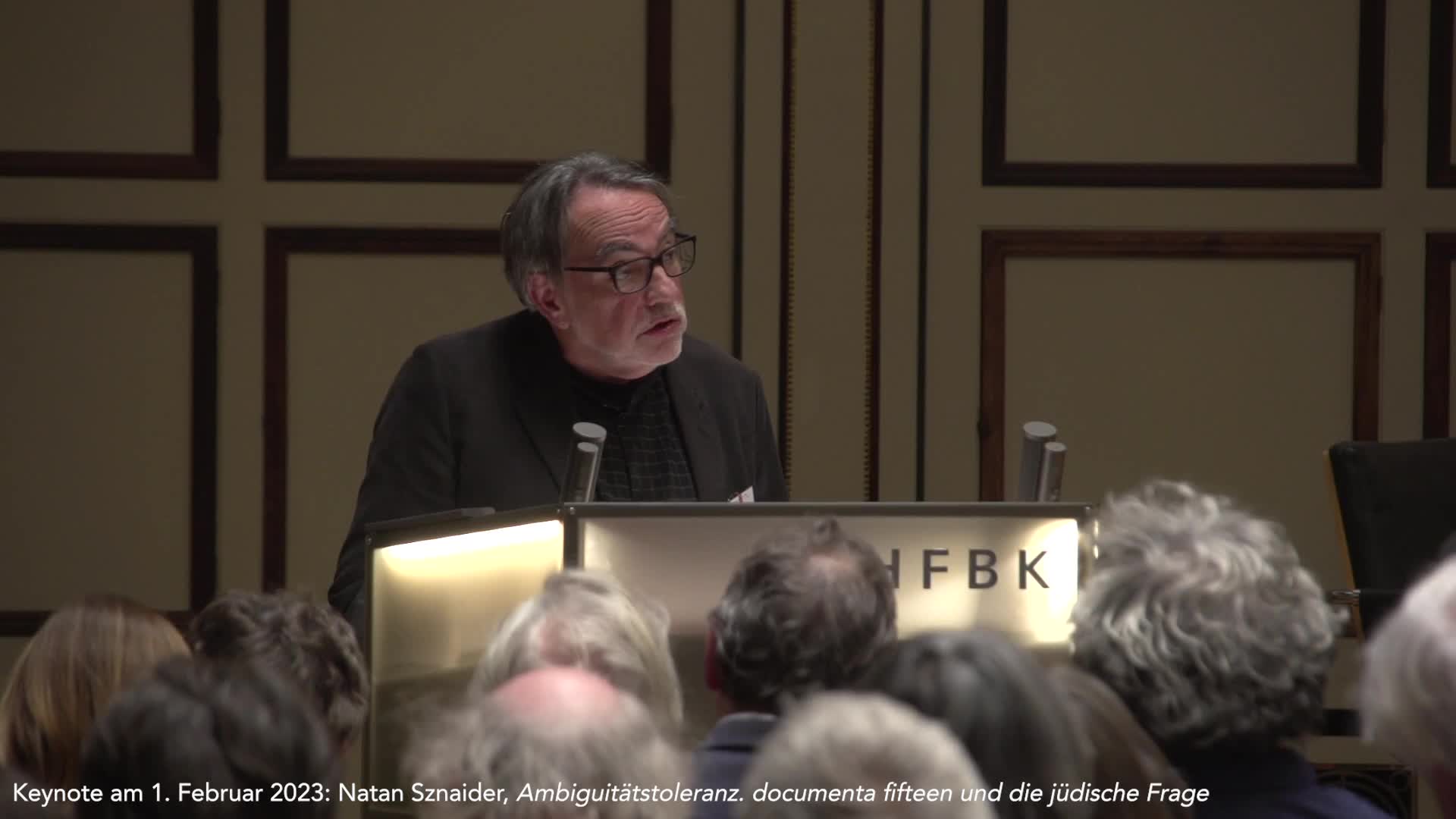
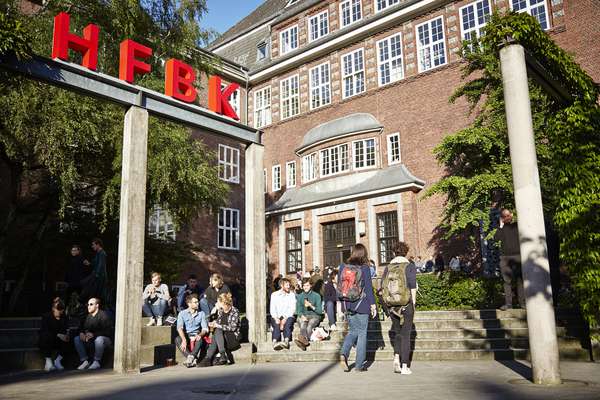
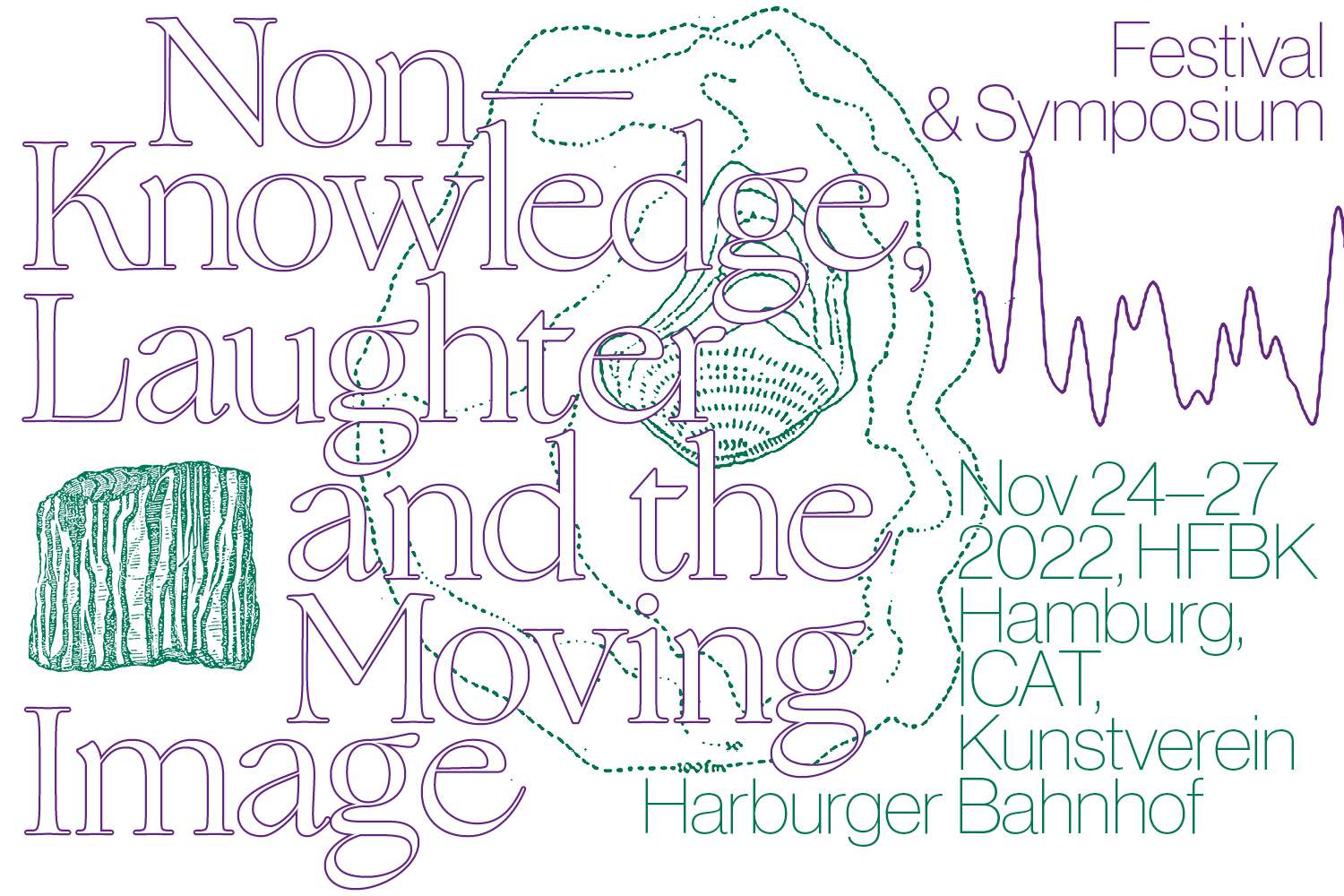
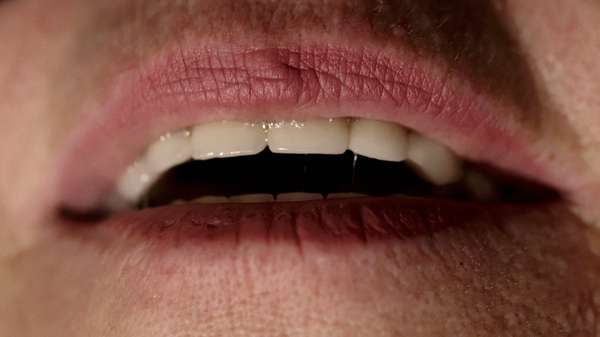


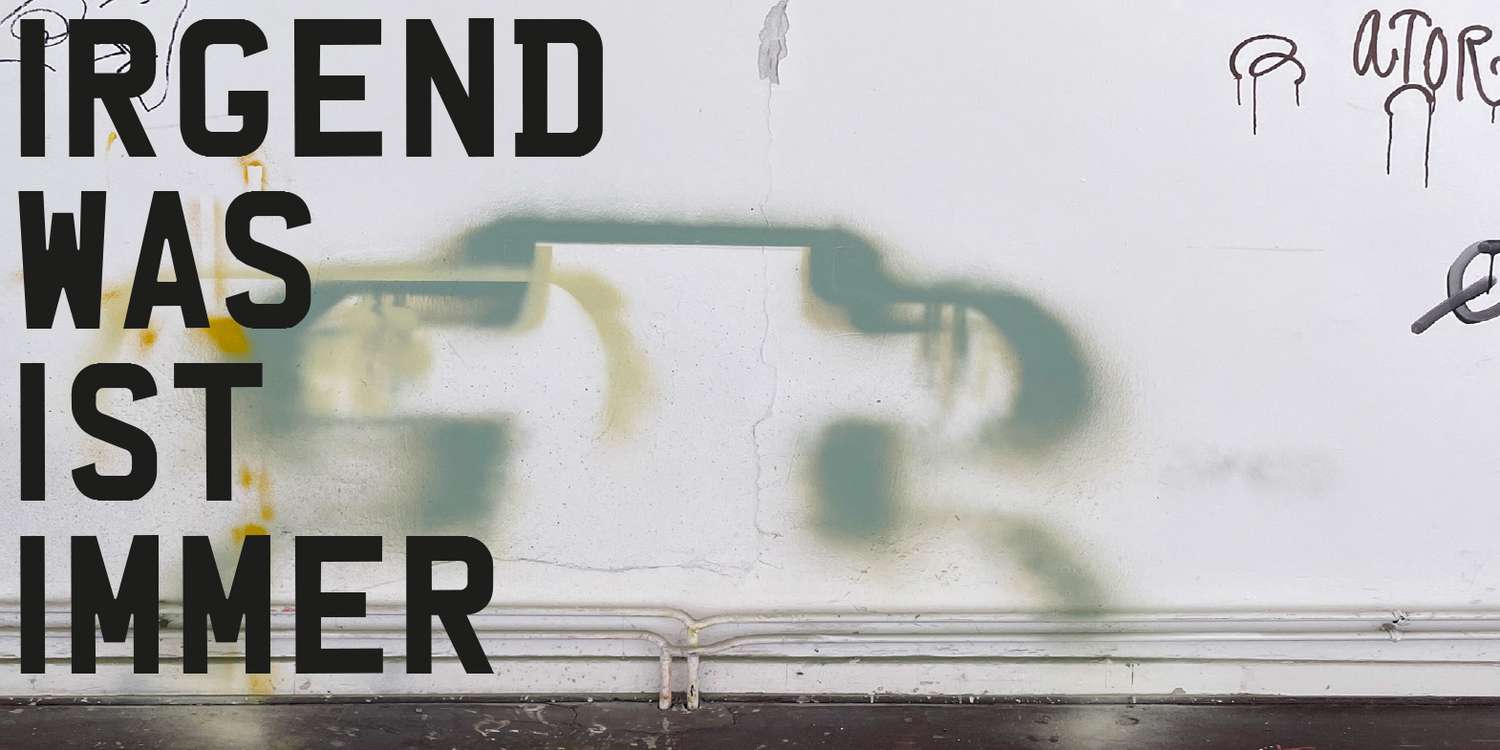
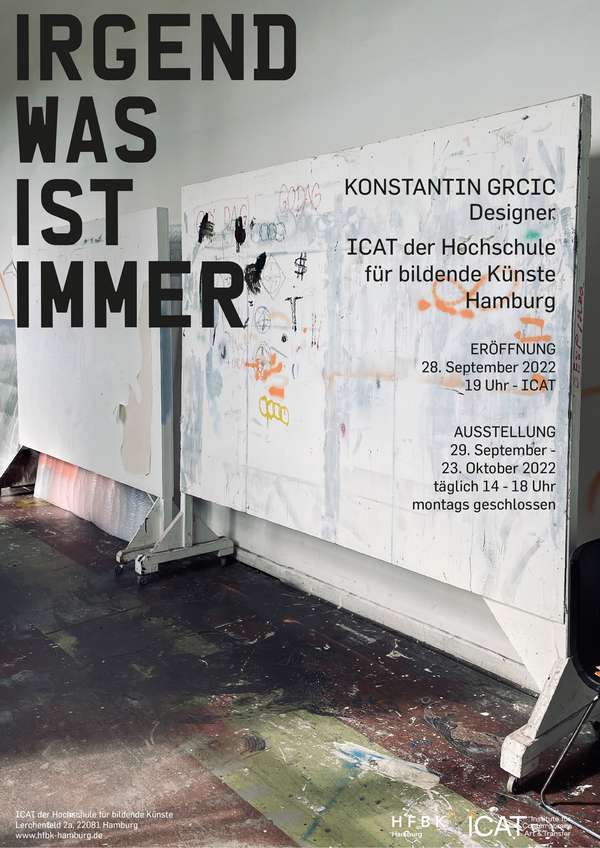
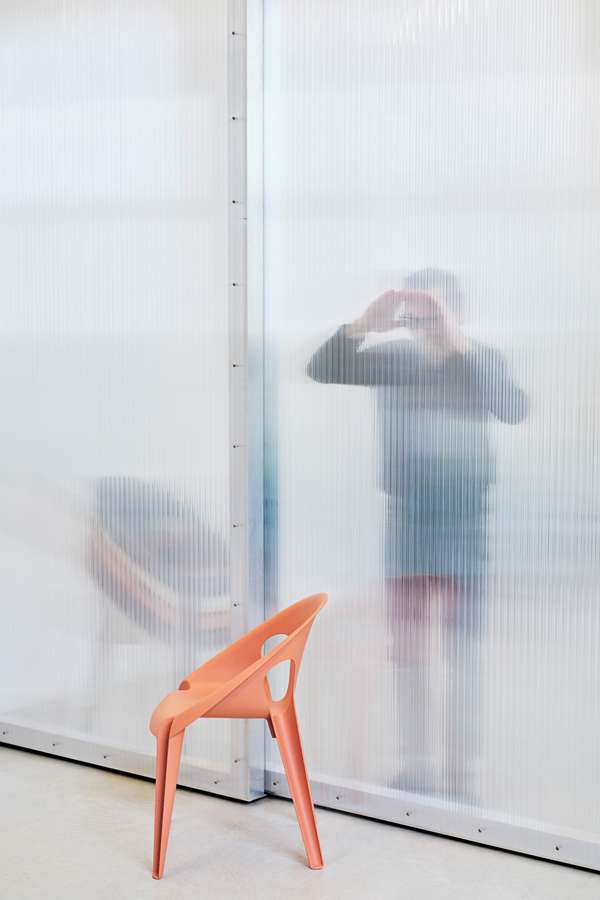
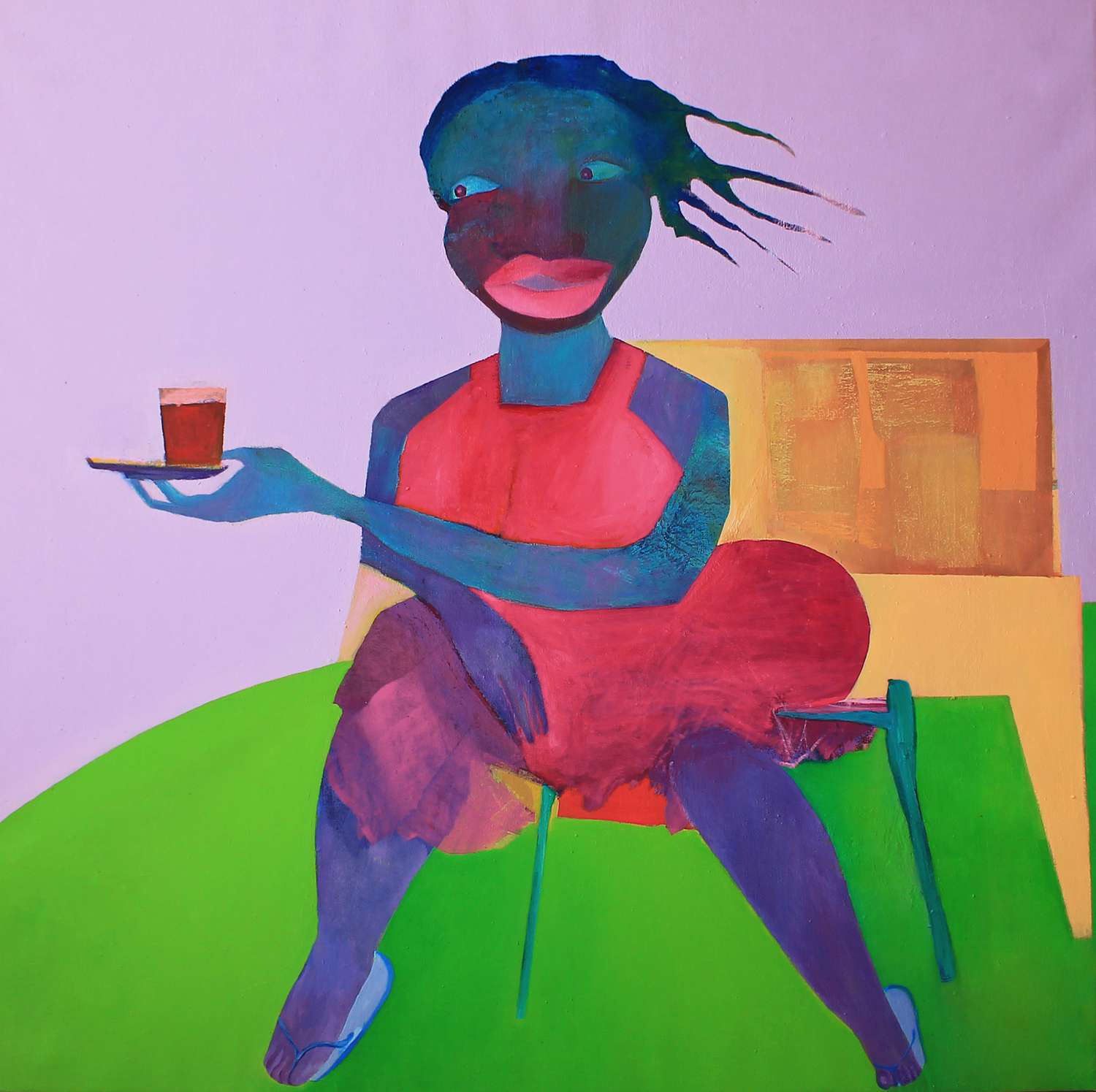
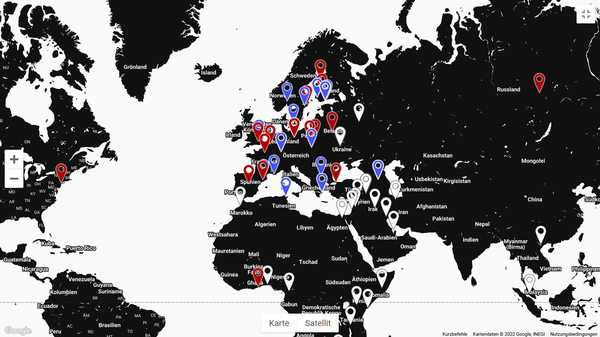
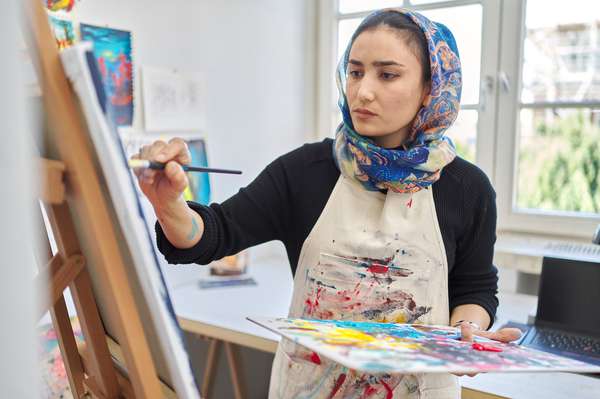
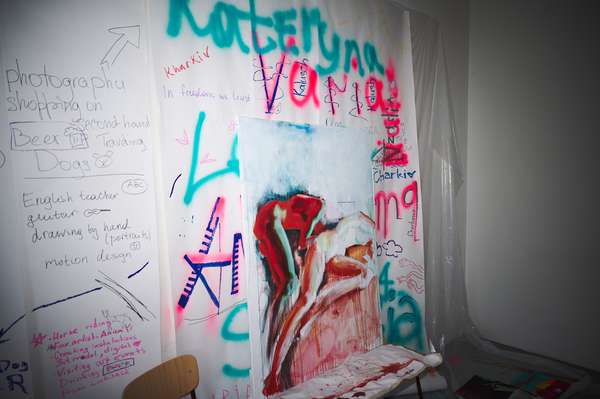
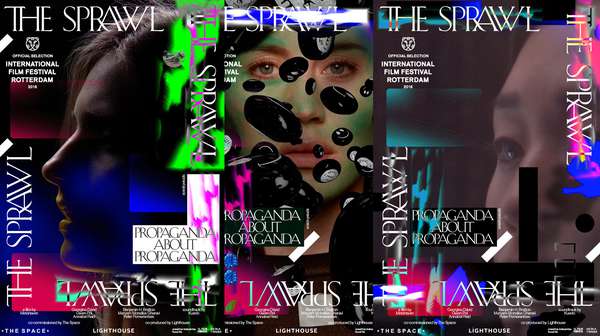
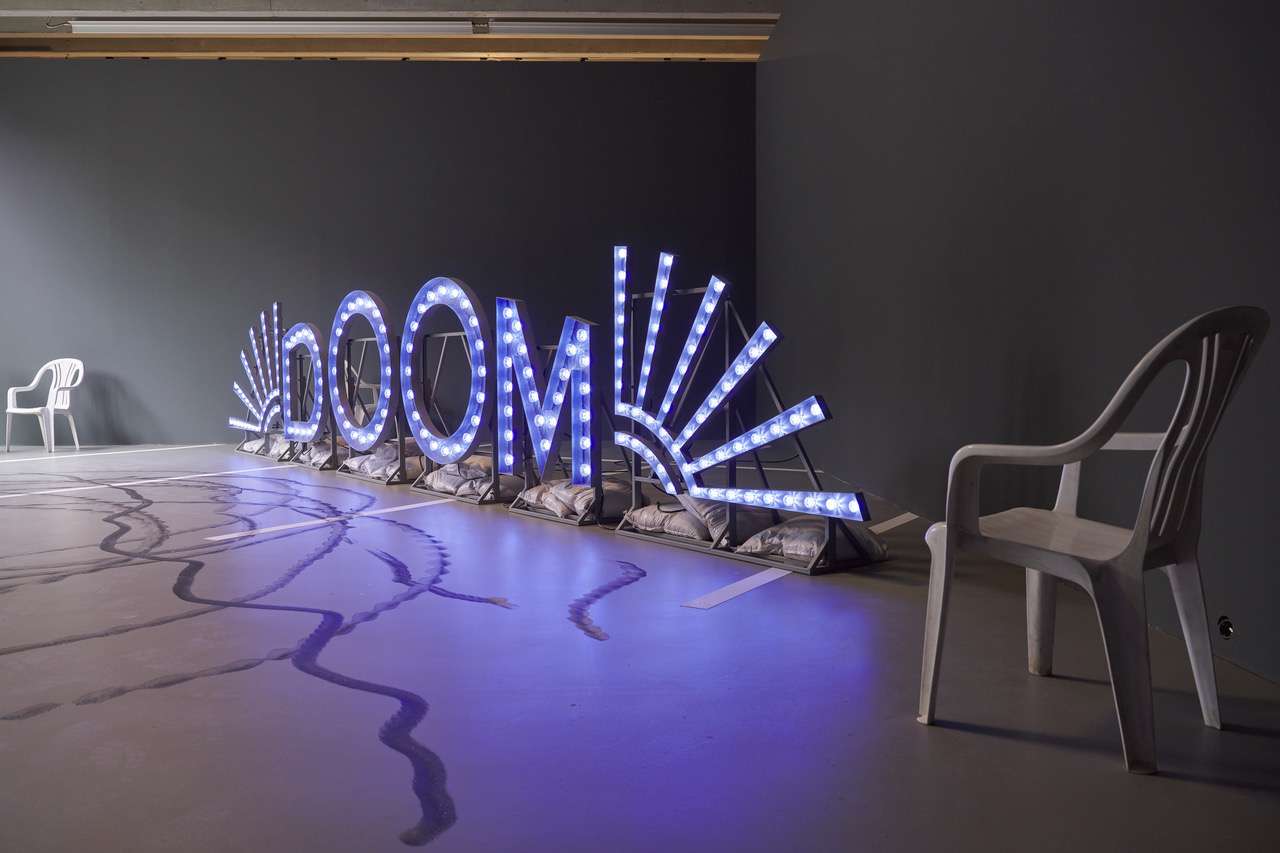
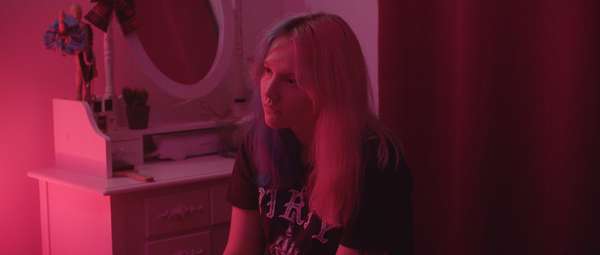
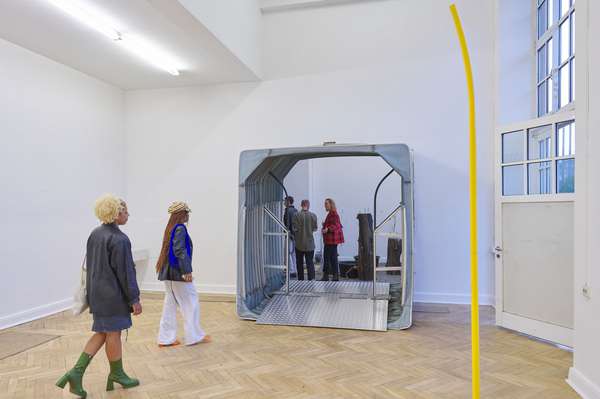
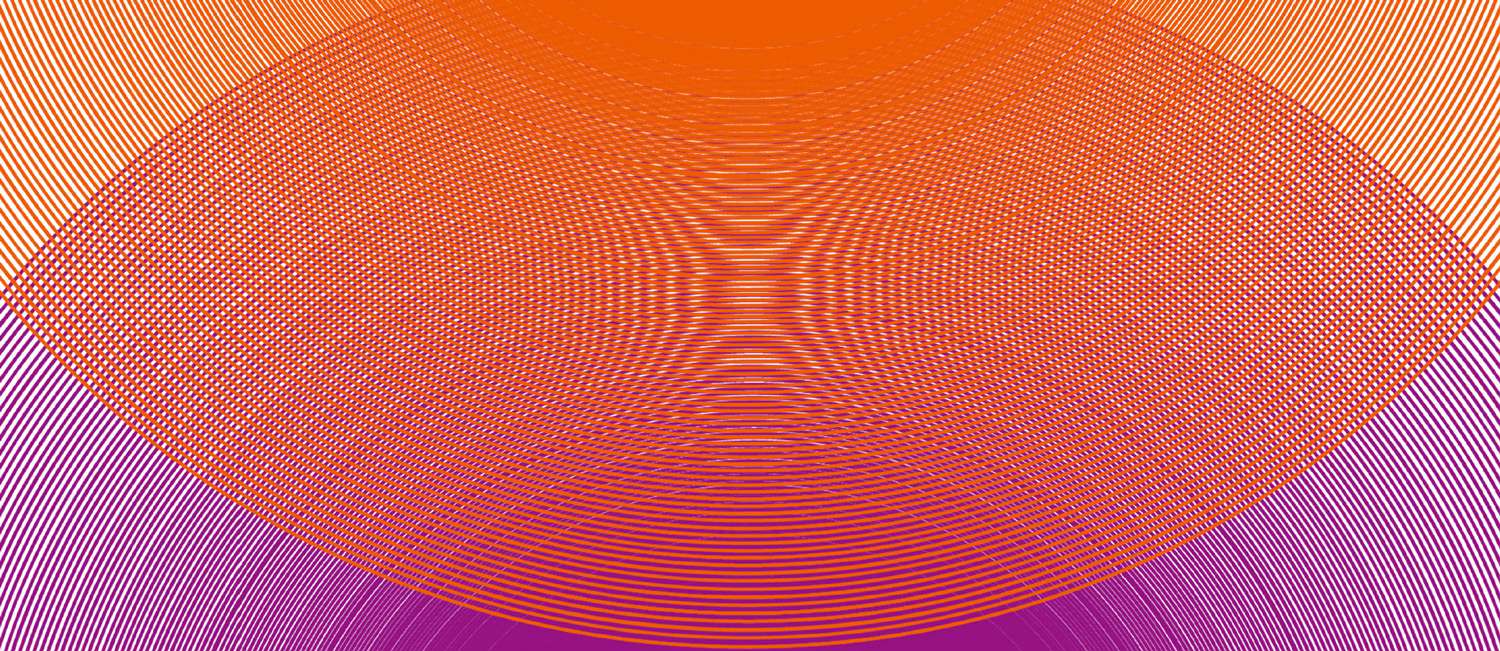
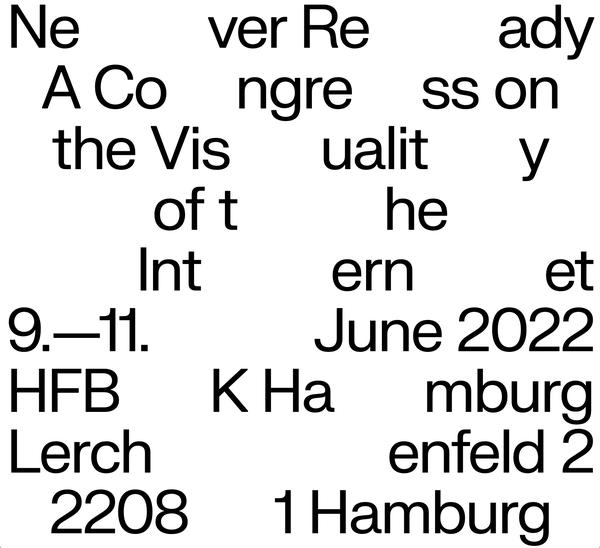
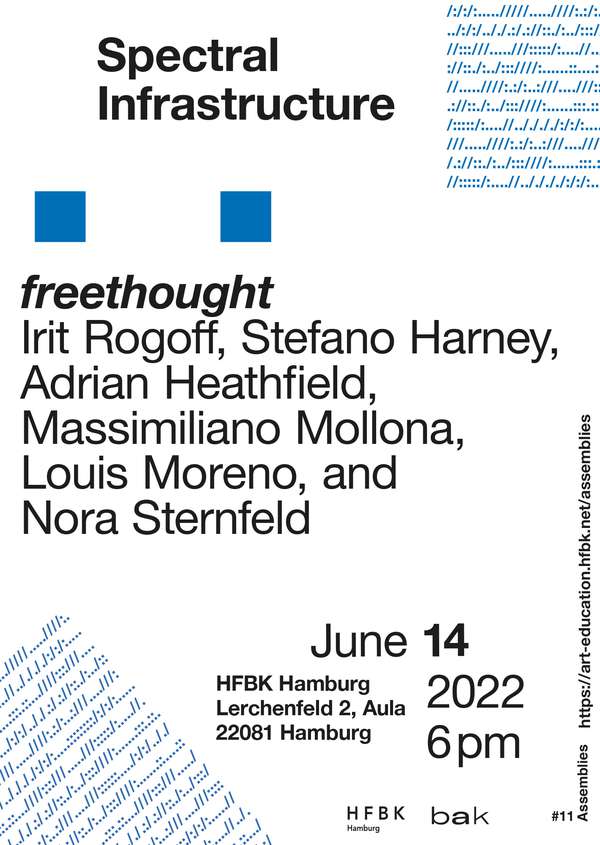
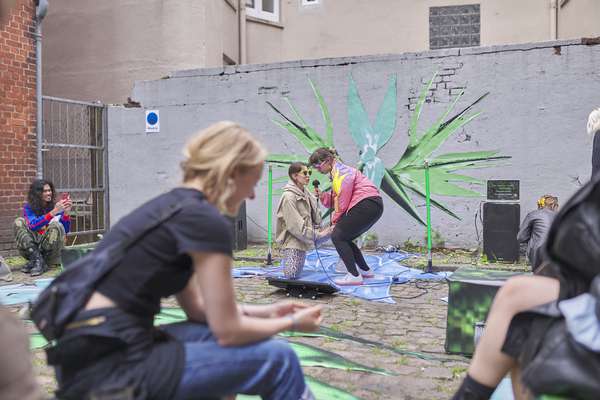
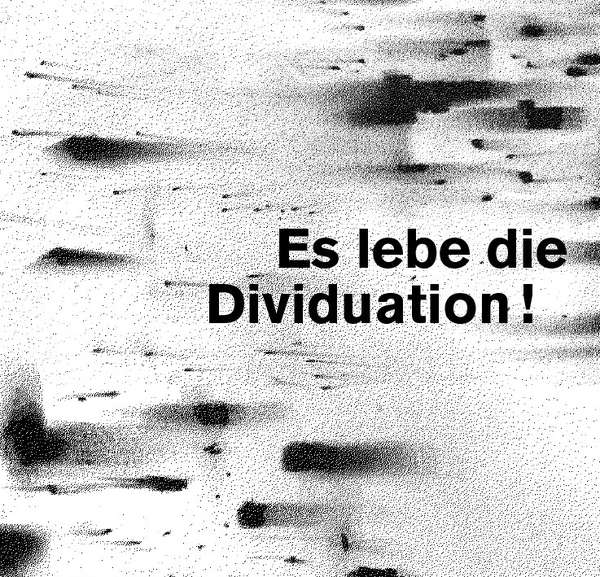
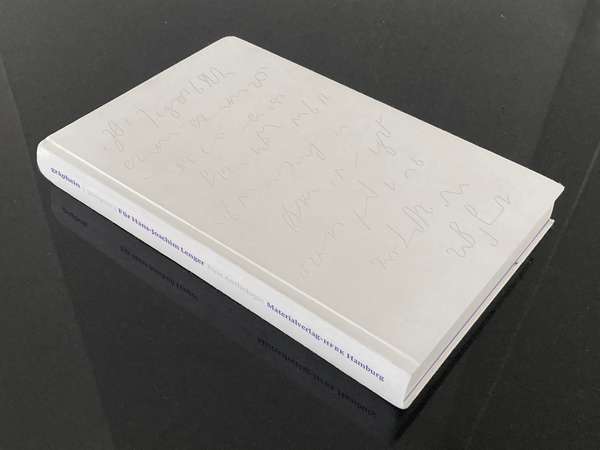

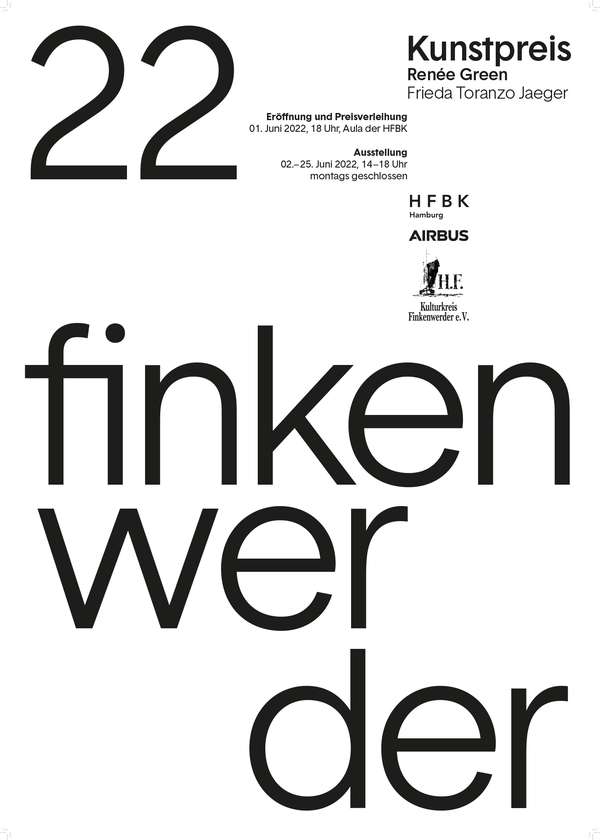
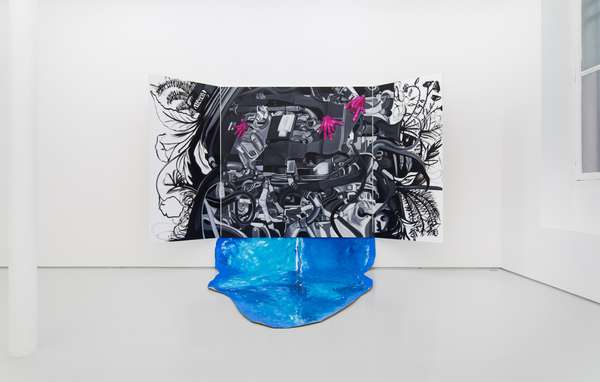
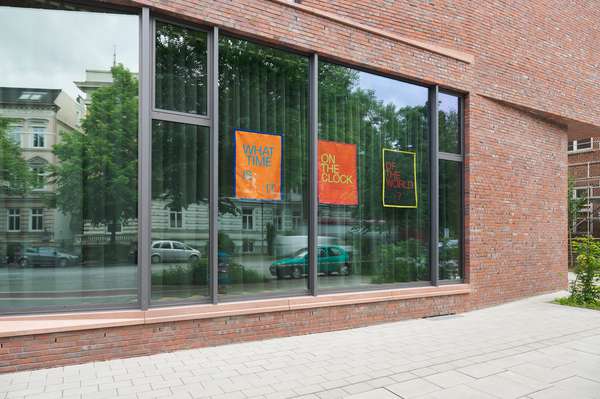

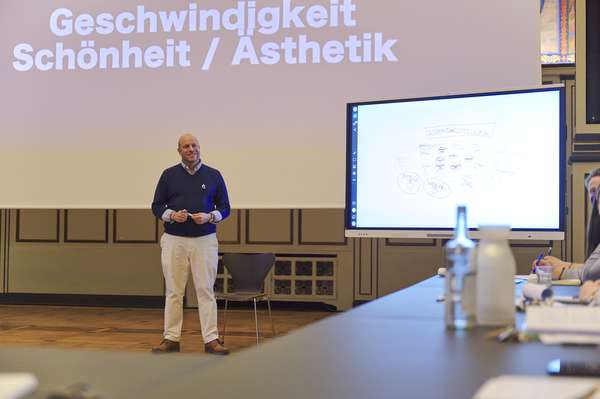

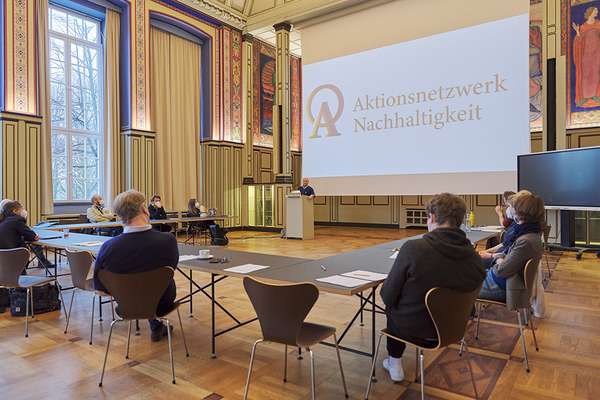
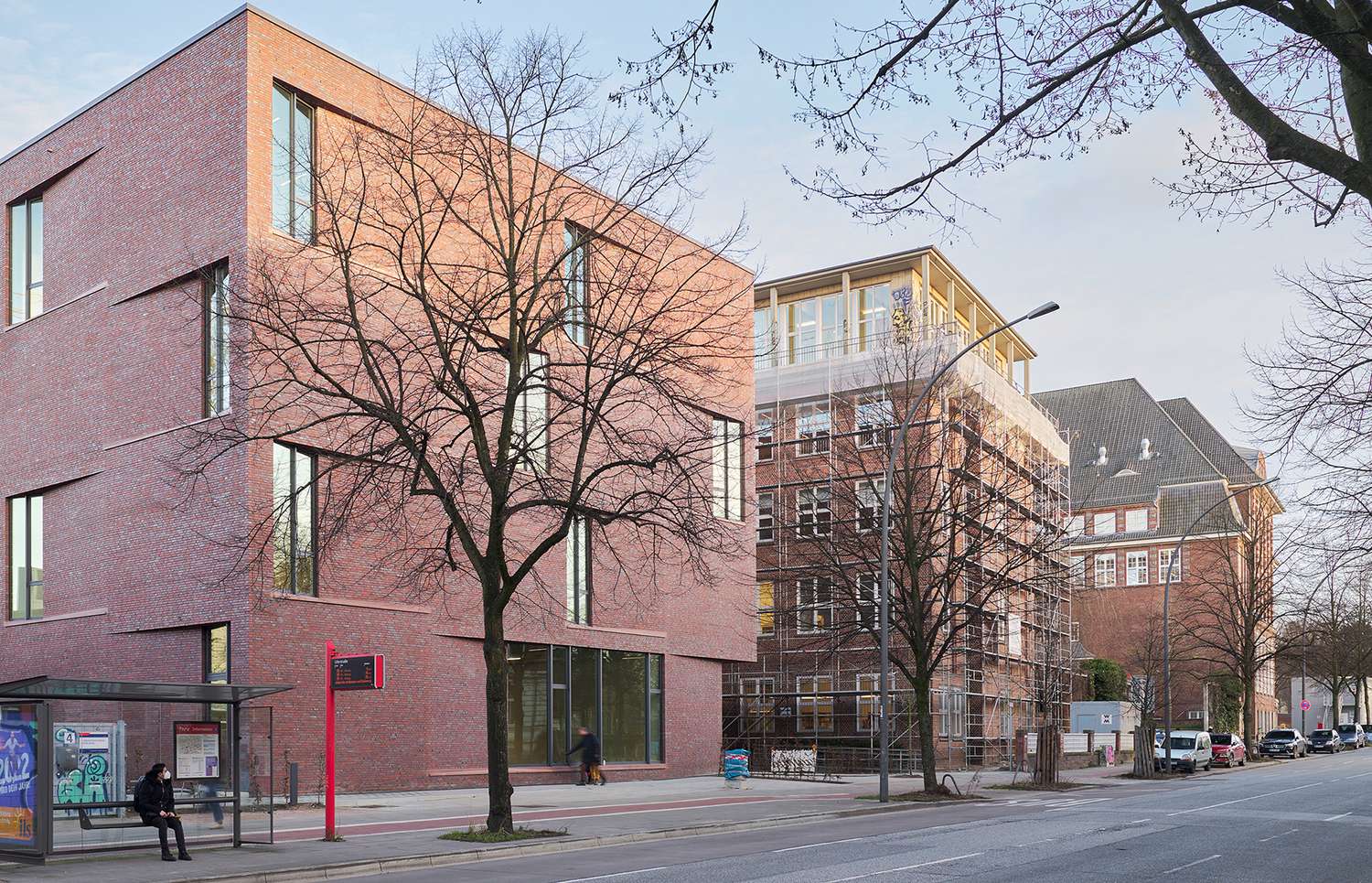
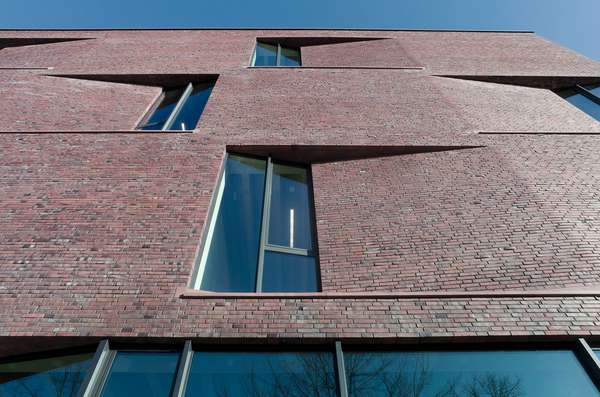
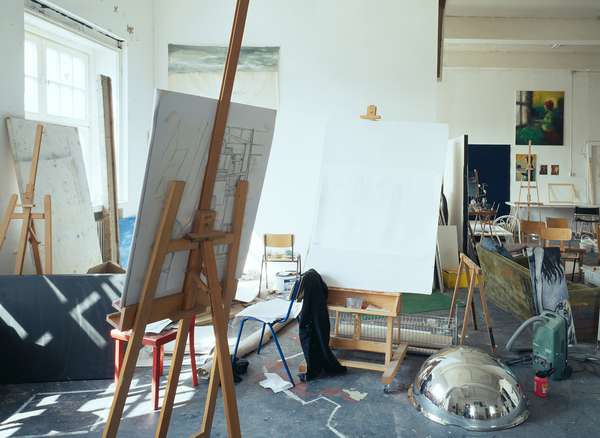
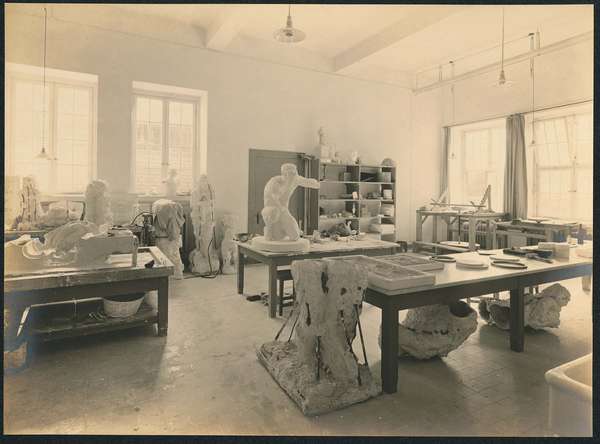
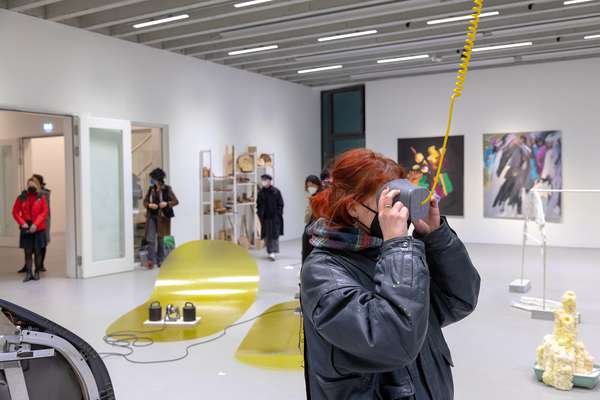
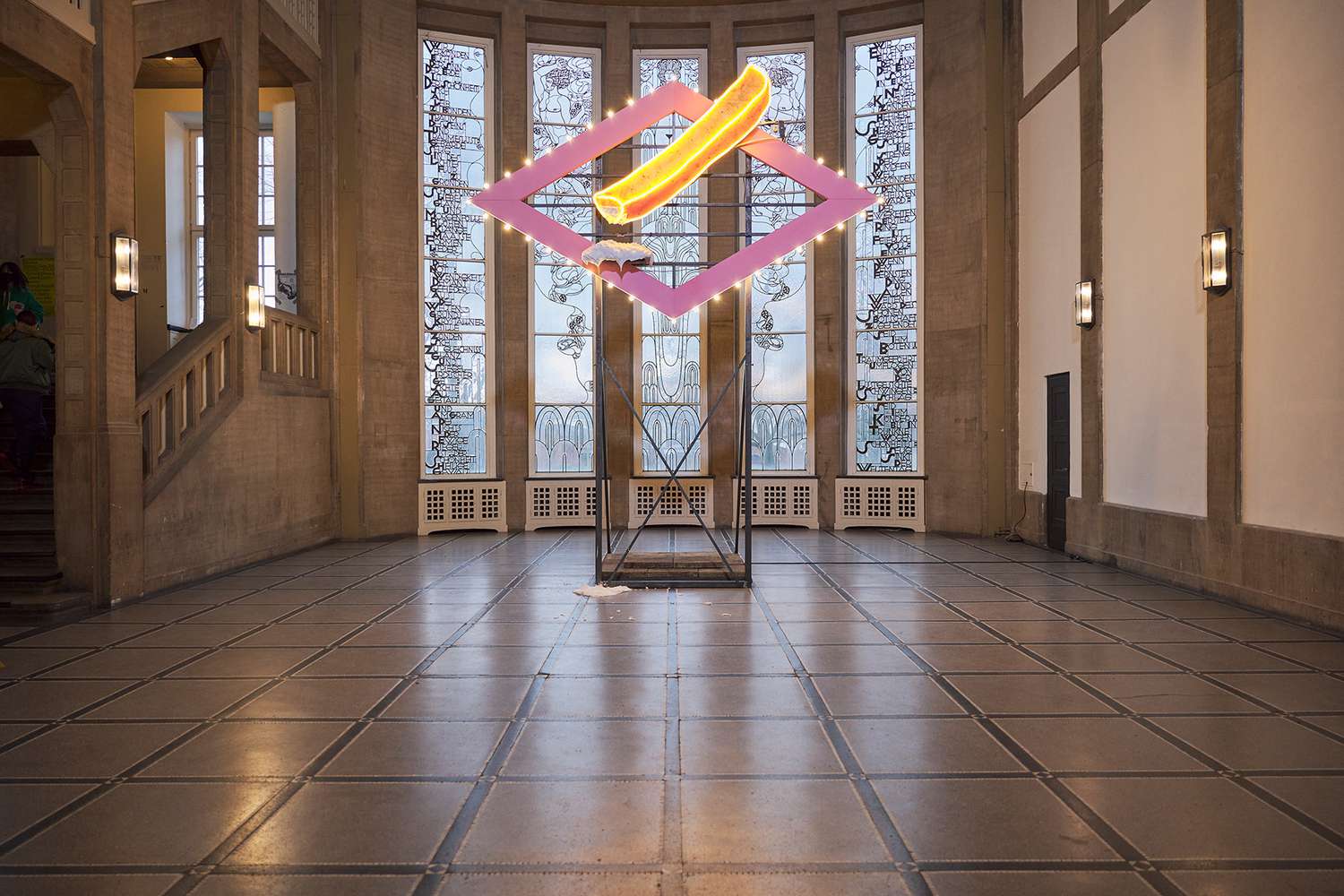
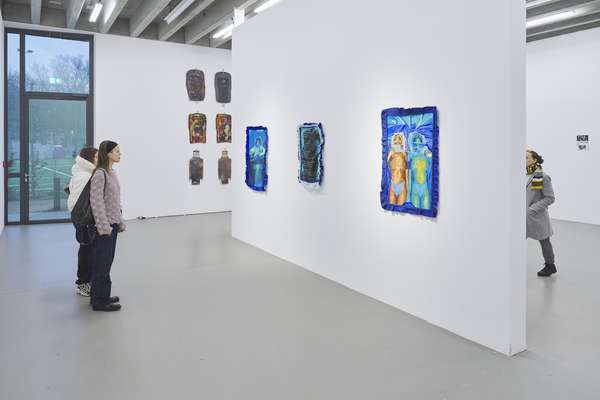
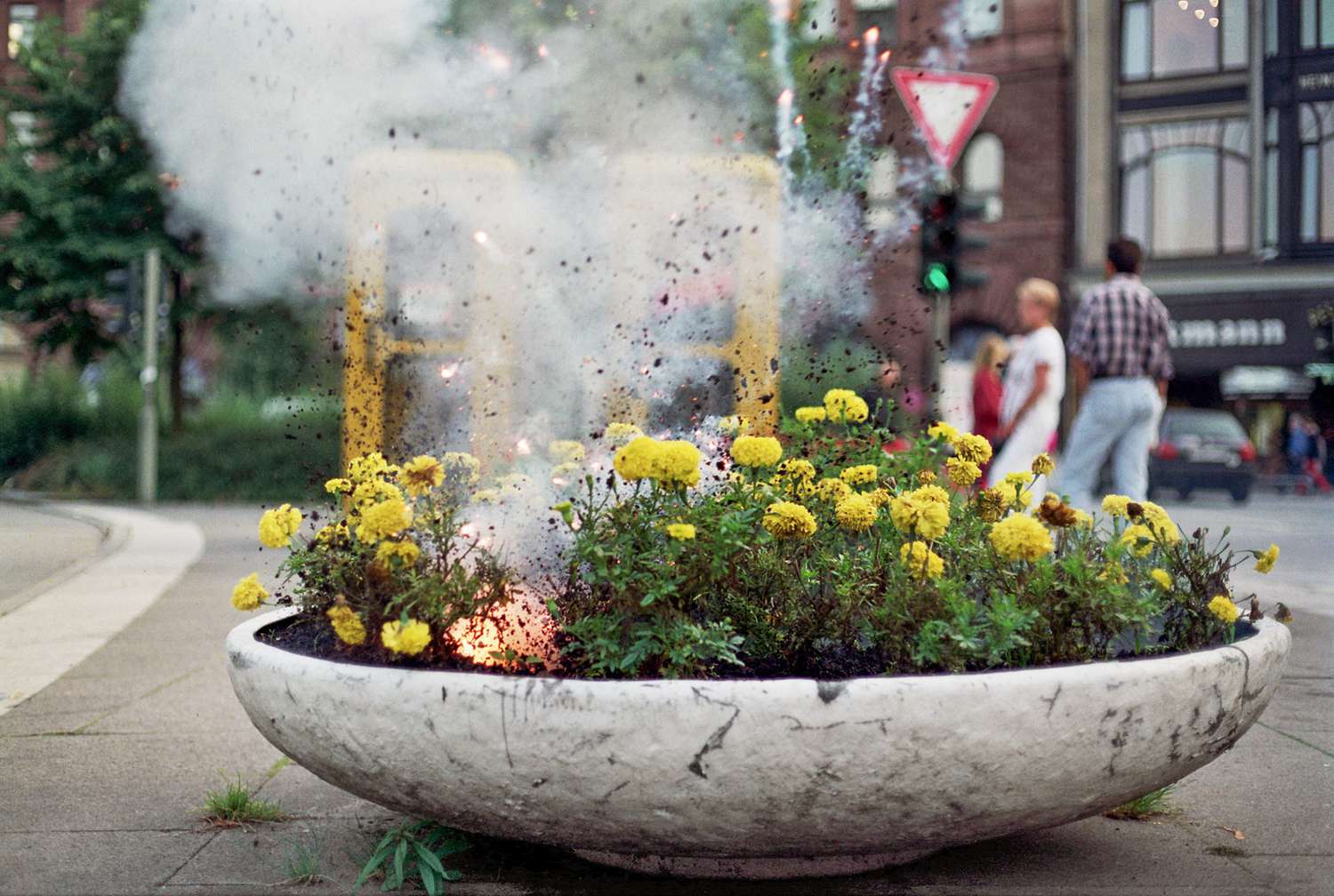
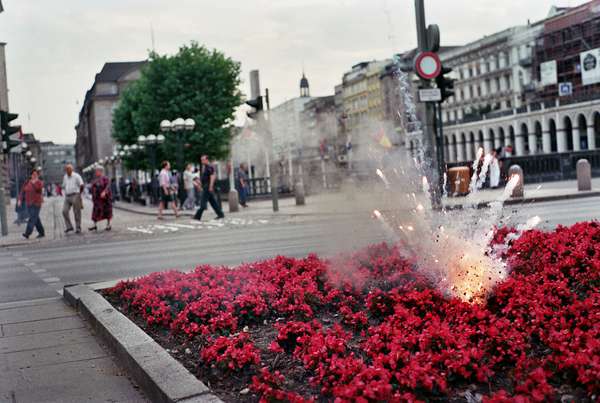
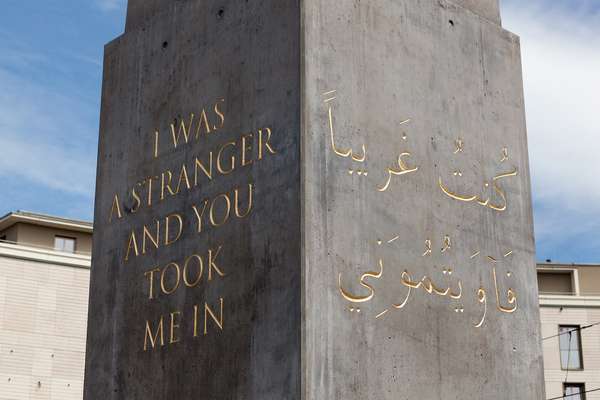
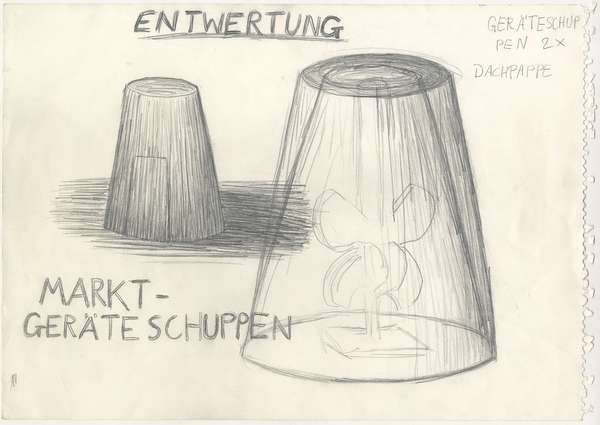
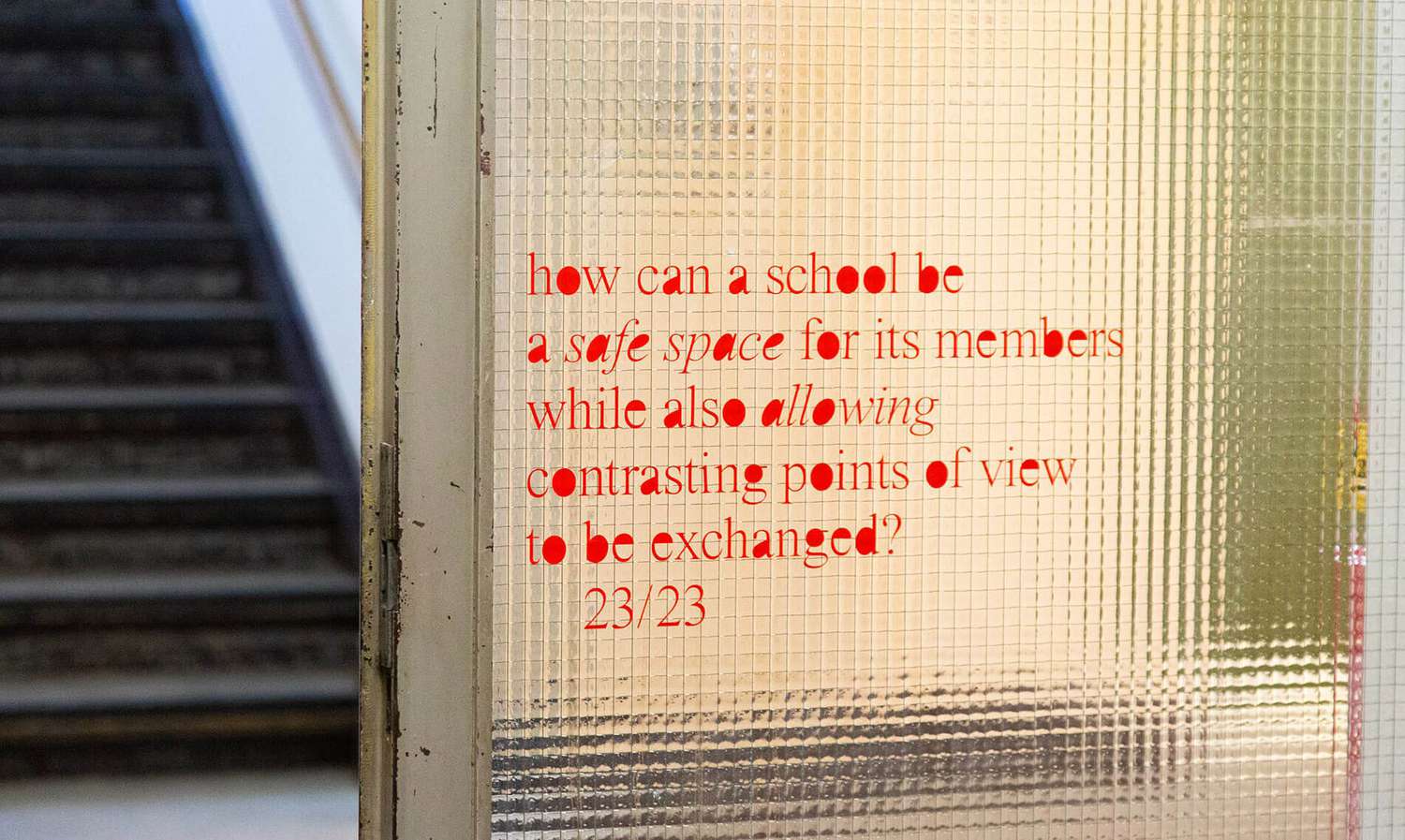
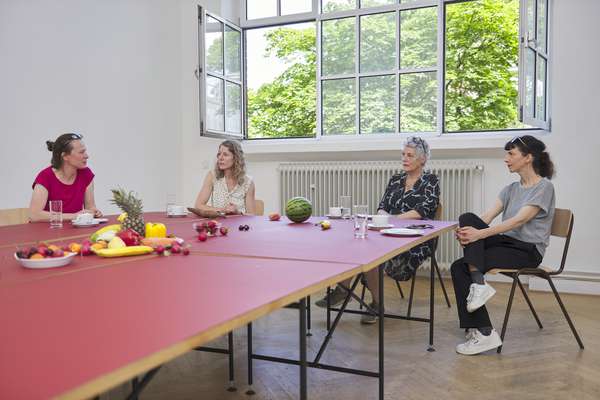
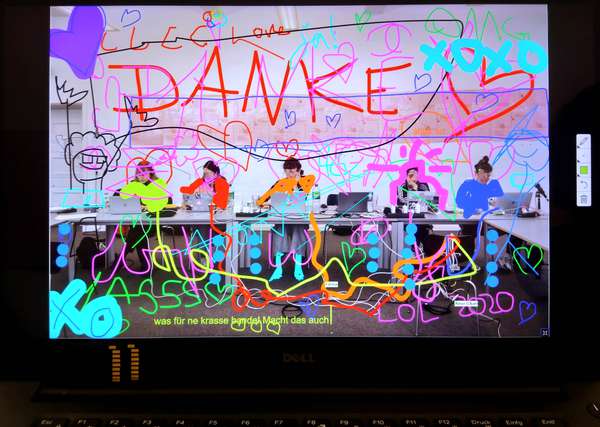
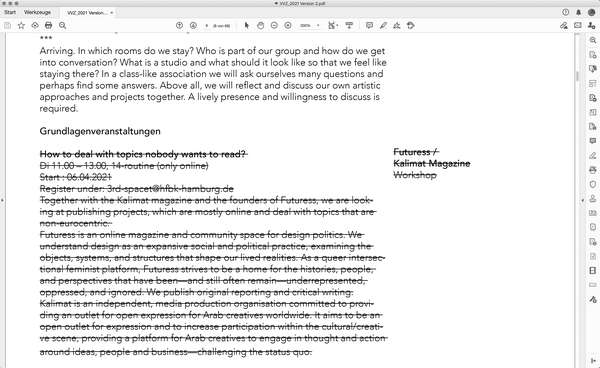
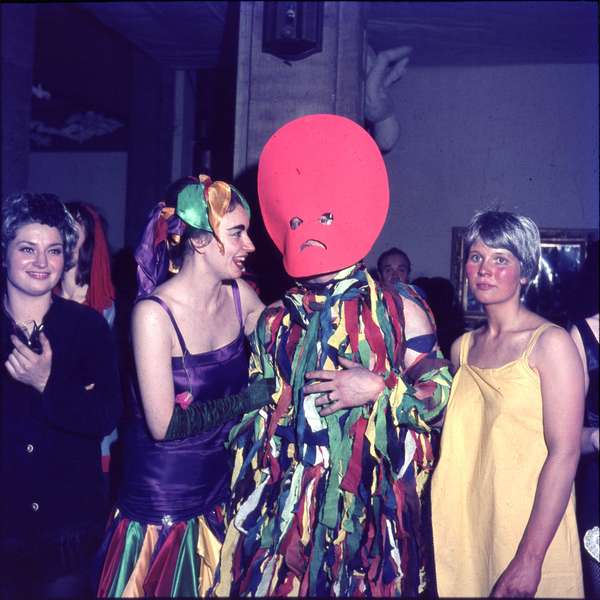
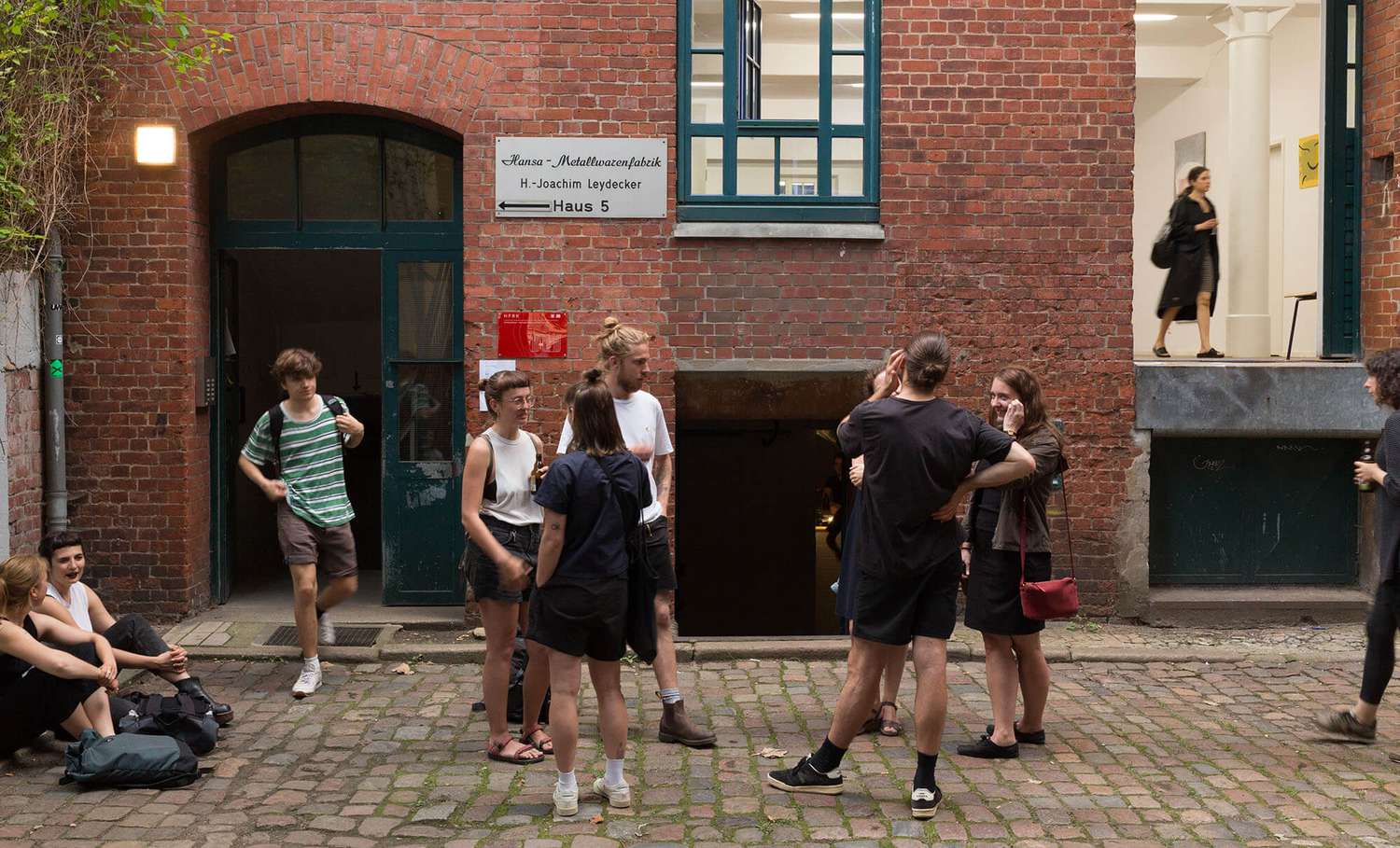
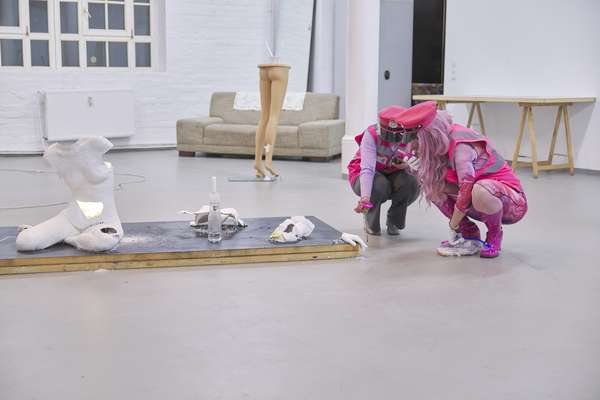
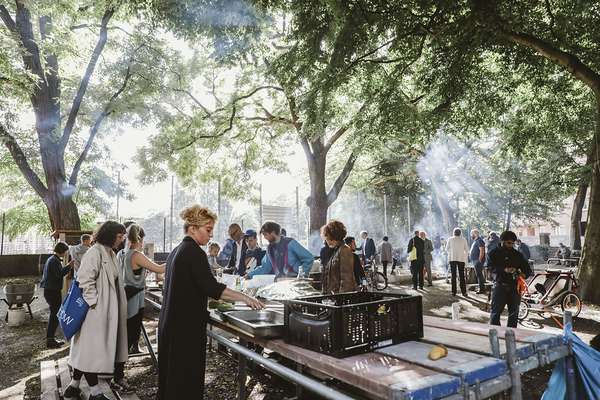
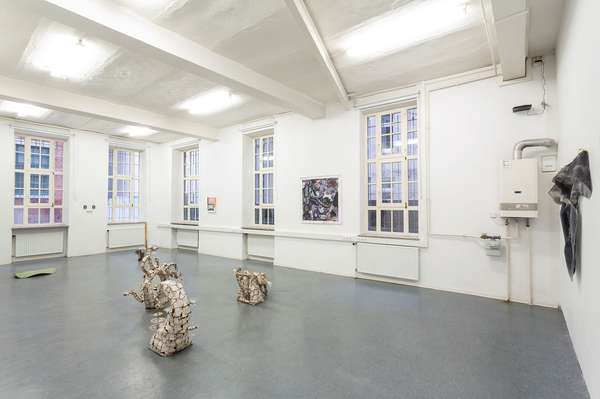
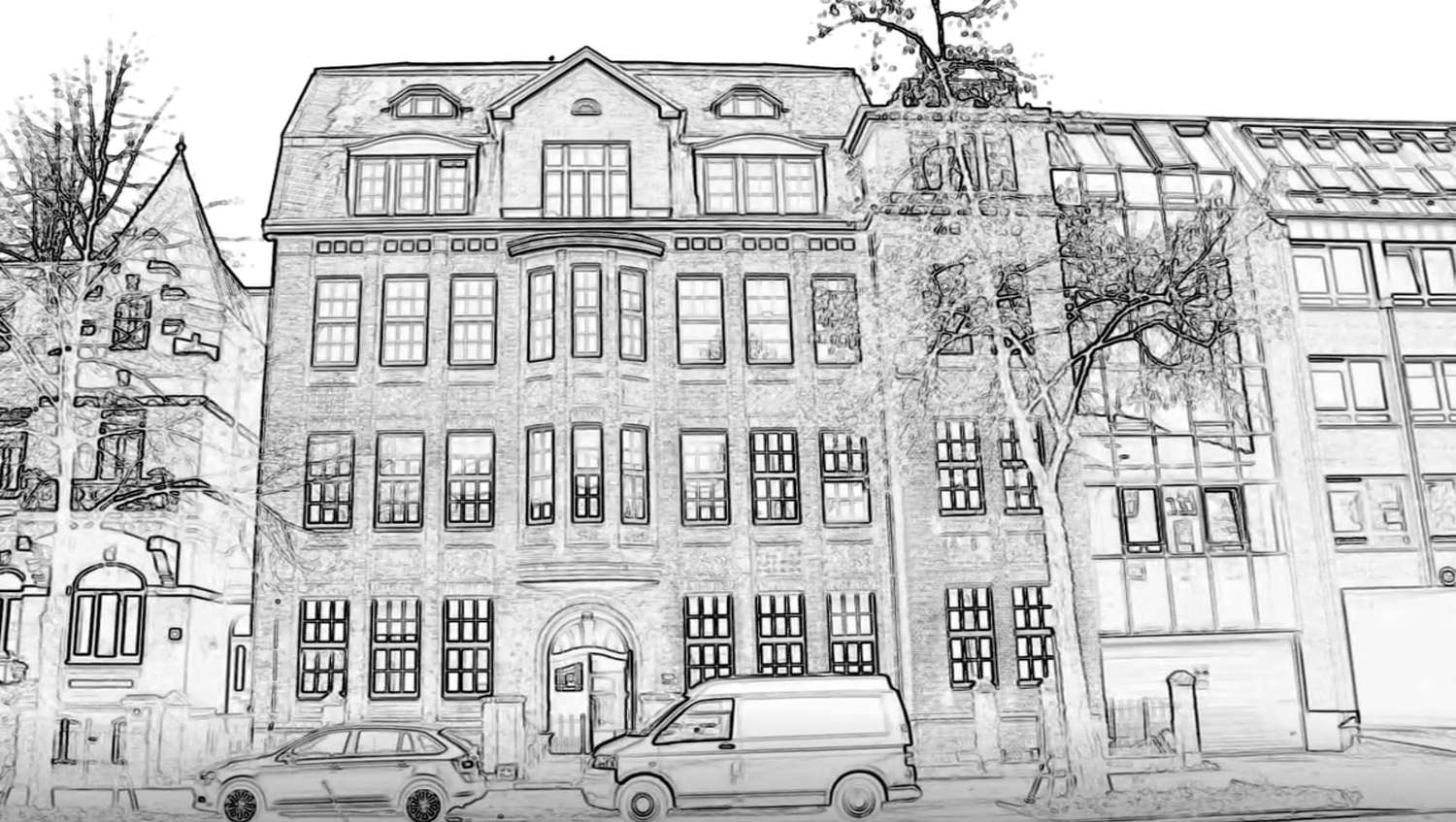
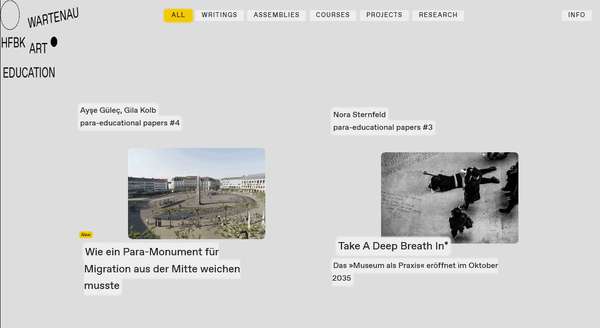
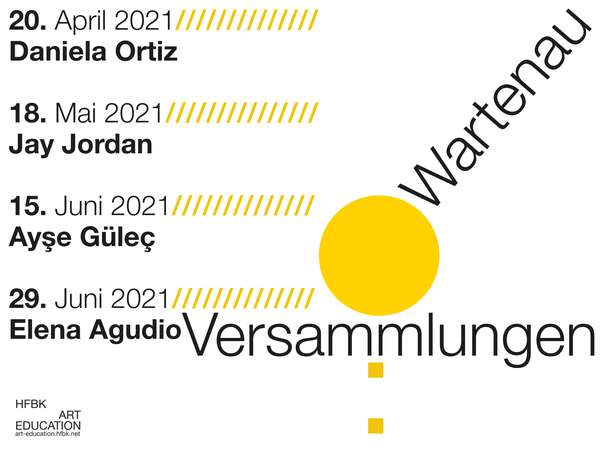
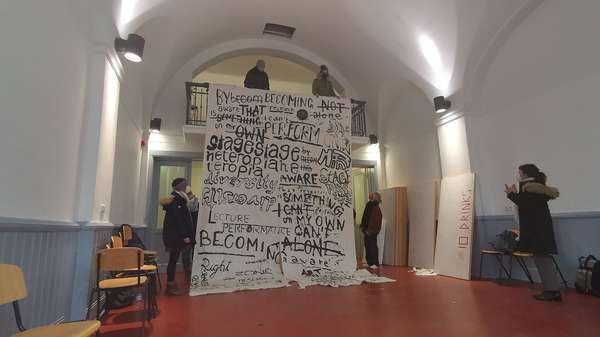
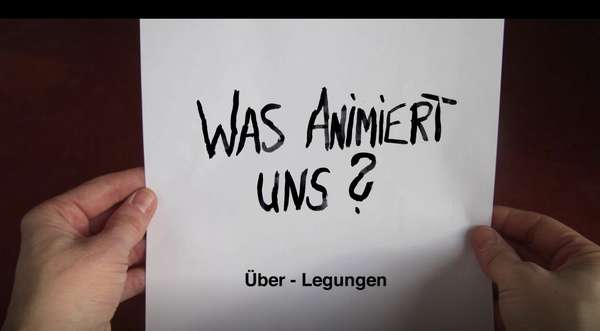
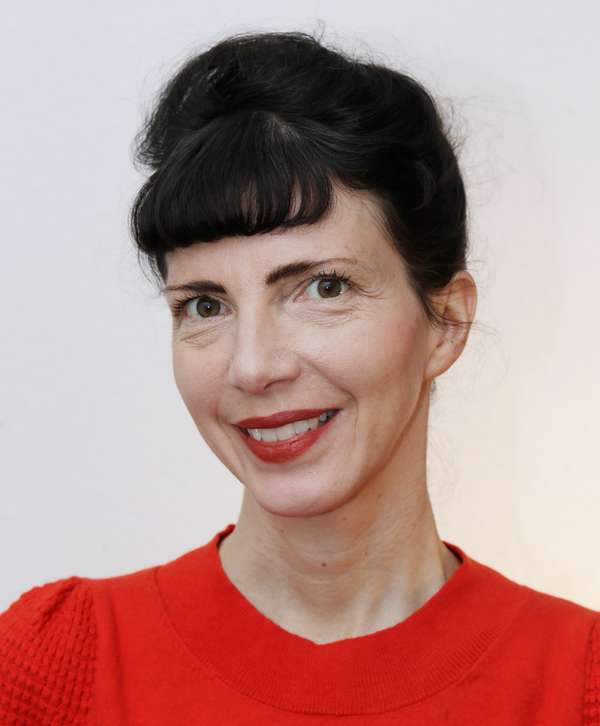
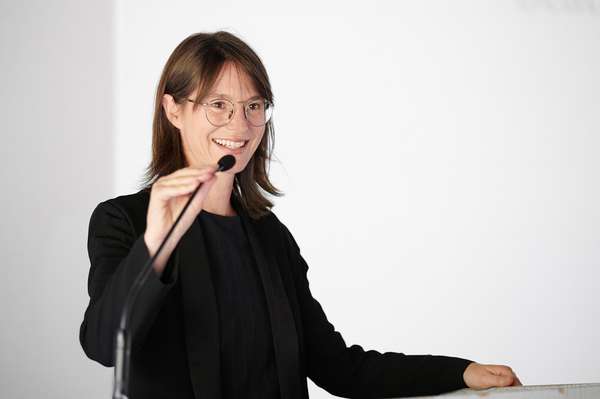
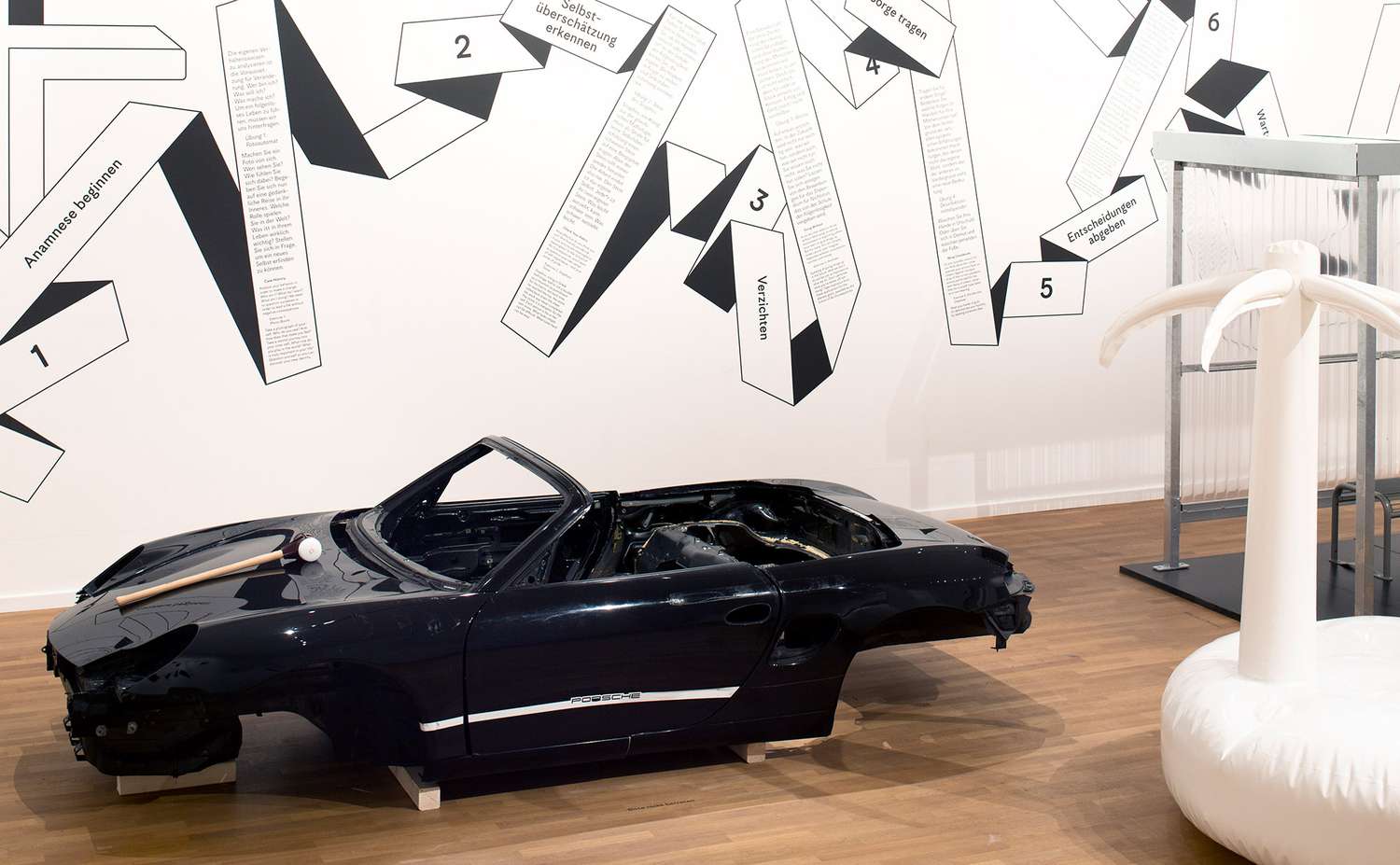
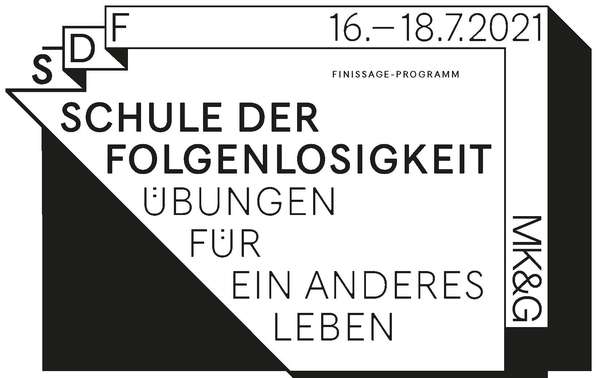
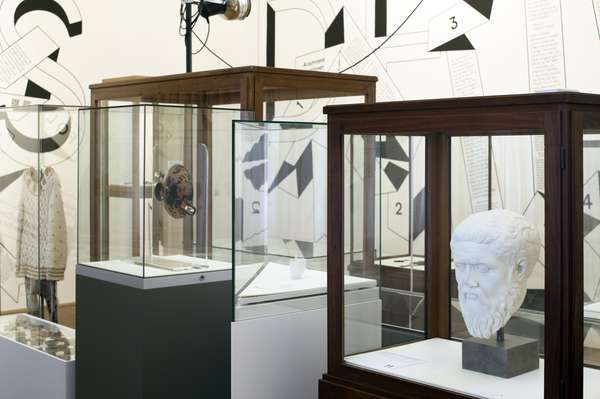
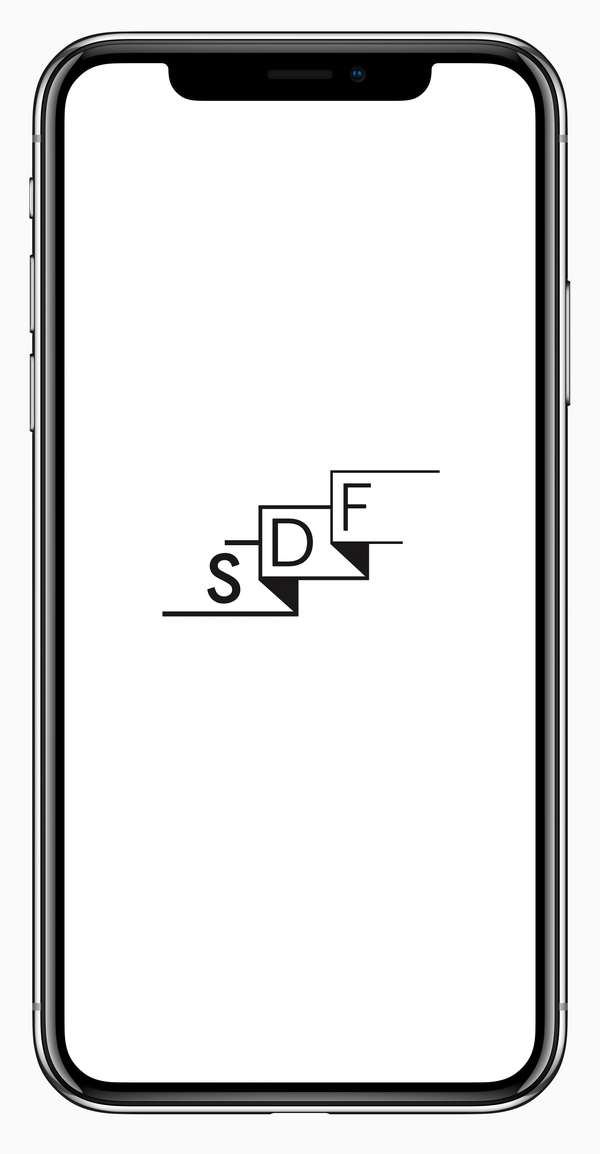
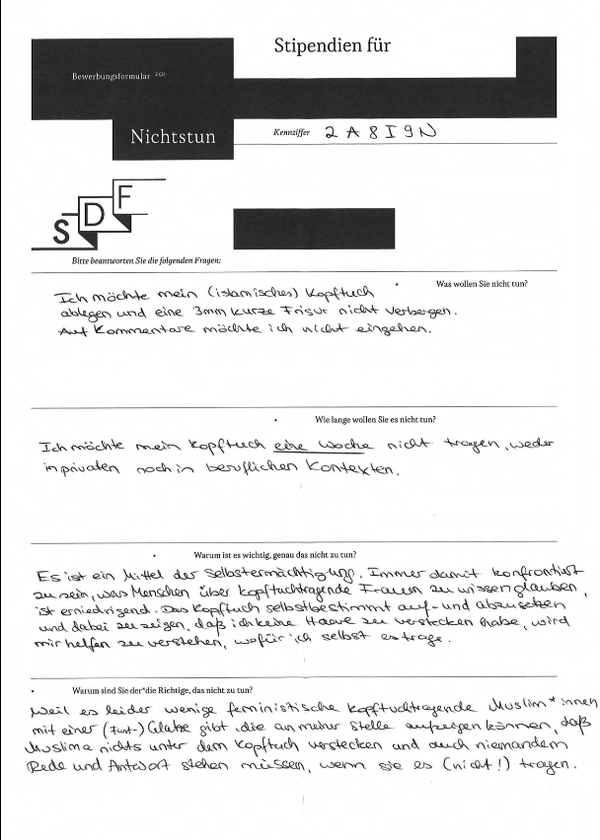
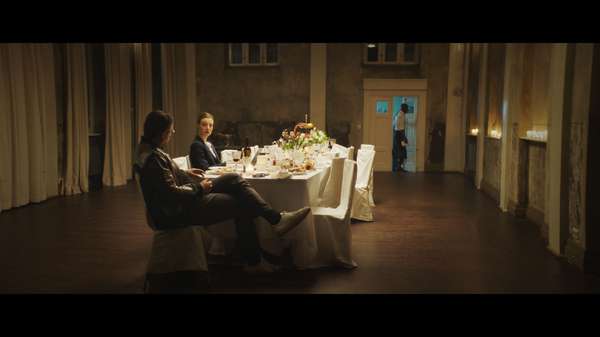
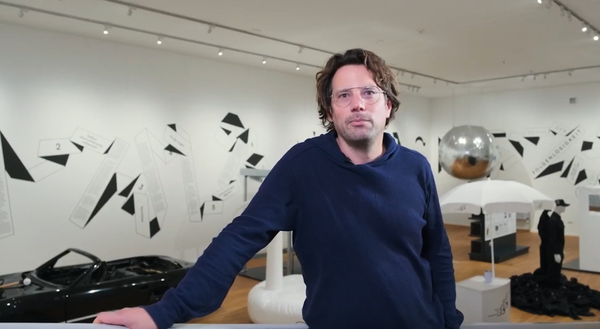
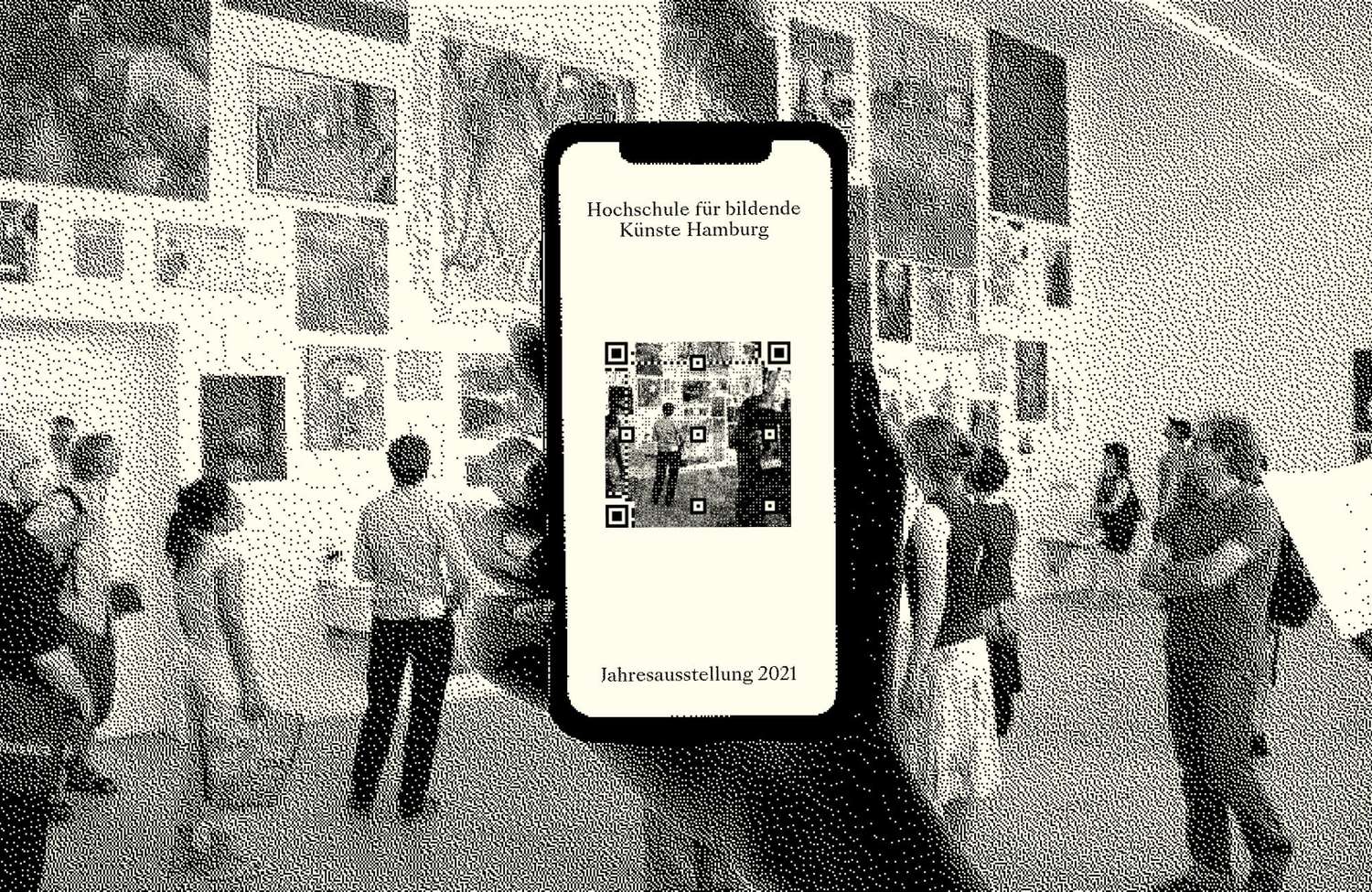
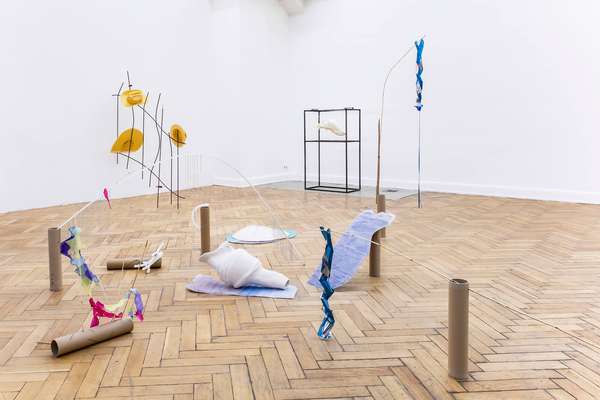
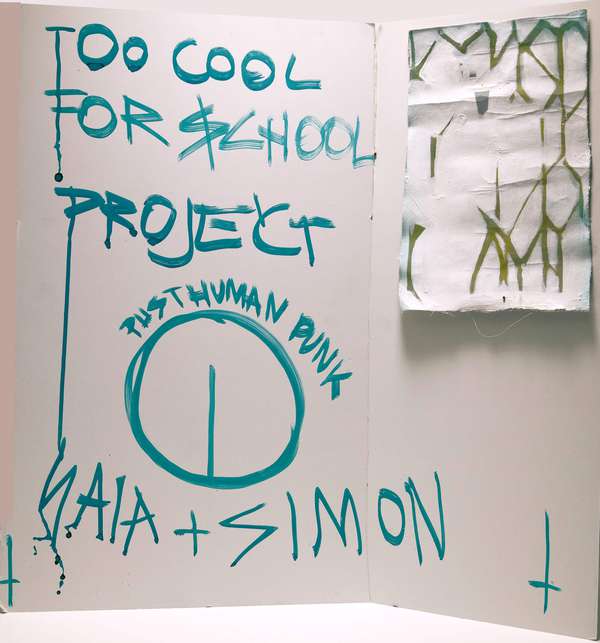
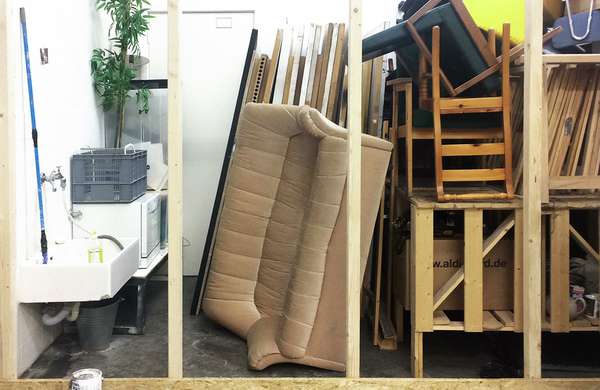

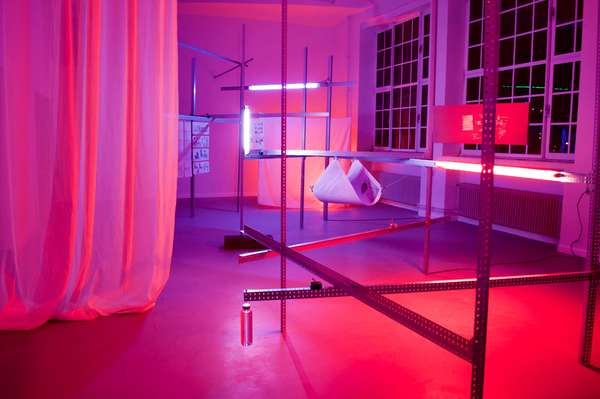

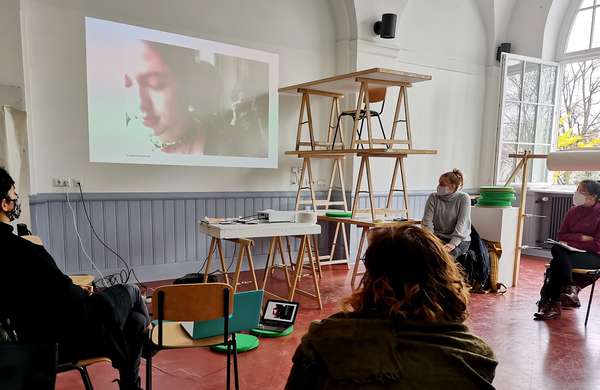
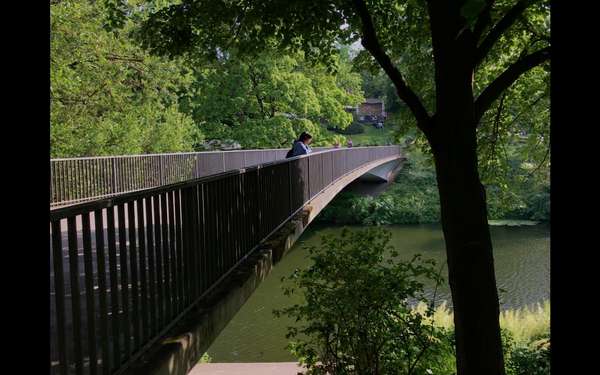
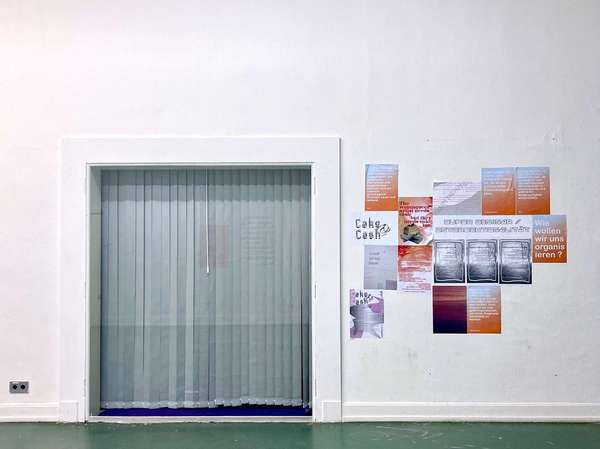
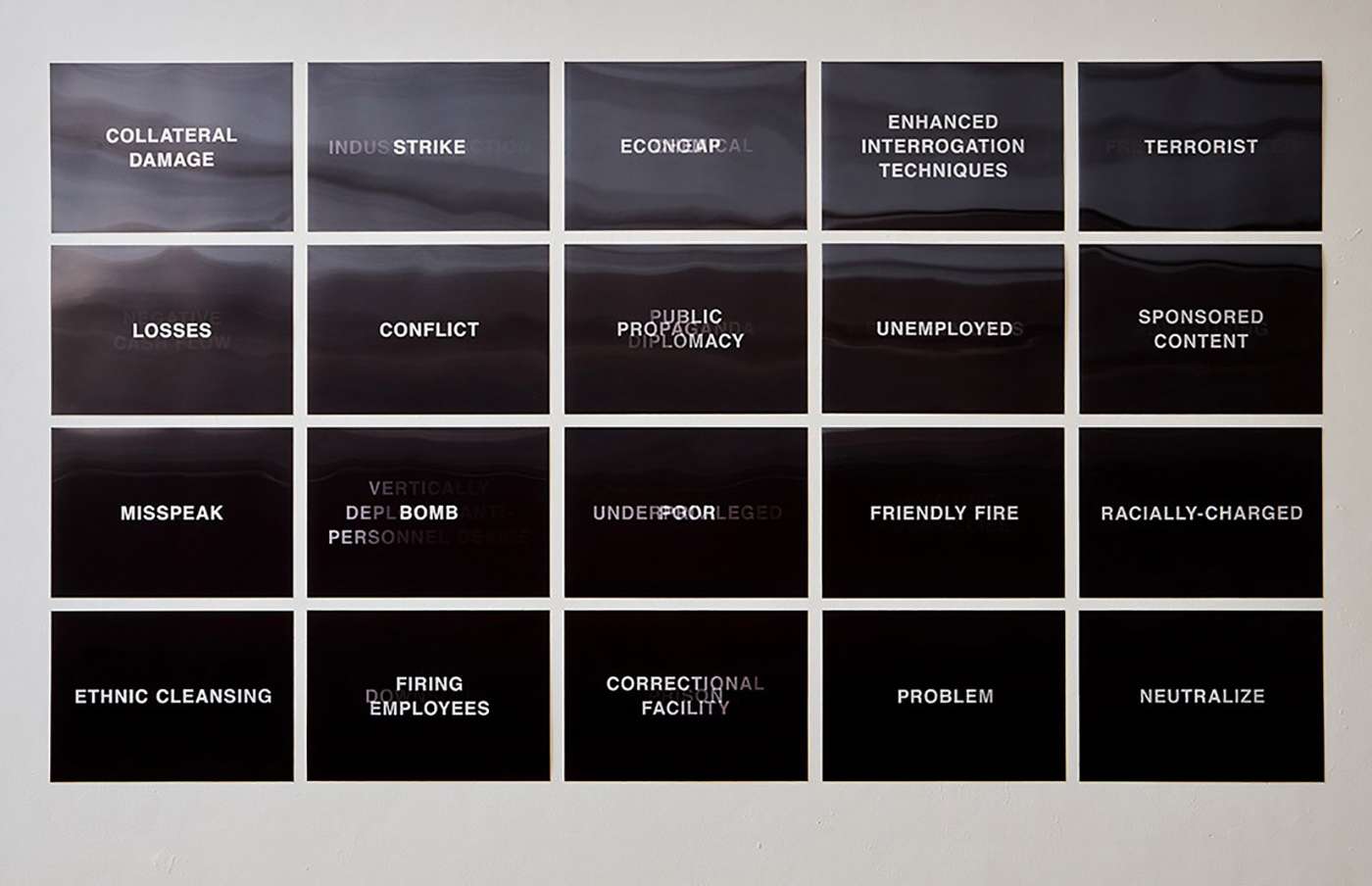
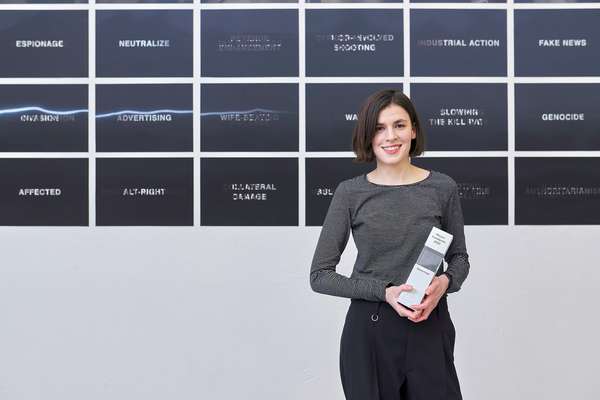
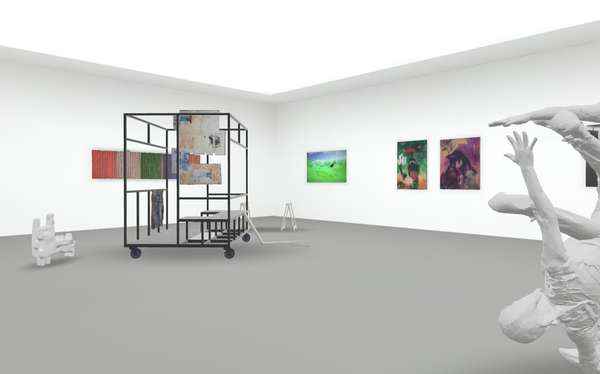
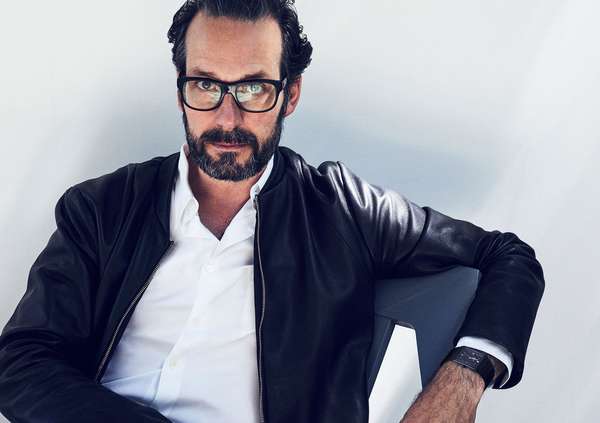
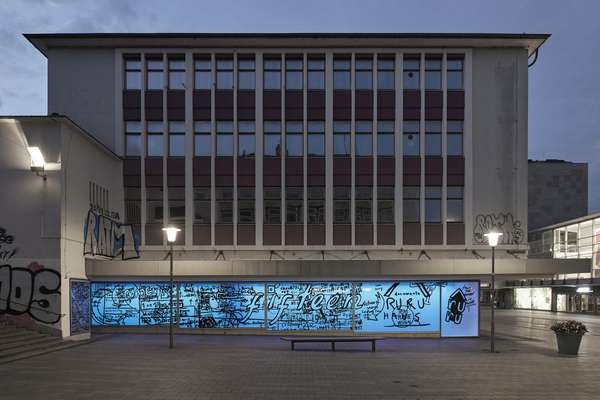
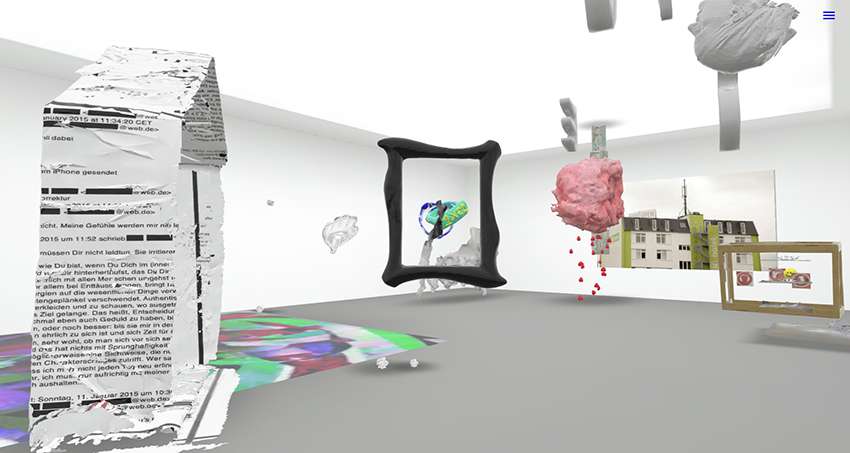
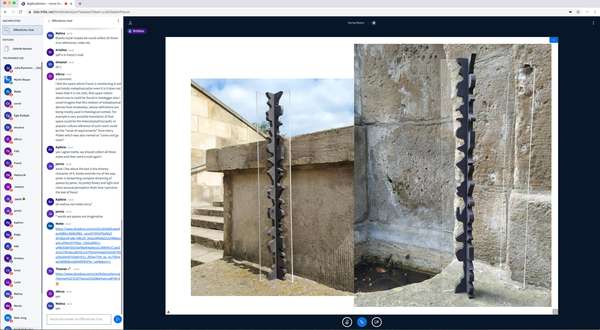
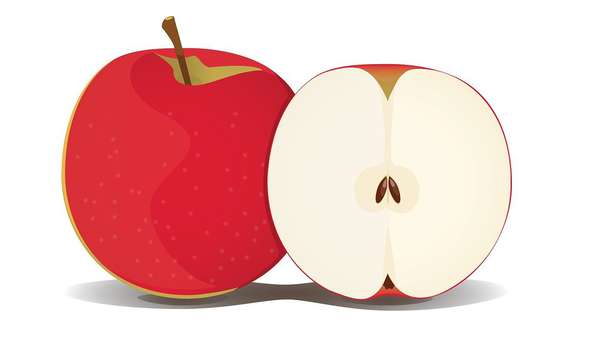
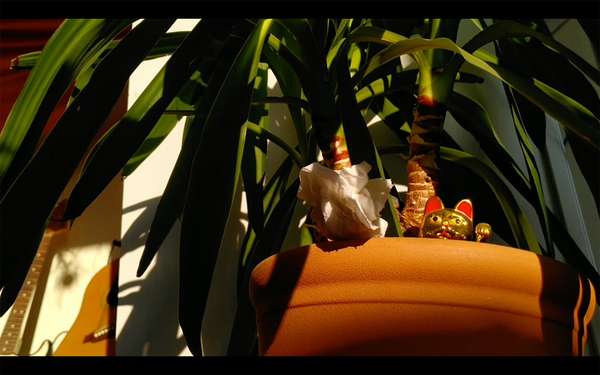
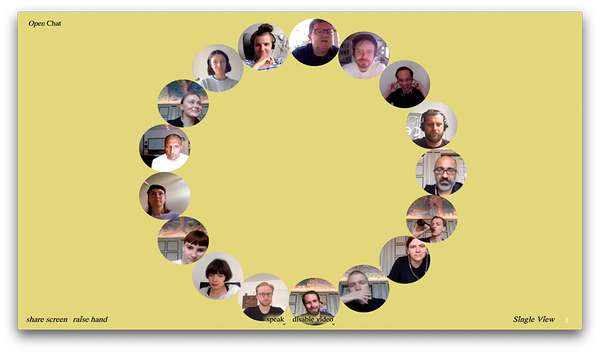

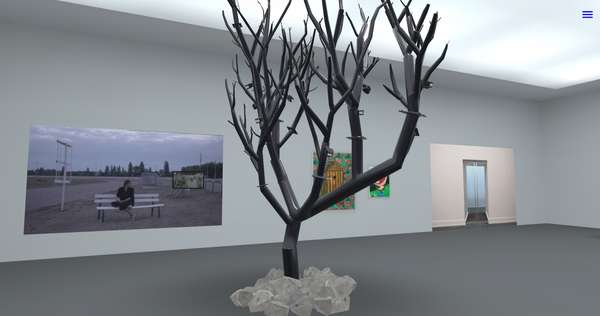

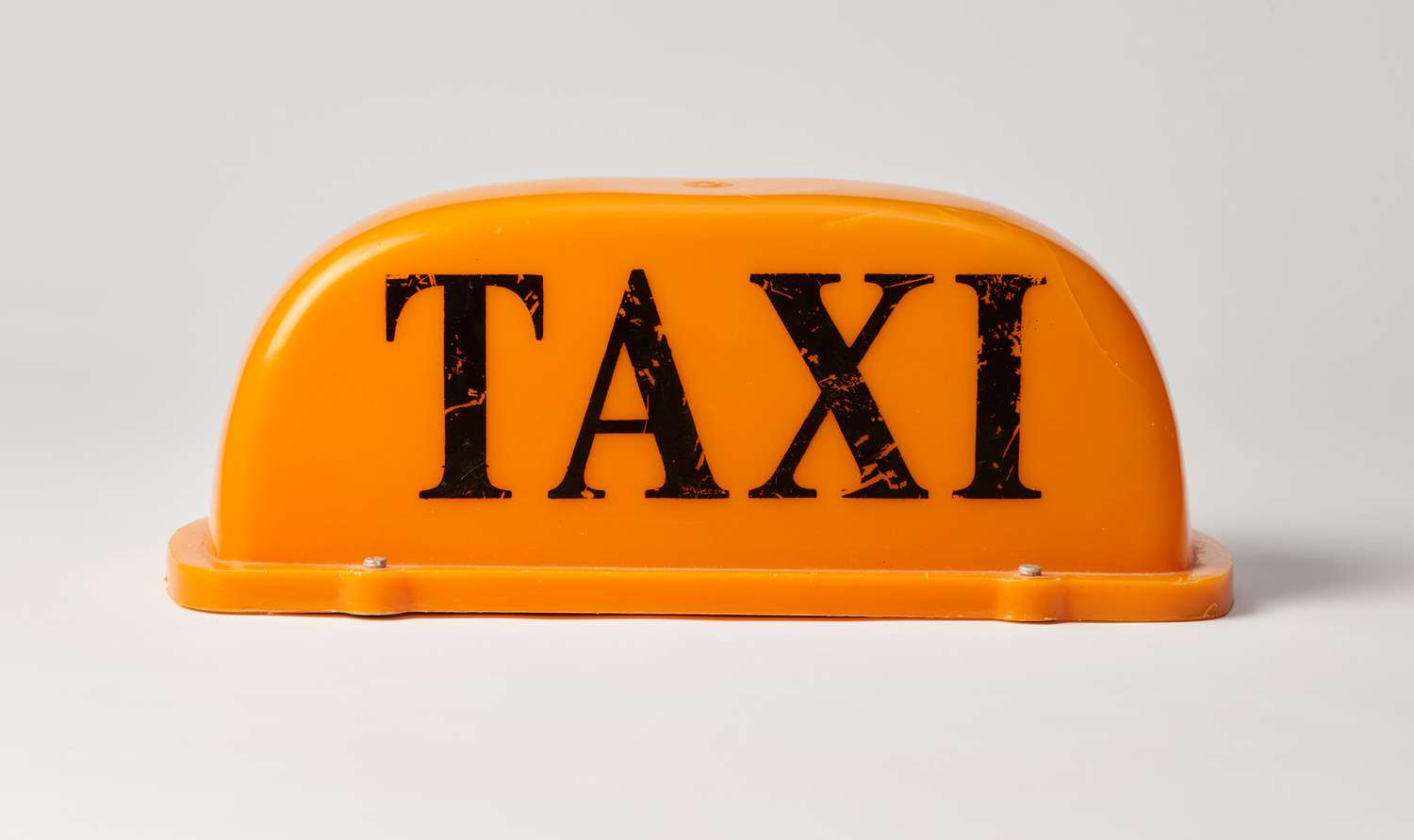
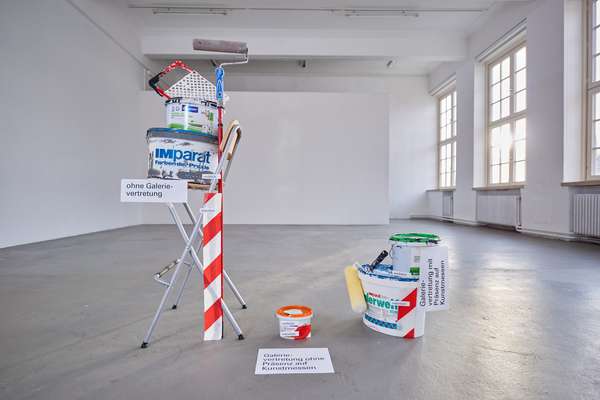
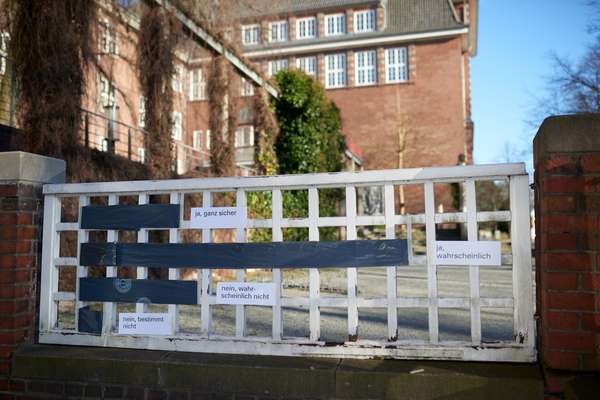
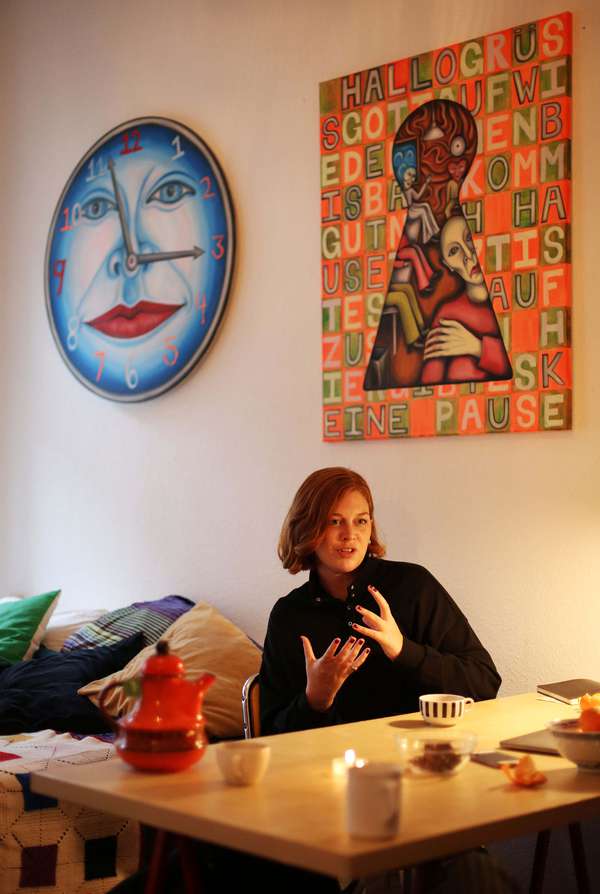
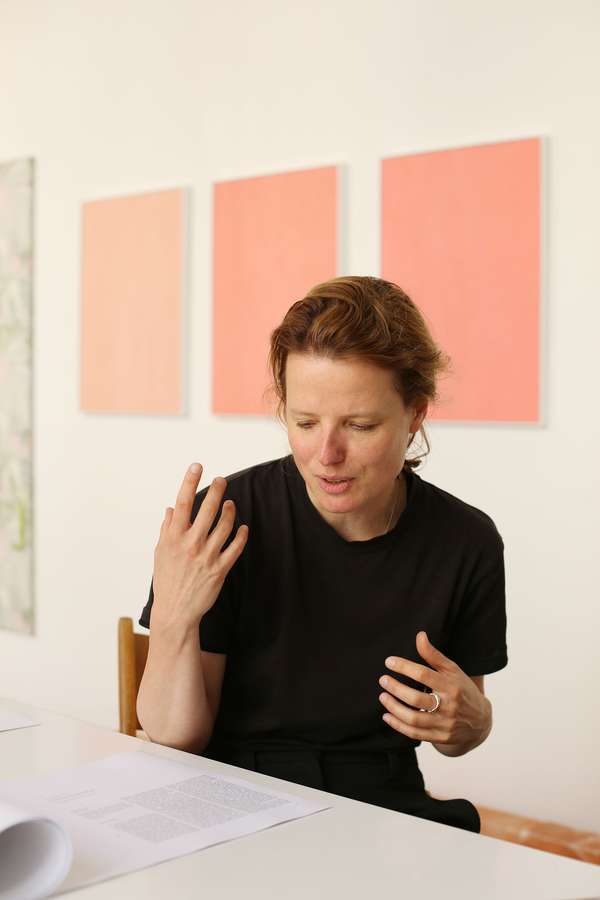
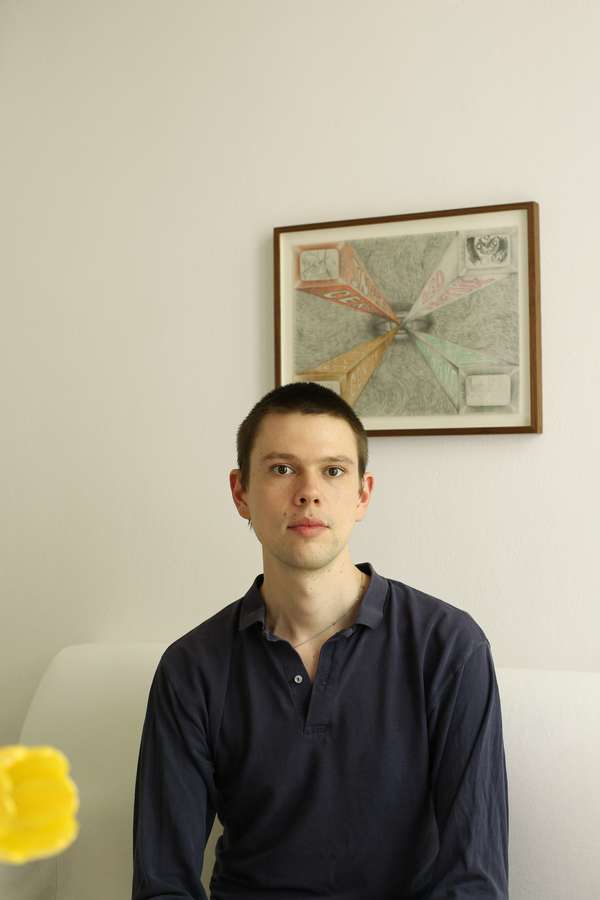
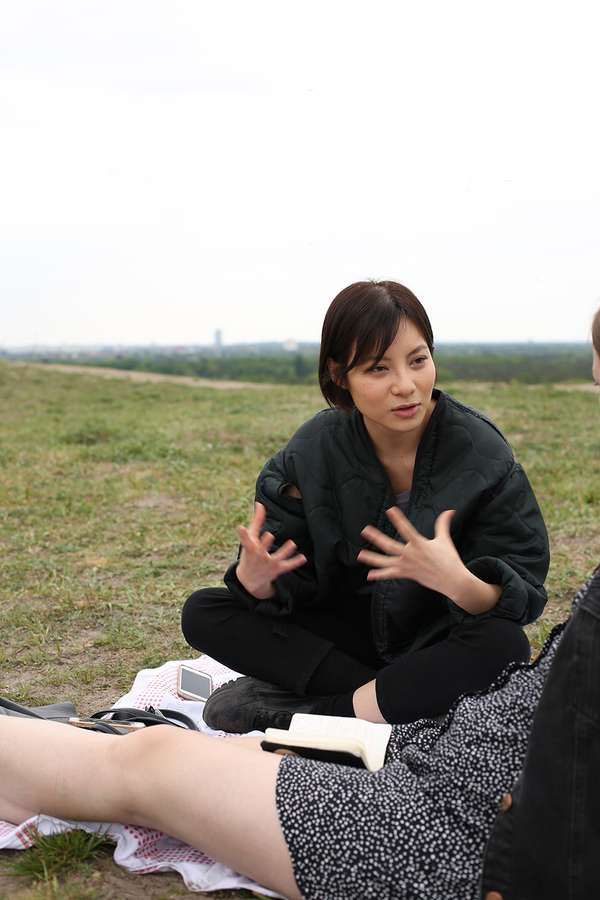
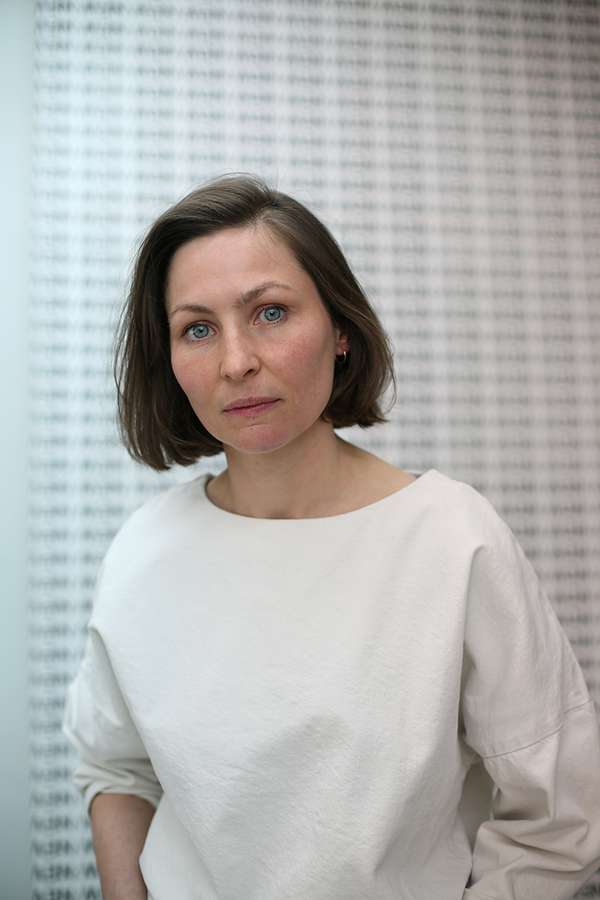
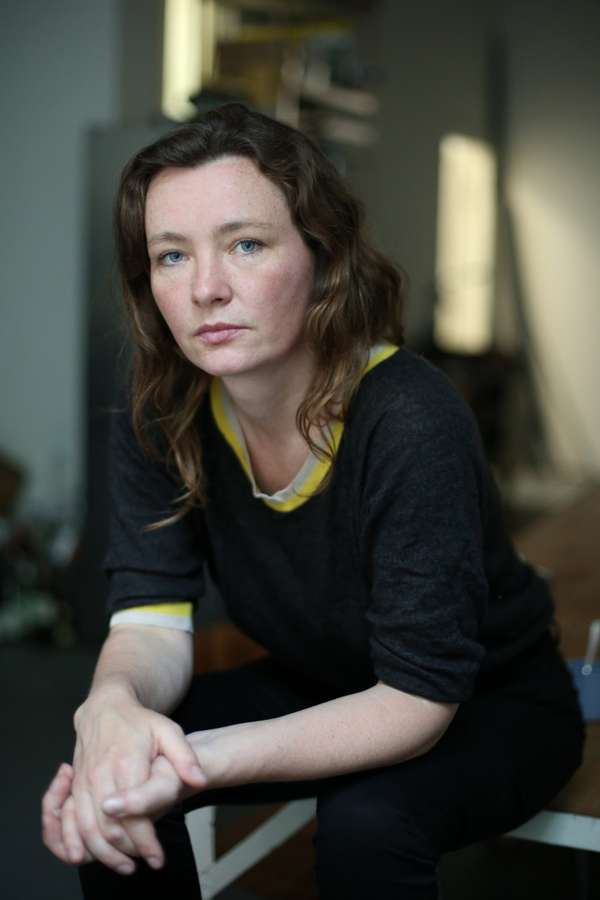
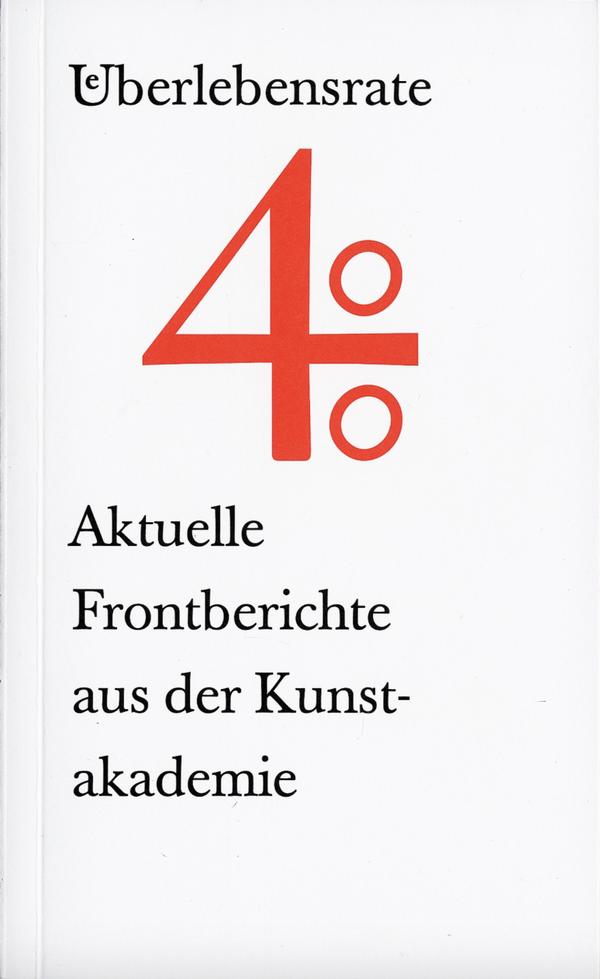
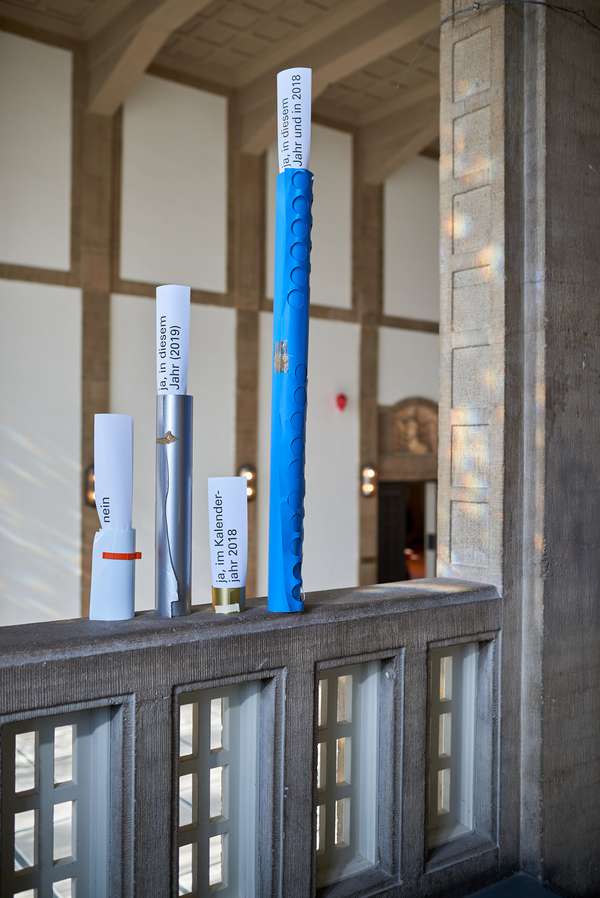
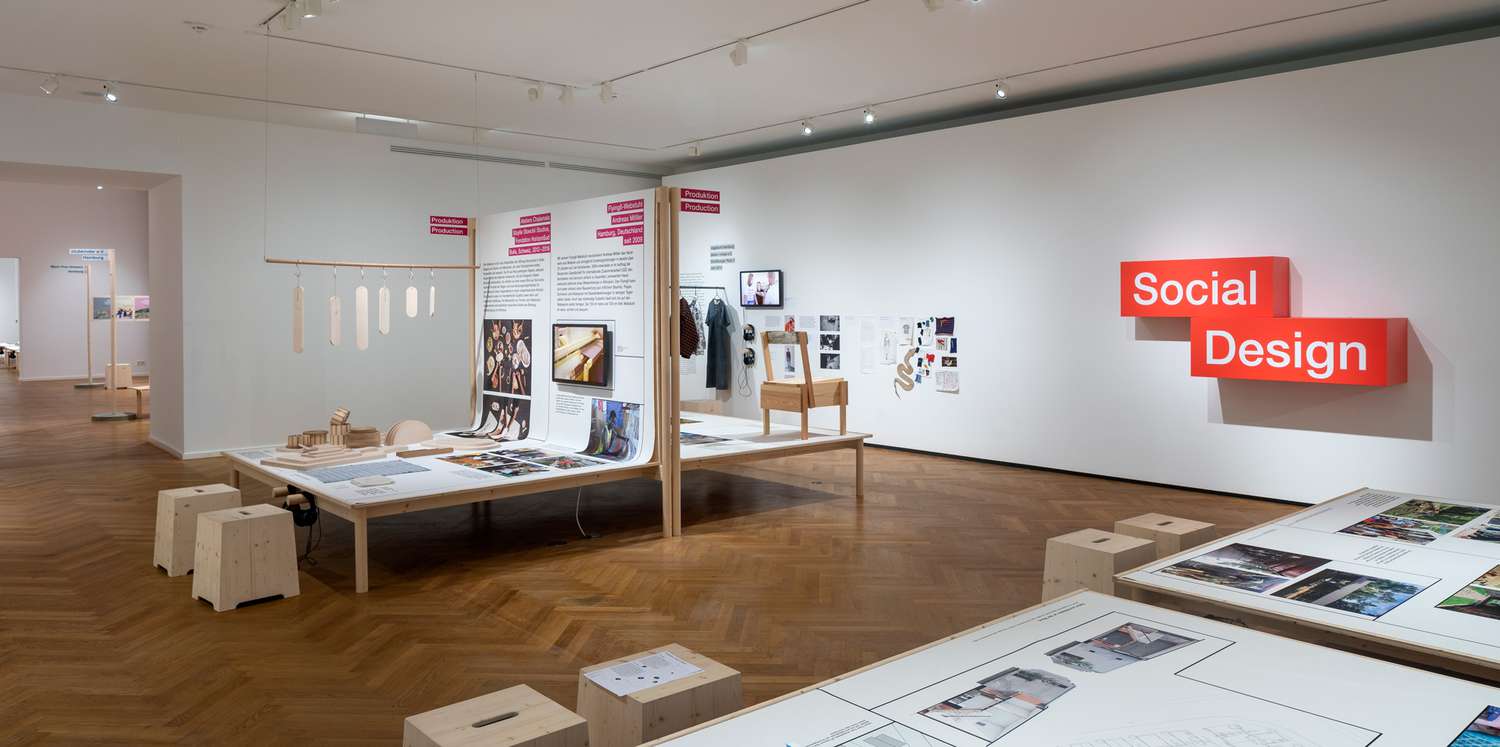
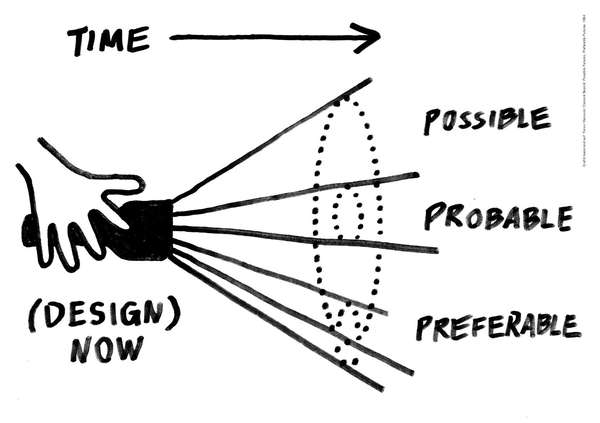
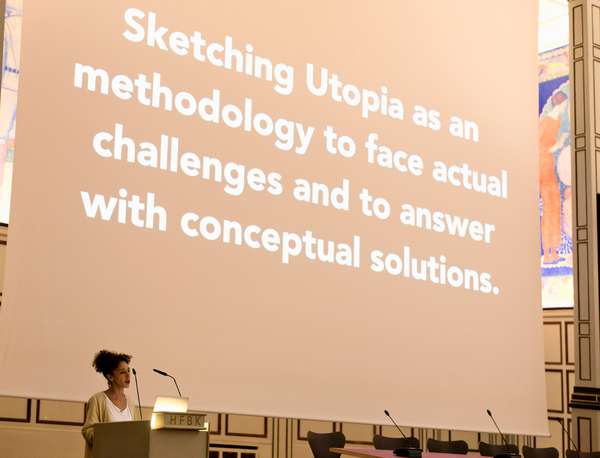
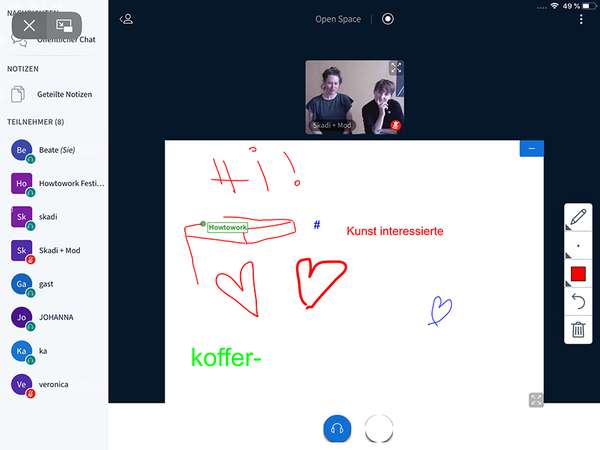
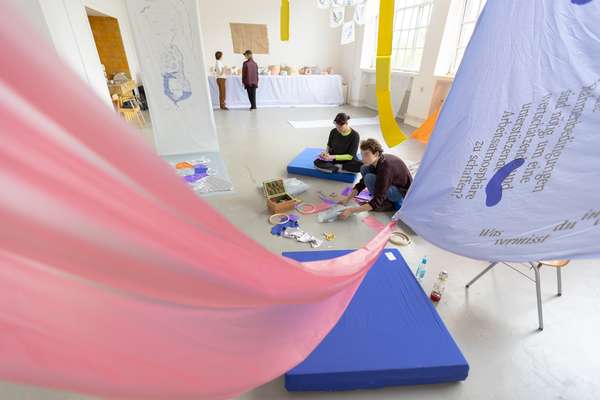
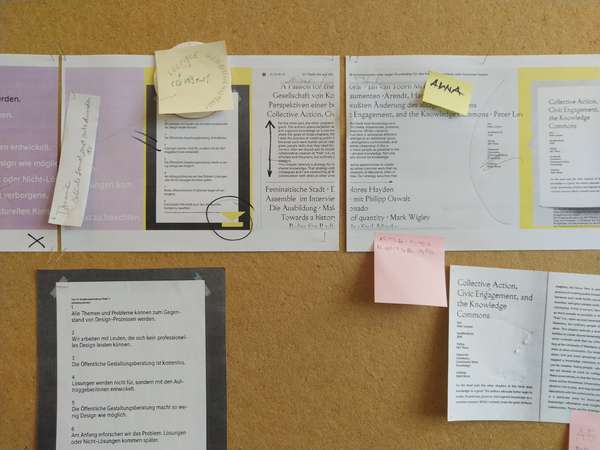
 Graduate Show 2025: Don't stop me now
Graduate Show 2025: Don't stop me now
 Long days, lots to do
Long days, lots to do
 Cine*Ami*es
Cine*Ami*es
 Redesign Democracy – competition for the ballot box of the democratic future
Redesign Democracy – competition for the ballot box of the democratic future
 Art in public space
Art in public space
 How to apply: study at HFBK Hamburg
How to apply: study at HFBK Hamburg
 Annual Exhibition 2025 at the HFBK Hamburg
Annual Exhibition 2025 at the HFBK Hamburg
 The Elephant in The Room – Sculpture today
The Elephant in The Room – Sculpture today
 Hiscox Art Prize 2024
Hiscox Art Prize 2024
 The New Woman
The New Woman
 Doing a PhD at the HFBK Hamburg
Doing a PhD at the HFBK Hamburg
 Graduate Show 2024 - Letting Go
Graduate Show 2024 - Letting Go
 Finkenwerder Art Prize 2024
Finkenwerder Art Prize 2024
 Archives of the Body - The Body in Archiving
Archives of the Body - The Body in Archiving
 New partnership with the School of Arts at the University of Haifa
New partnership with the School of Arts at the University of Haifa
 Annual Exhibition 2024 at the HFBK Hamburg
Annual Exhibition 2024 at the HFBK Hamburg
 (Ex)Changes of / in Art
(Ex)Changes of / in Art
 Extended Libraries
Extended Libraries
 And Still I Rise
And Still I Rise
 Let's talk about language
Let's talk about language
 Graduate Show 2023: Unfinished Business
Graduate Show 2023: Unfinished Business
 Let`s work together
Let`s work together
 Annual Exhibition 2023 at HFBK Hamburg
Annual Exhibition 2023 at HFBK Hamburg
 Symposium: Controversy over documenta fifteen
Symposium: Controversy over documenta fifteen
 Festival and Symposium: Non-Knowledge, Laughter and the Moving Image
Festival and Symposium: Non-Knowledge, Laughter and the Moving Image
 Solo exhibition by Konstantin Grcic
Solo exhibition by Konstantin Grcic
 Art and war
Art and war
 Graduate Show 2022: We’ve Only Just Begun
Graduate Show 2022: We’ve Only Just Begun
 June is full of art and theory
June is full of art and theory
 Finkenwerder Art Prize 2022
Finkenwerder Art Prize 2022
 Nachhaltigkeit im Kontext von Kunst und Kunsthochschule
Nachhaltigkeit im Kontext von Kunst und Kunsthochschule
 Raum für die Kunst
Raum für die Kunst
 Annual Exhibition 2022 at the HFBK
Annual Exhibition 2022 at the HFBK
 Conference: Counter-Monuments and Para-Monuments.
Conference: Counter-Monuments and Para-Monuments.
 Diversity
Diversity
 Live und in Farbe: die ASA Open Studios im Juni 2021
Live und in Farbe: die ASA Open Studios im Juni 2021
 Unlearning: Wartenau Assemblies
Unlearning: Wartenau Assemblies
 School of No Consequences
School of No Consequences
 Annual Exhibition 2021 at the HFBK
Annual Exhibition 2021 at the HFBK
 Semestereröffnung und Hiscox-Preisverleihung 2020
Semestereröffnung und Hiscox-Preisverleihung 2020
 Teaching Art Online at the HFBK
Teaching Art Online at the HFBK
 HFBK Graduate Survey
HFBK Graduate Survey
 How political is Social Design?
How political is Social Design?